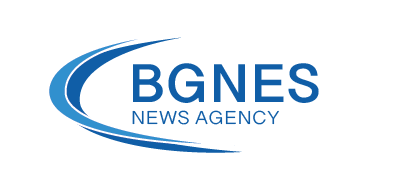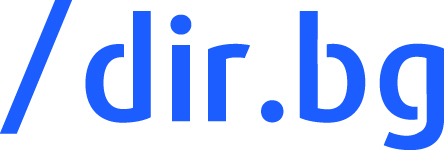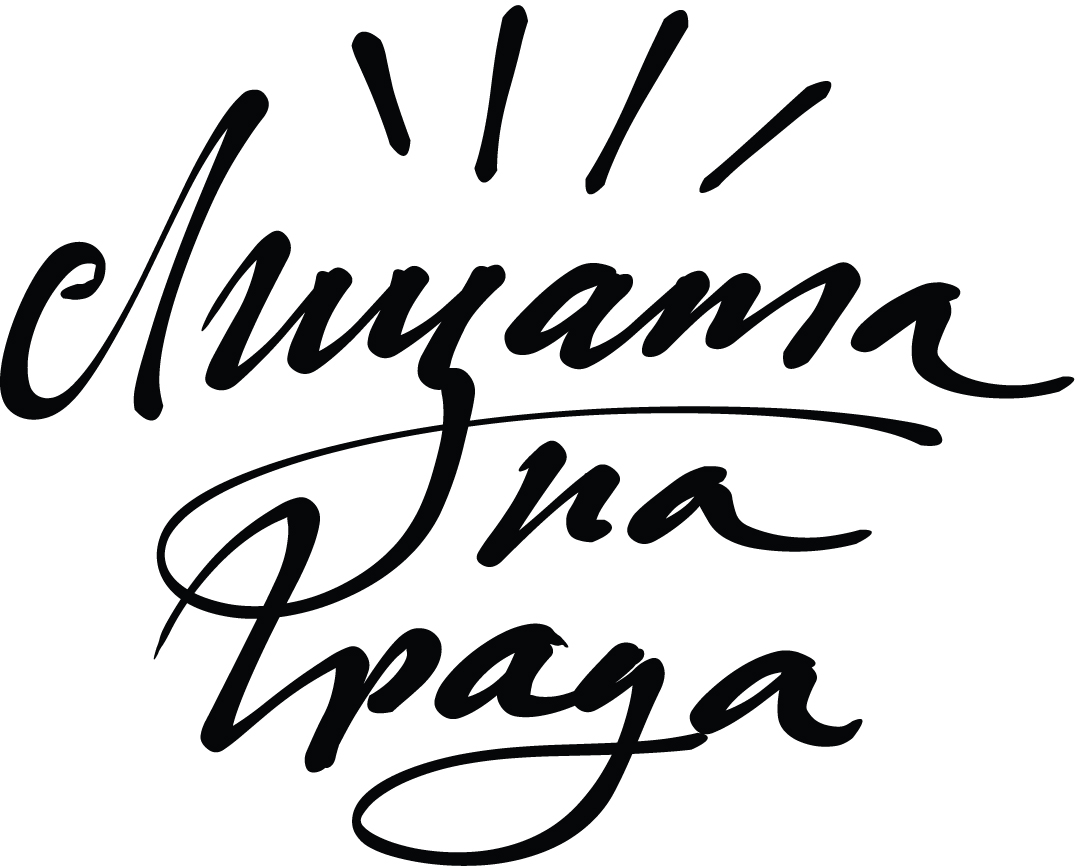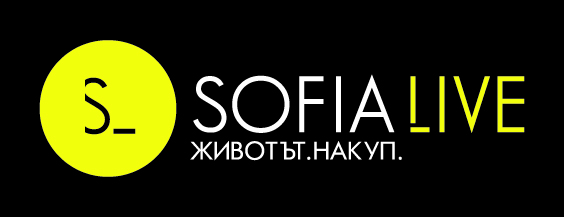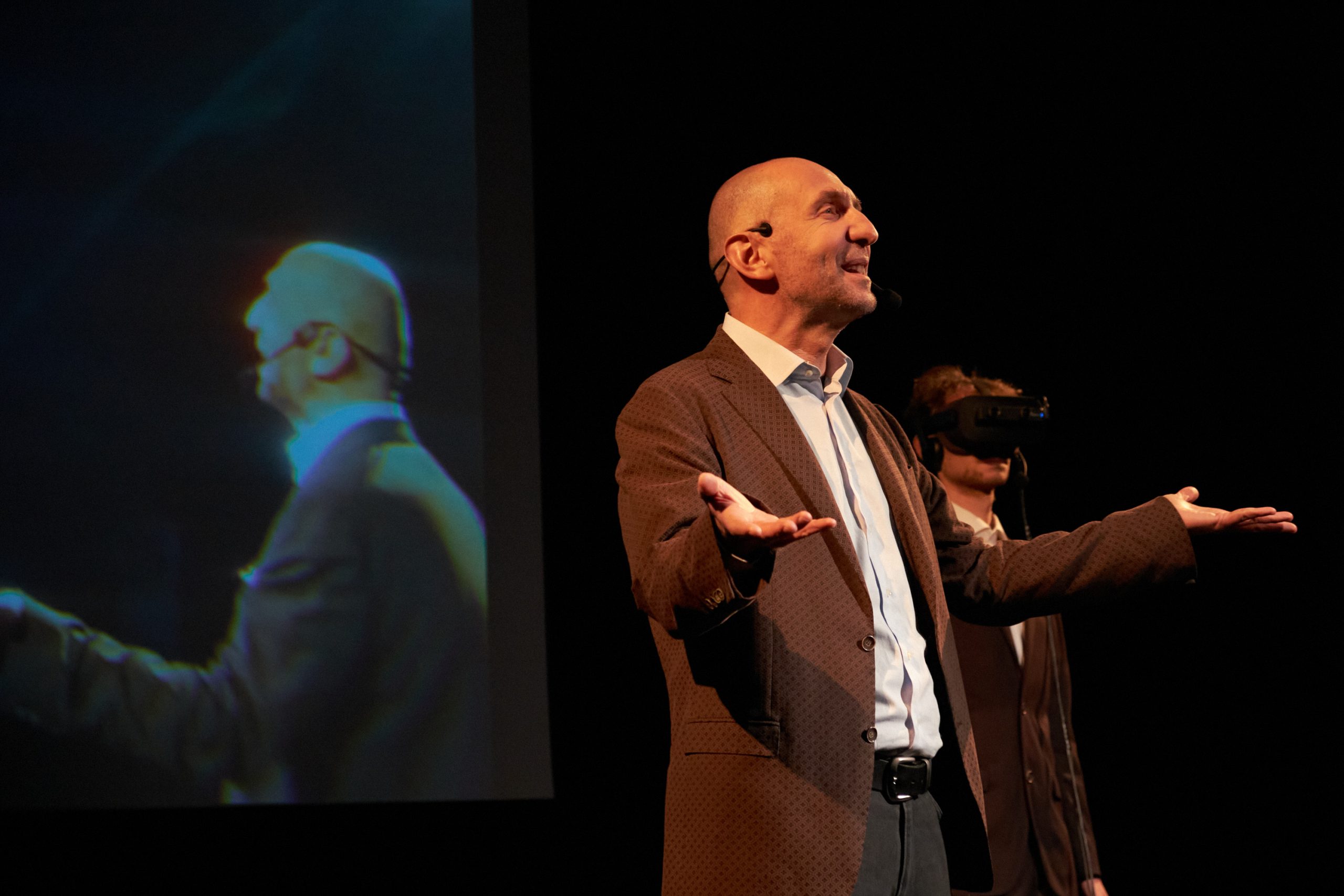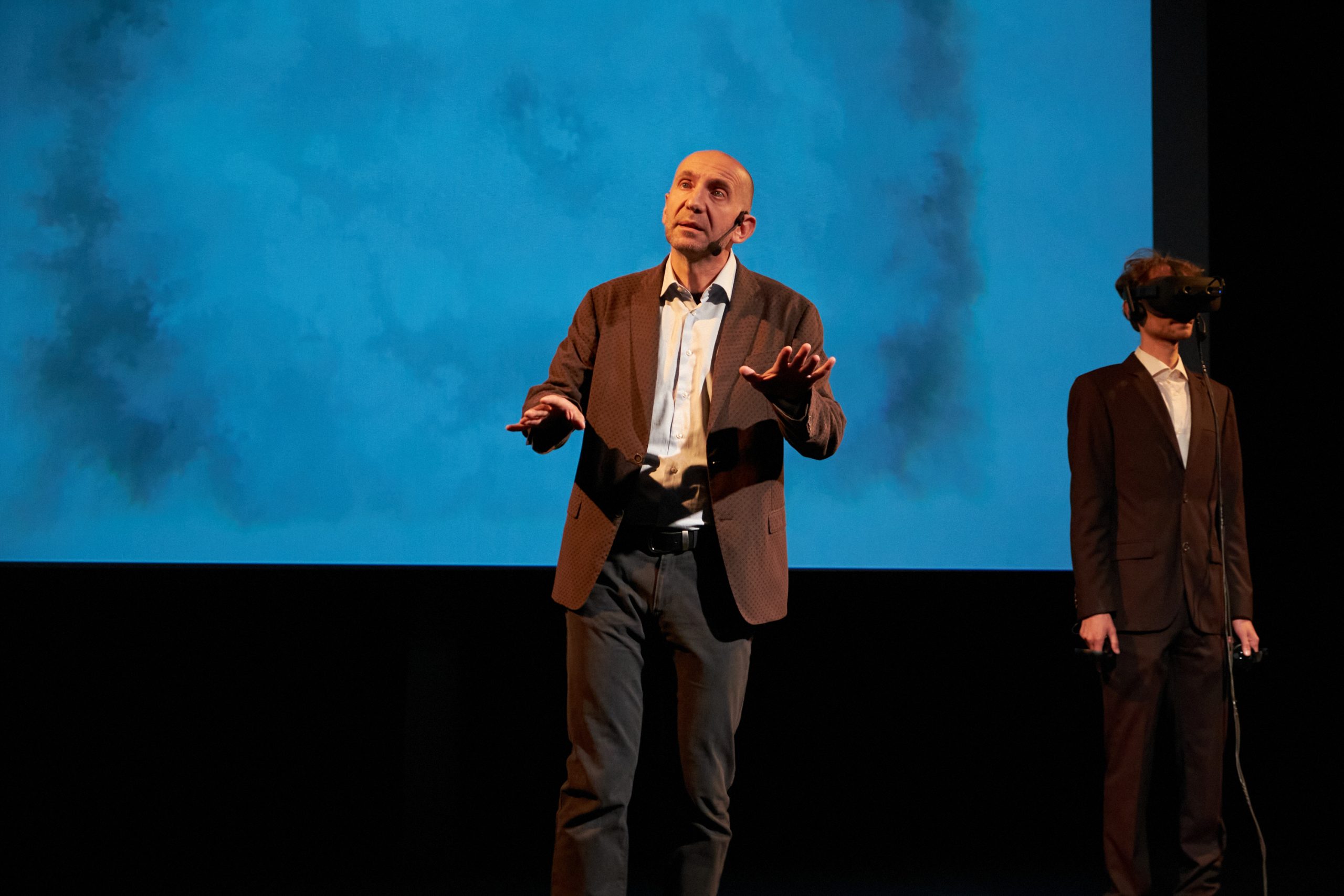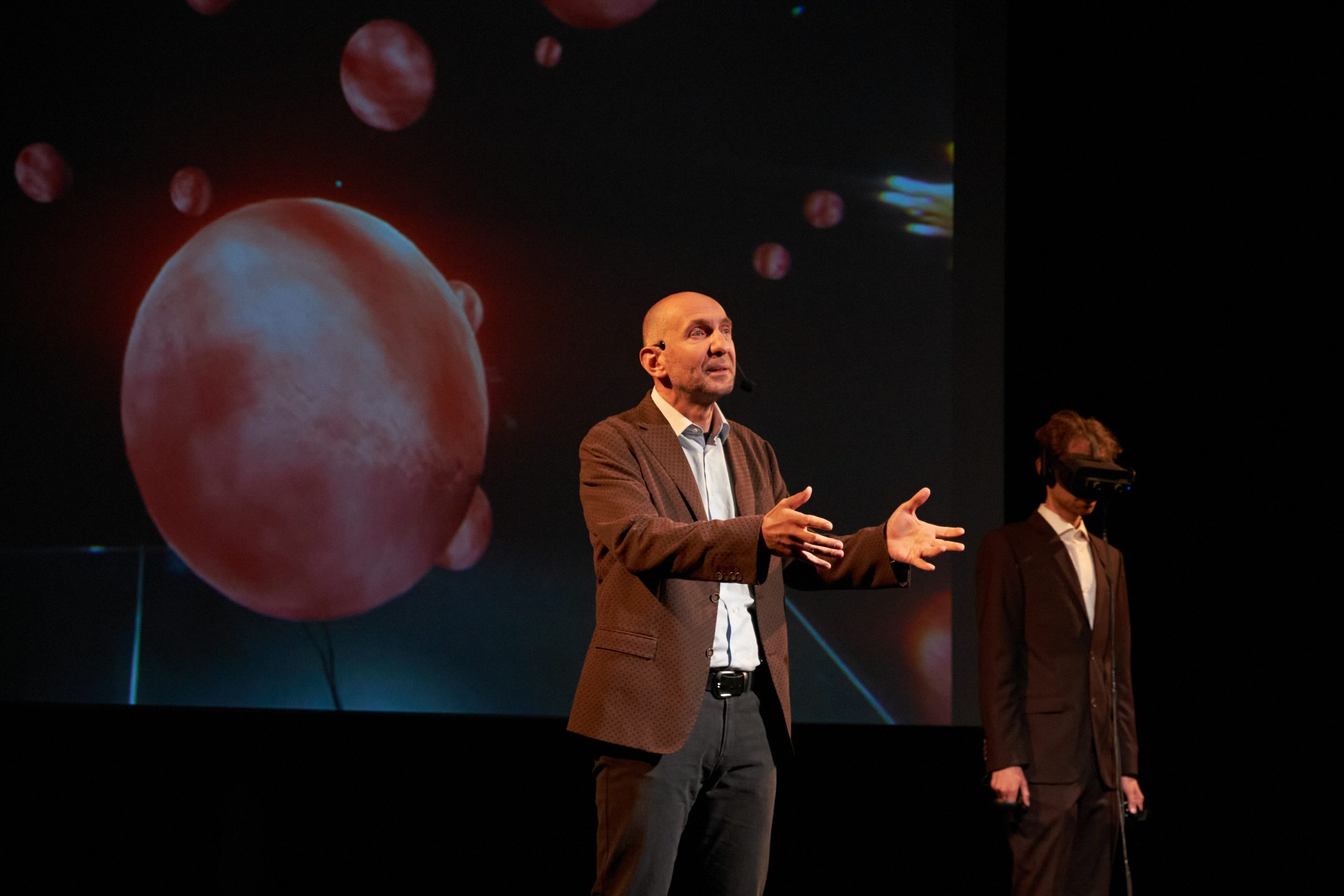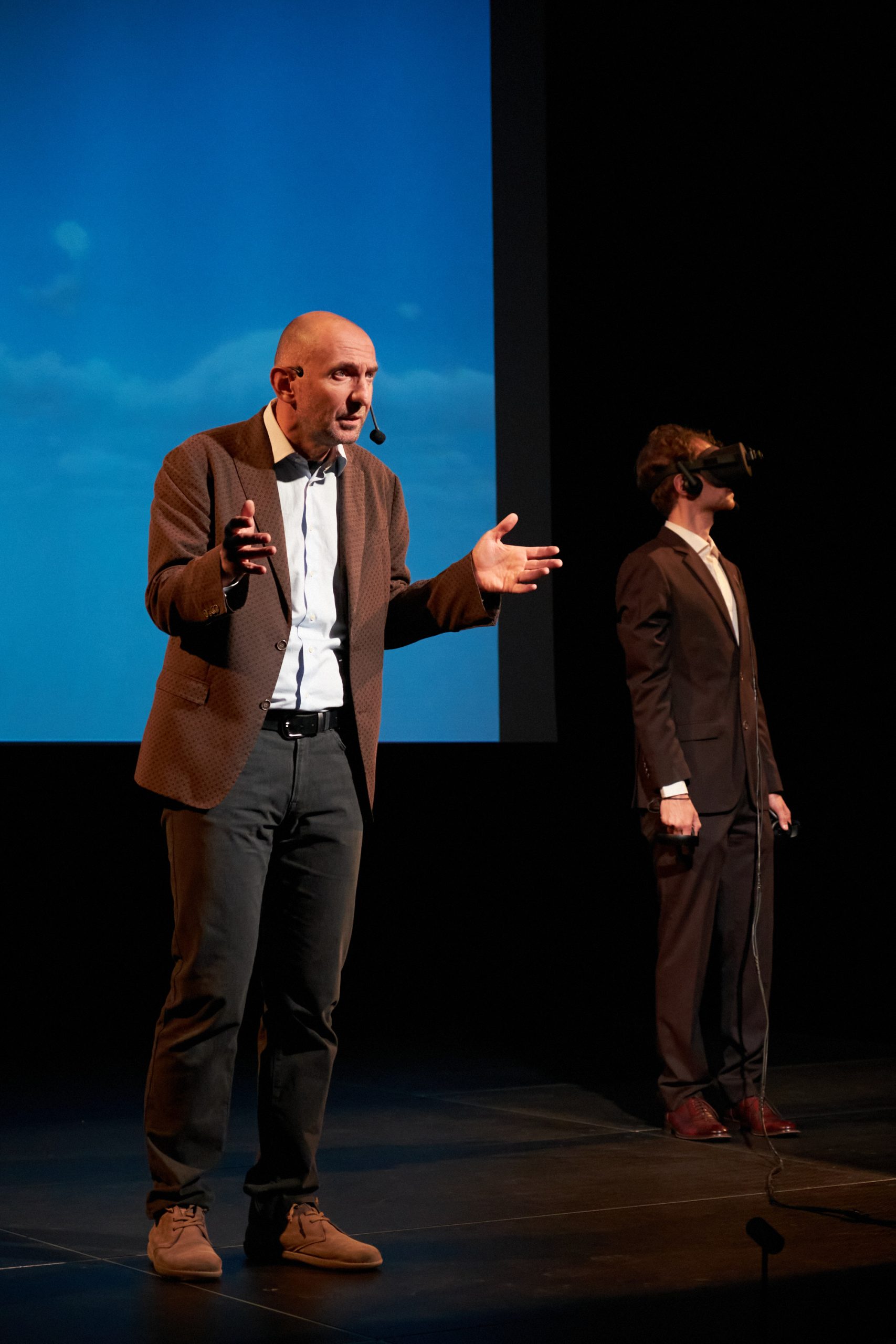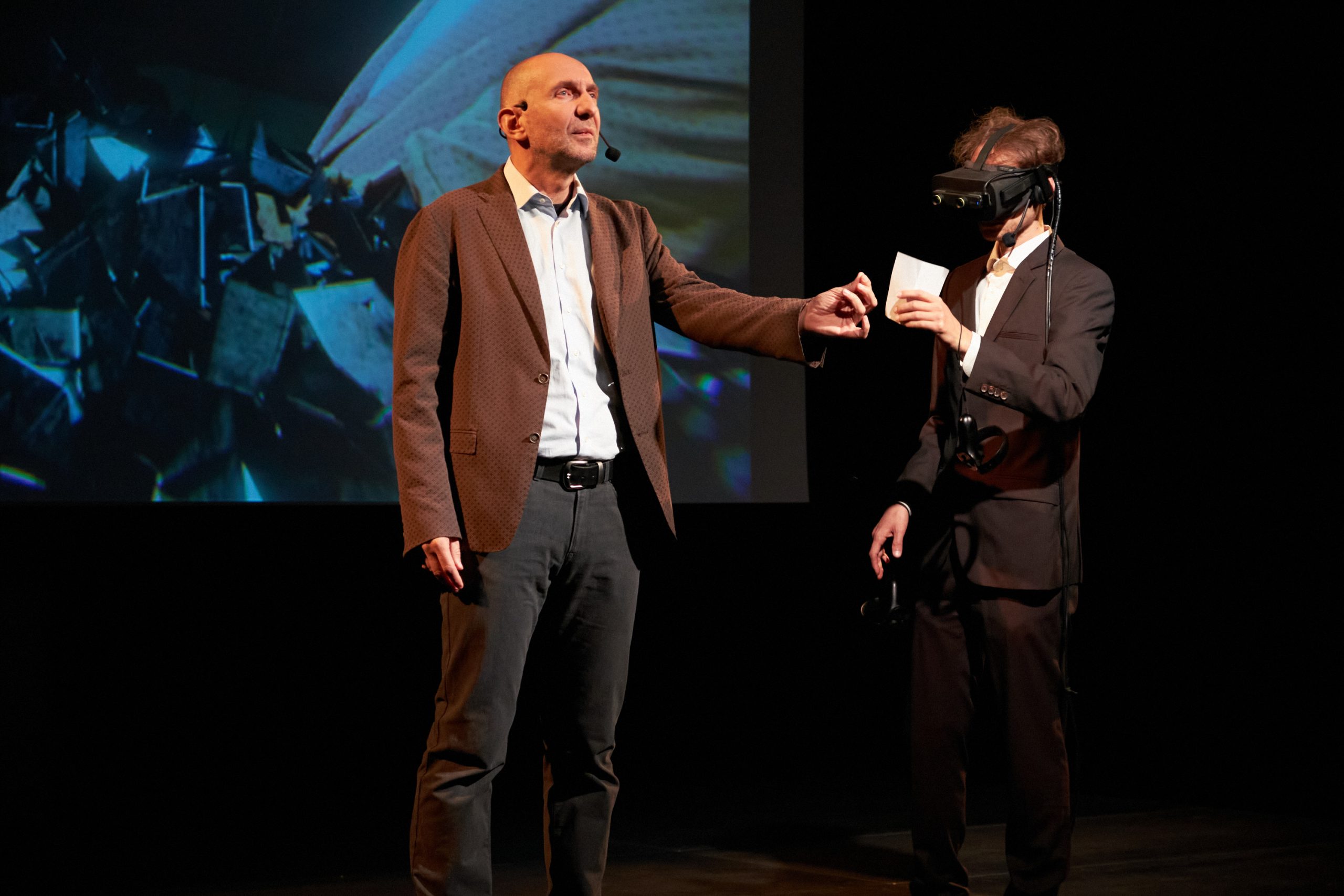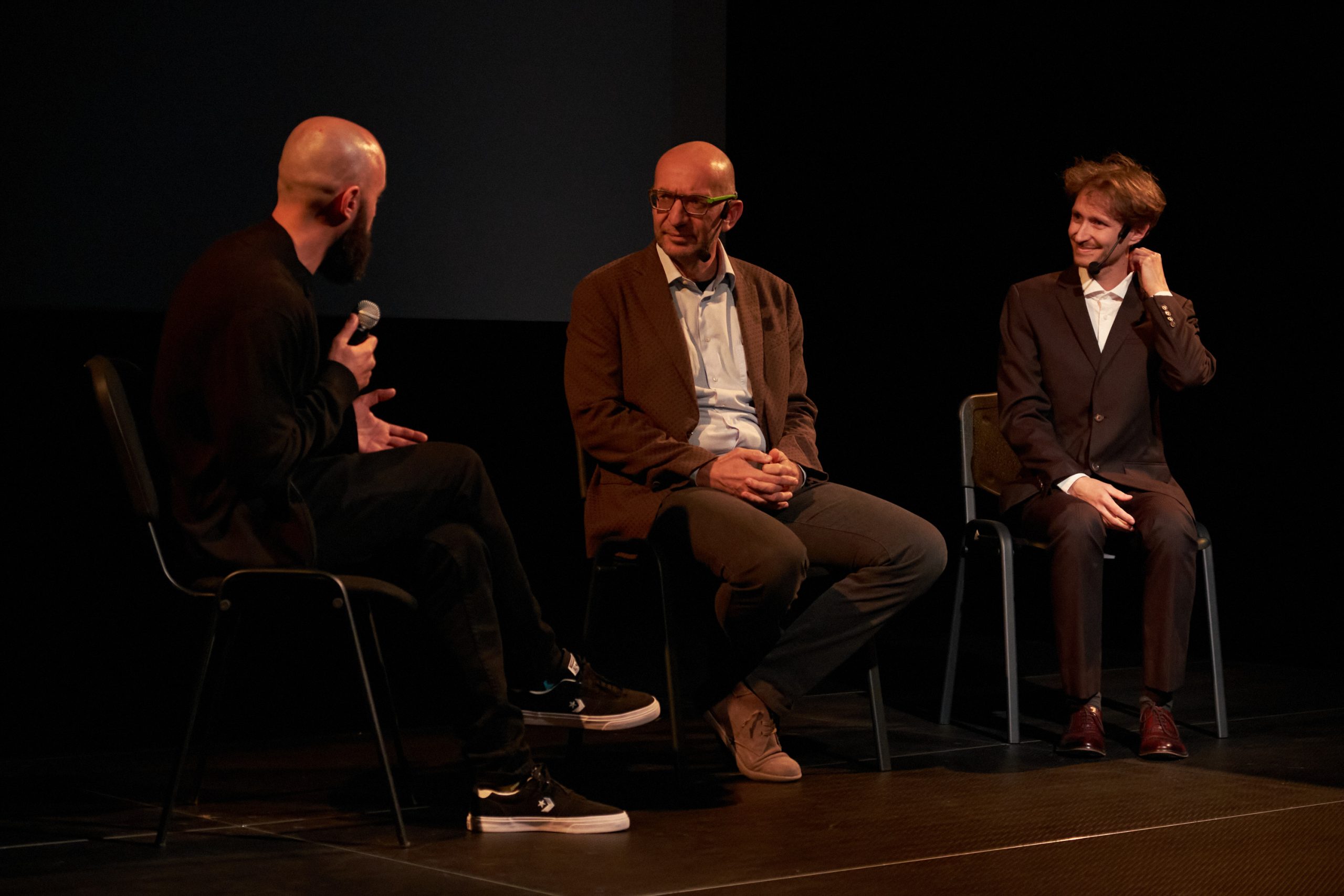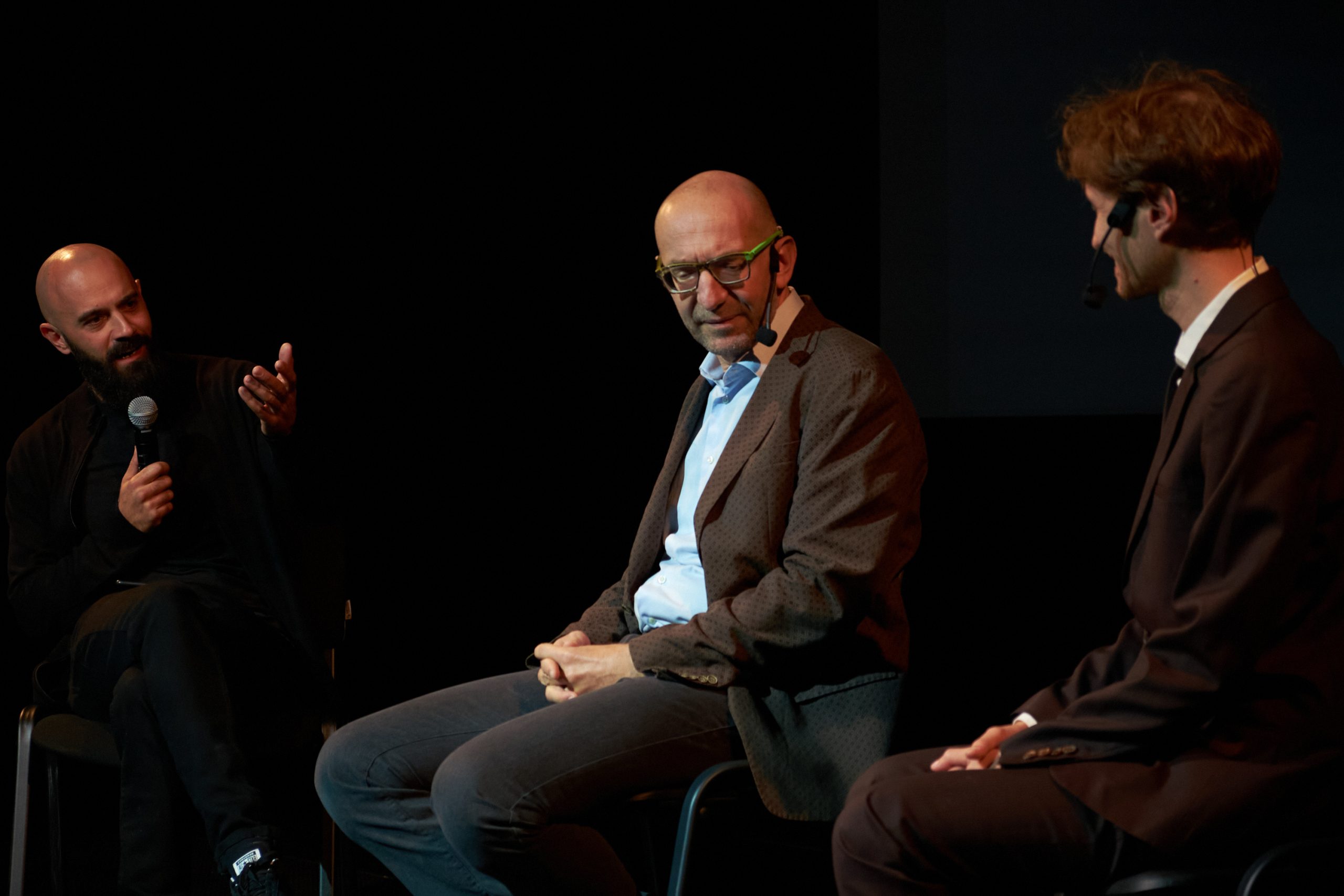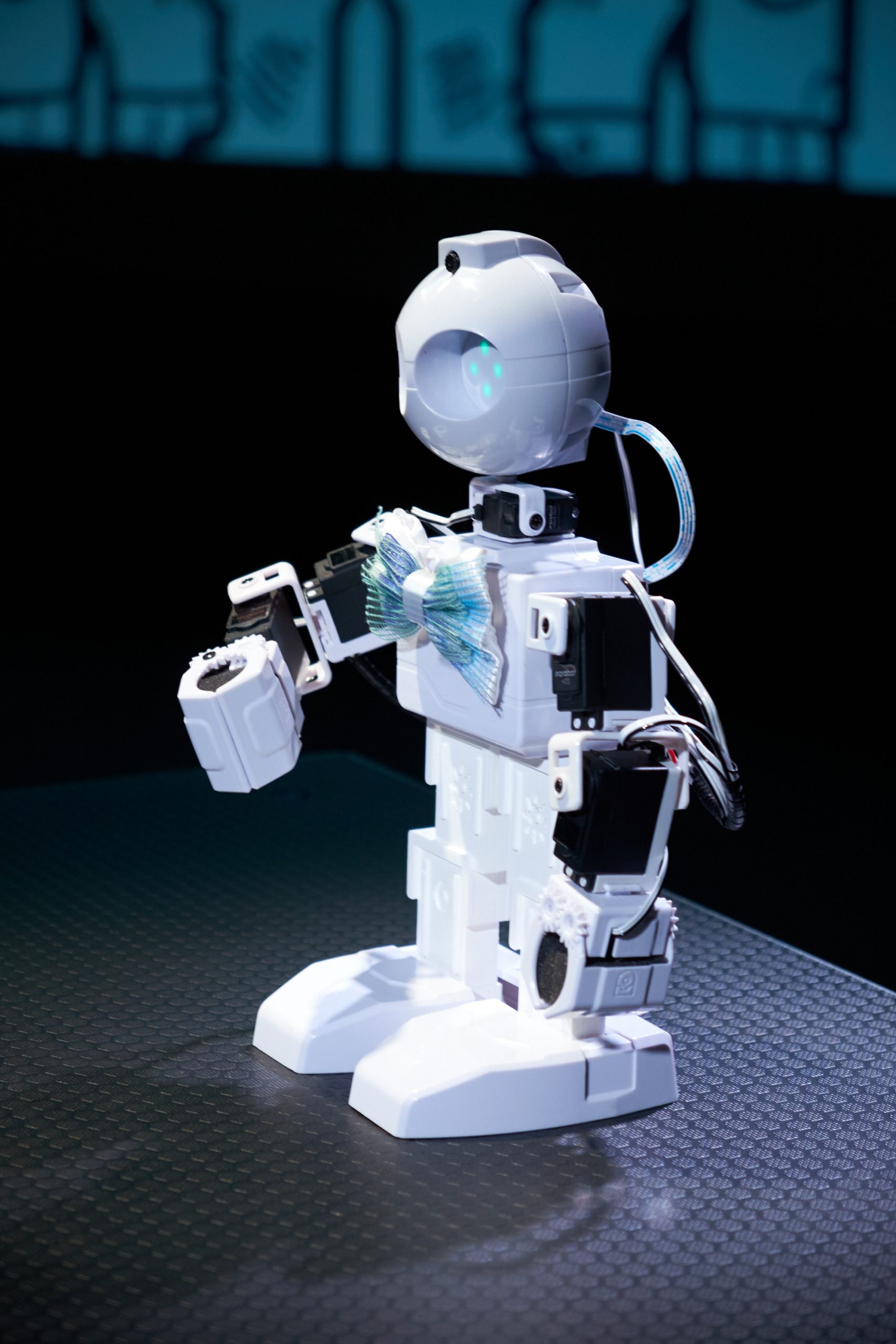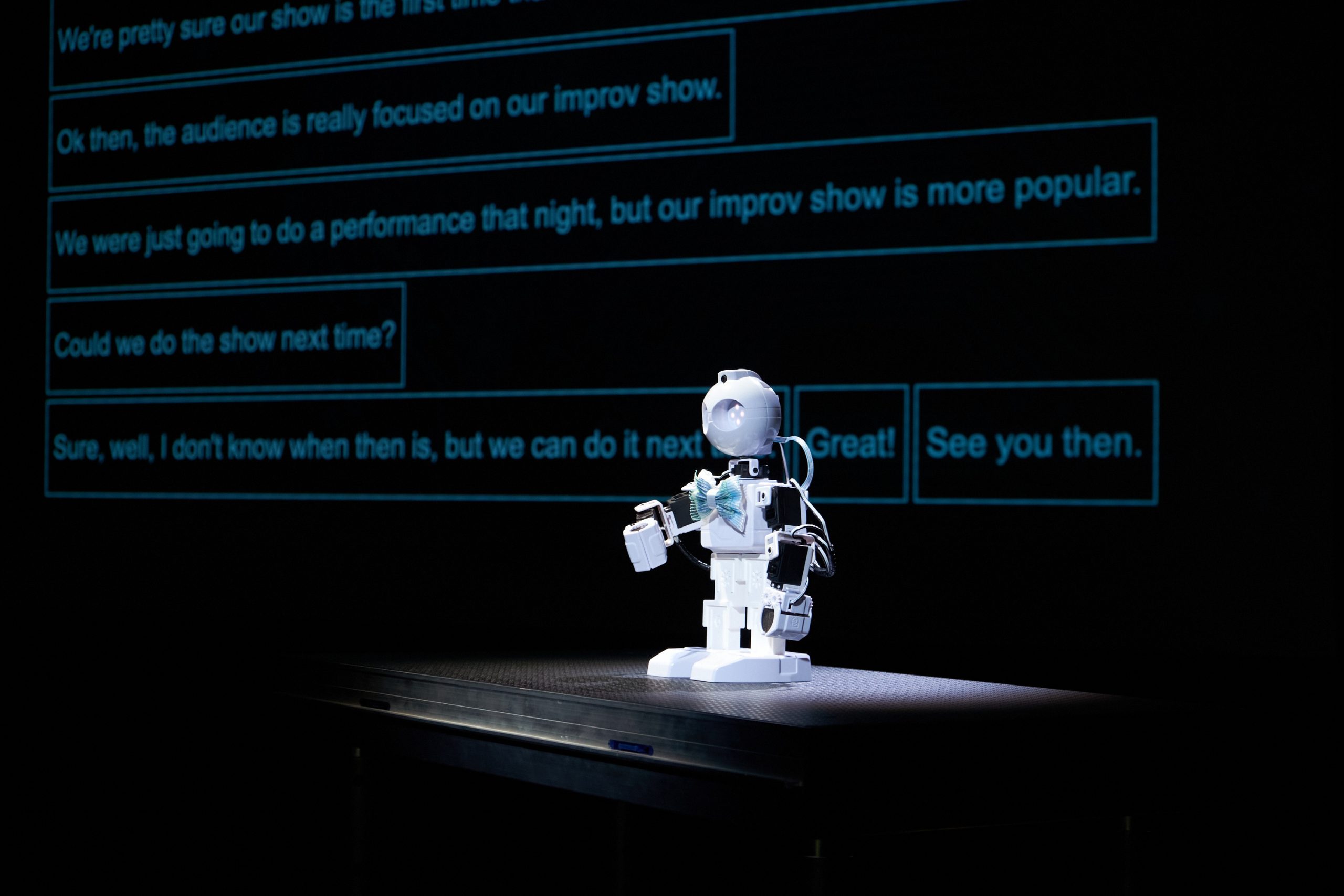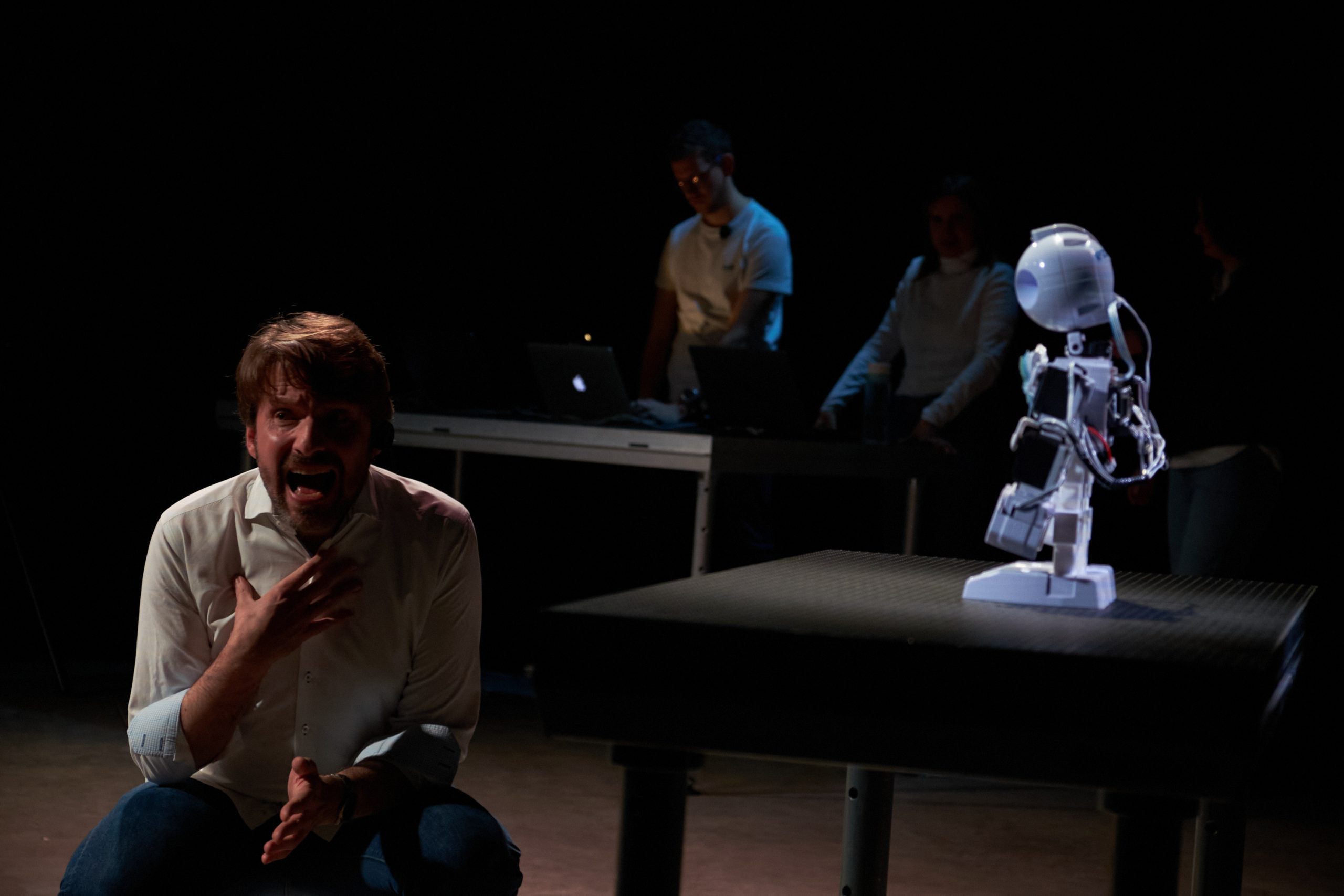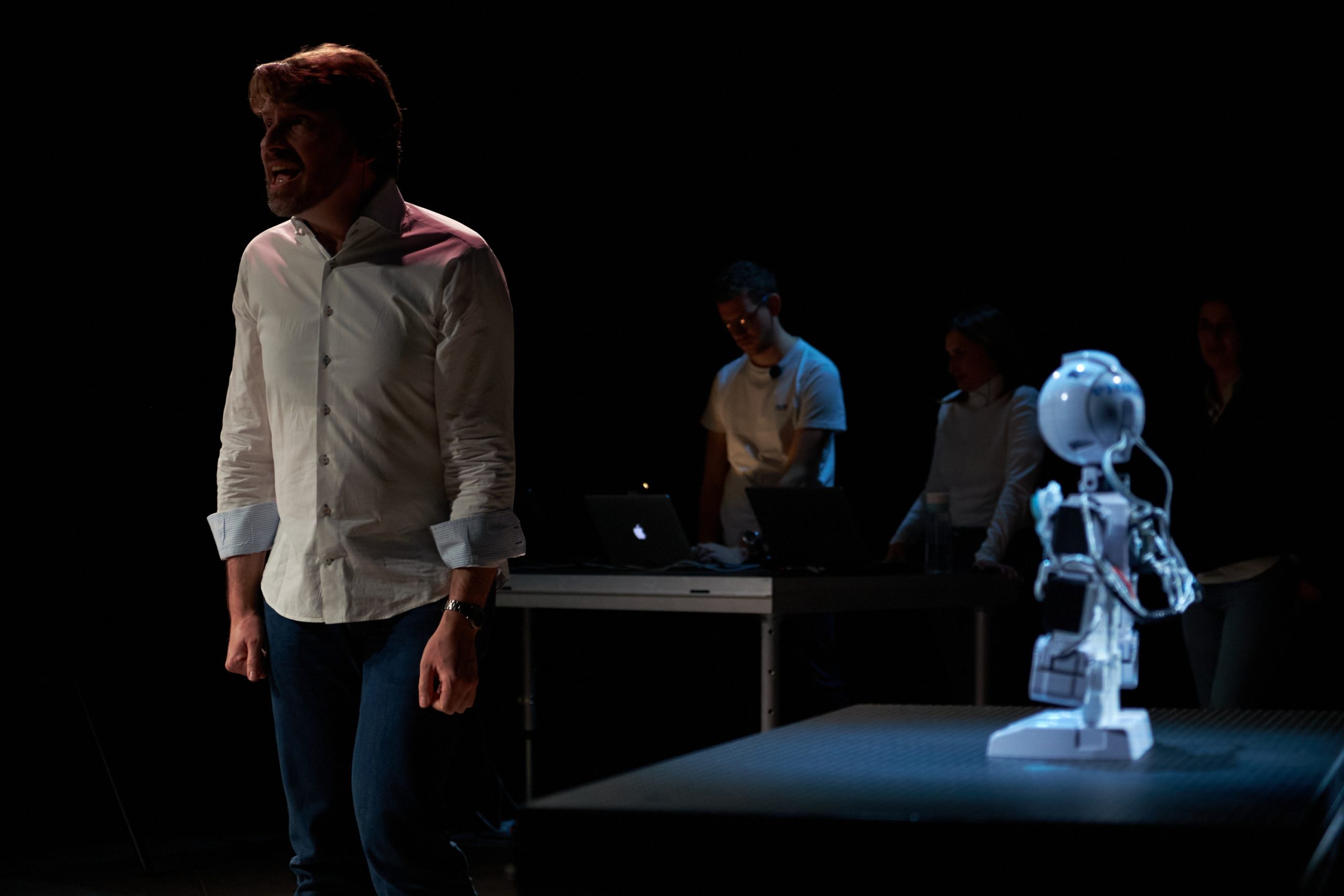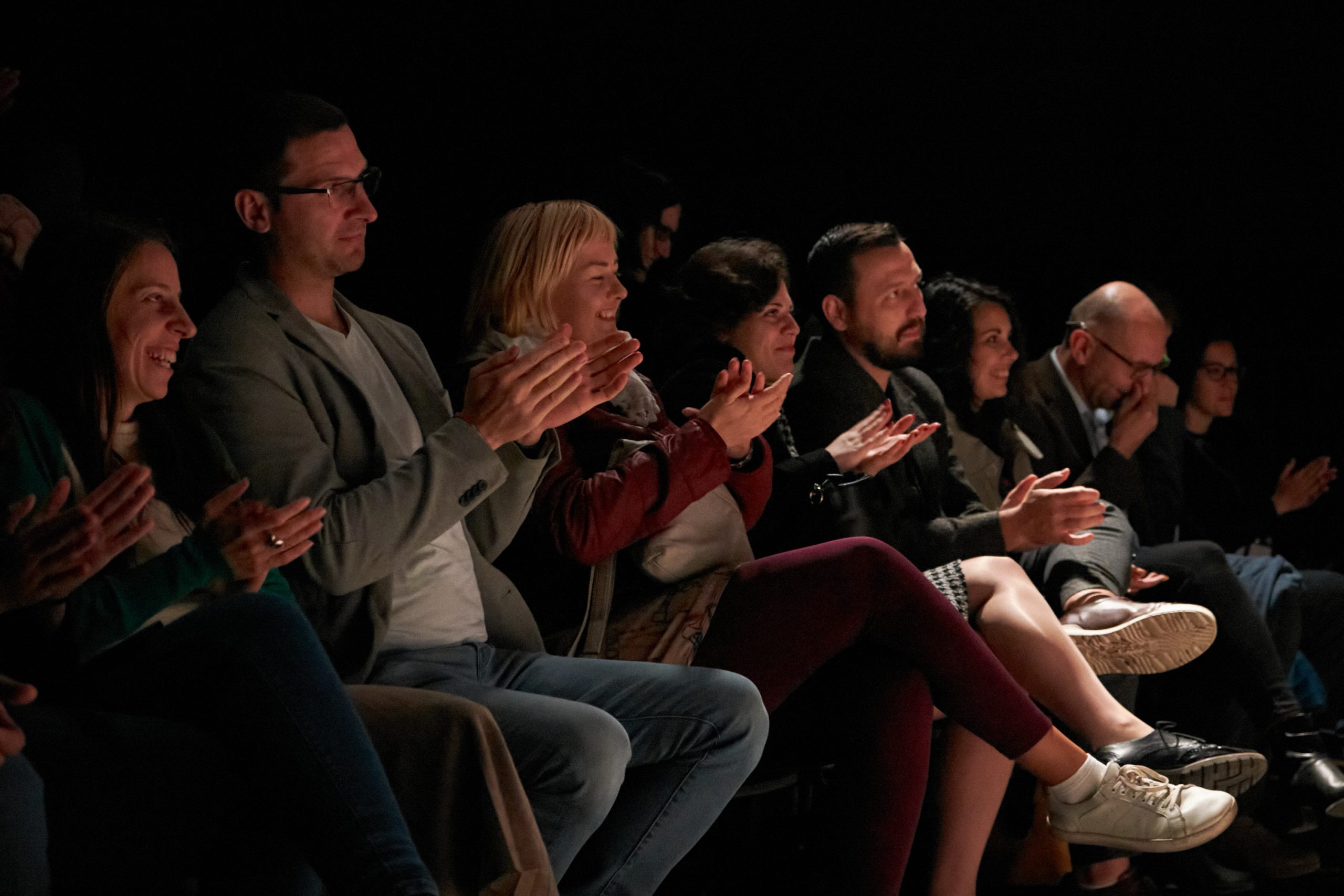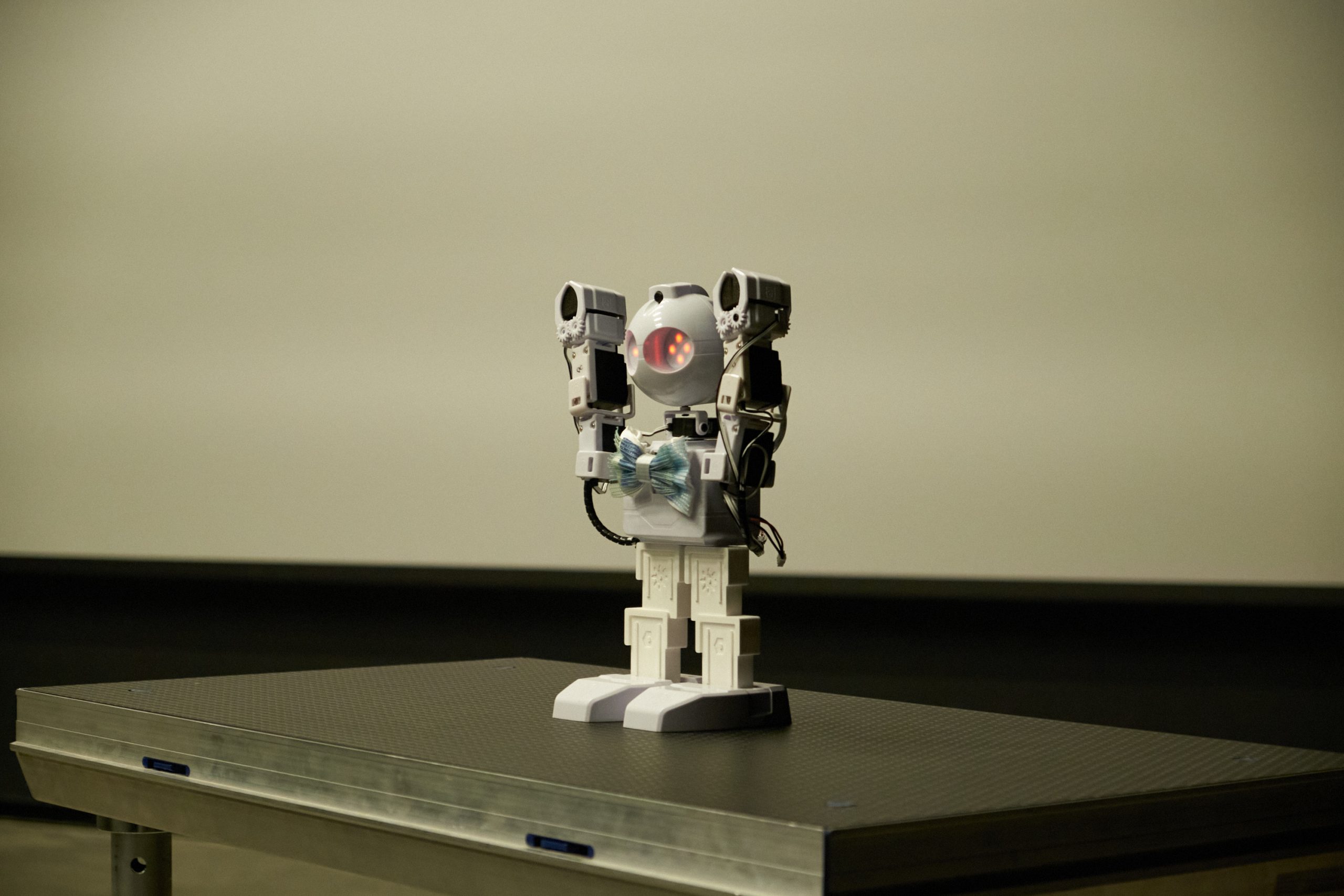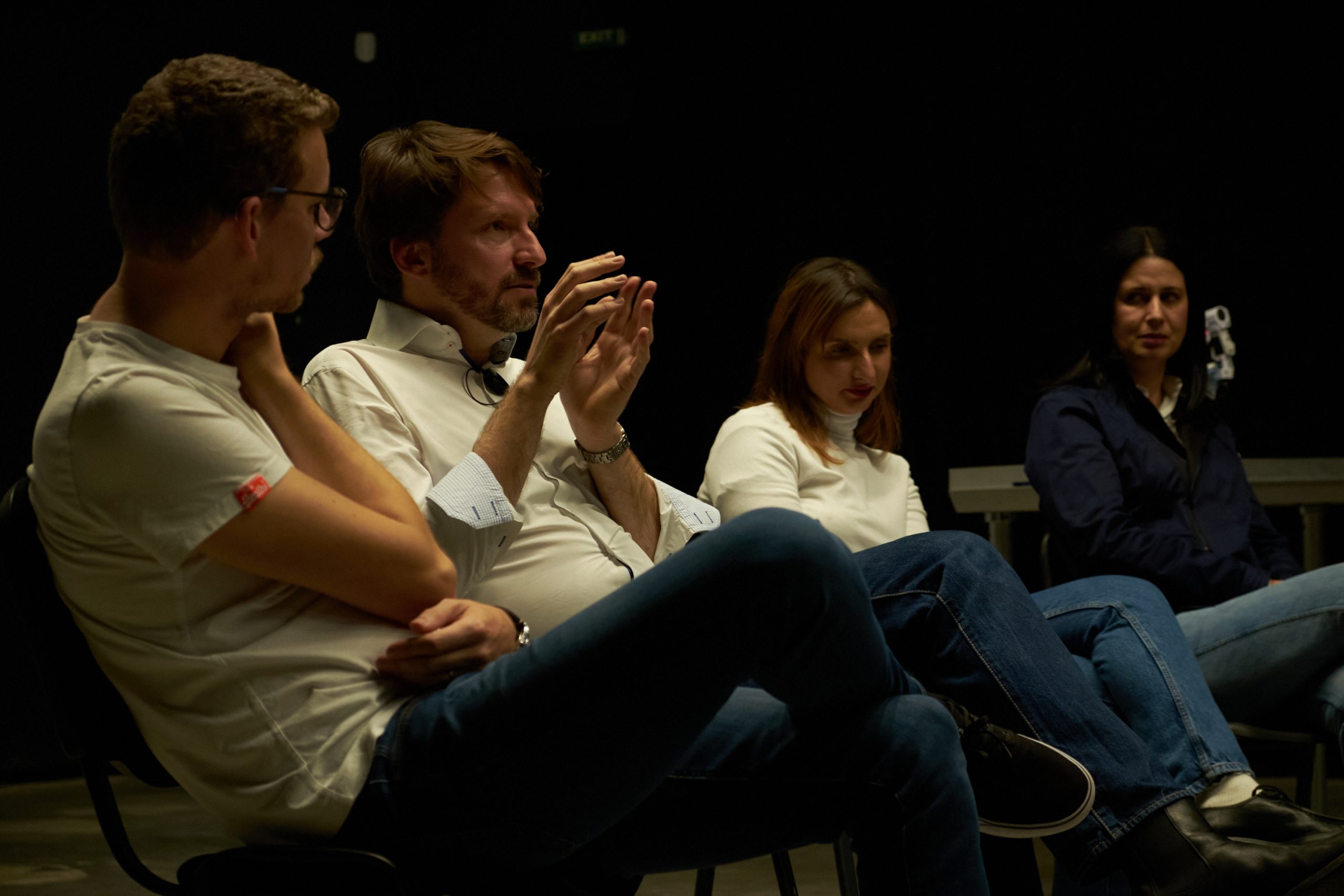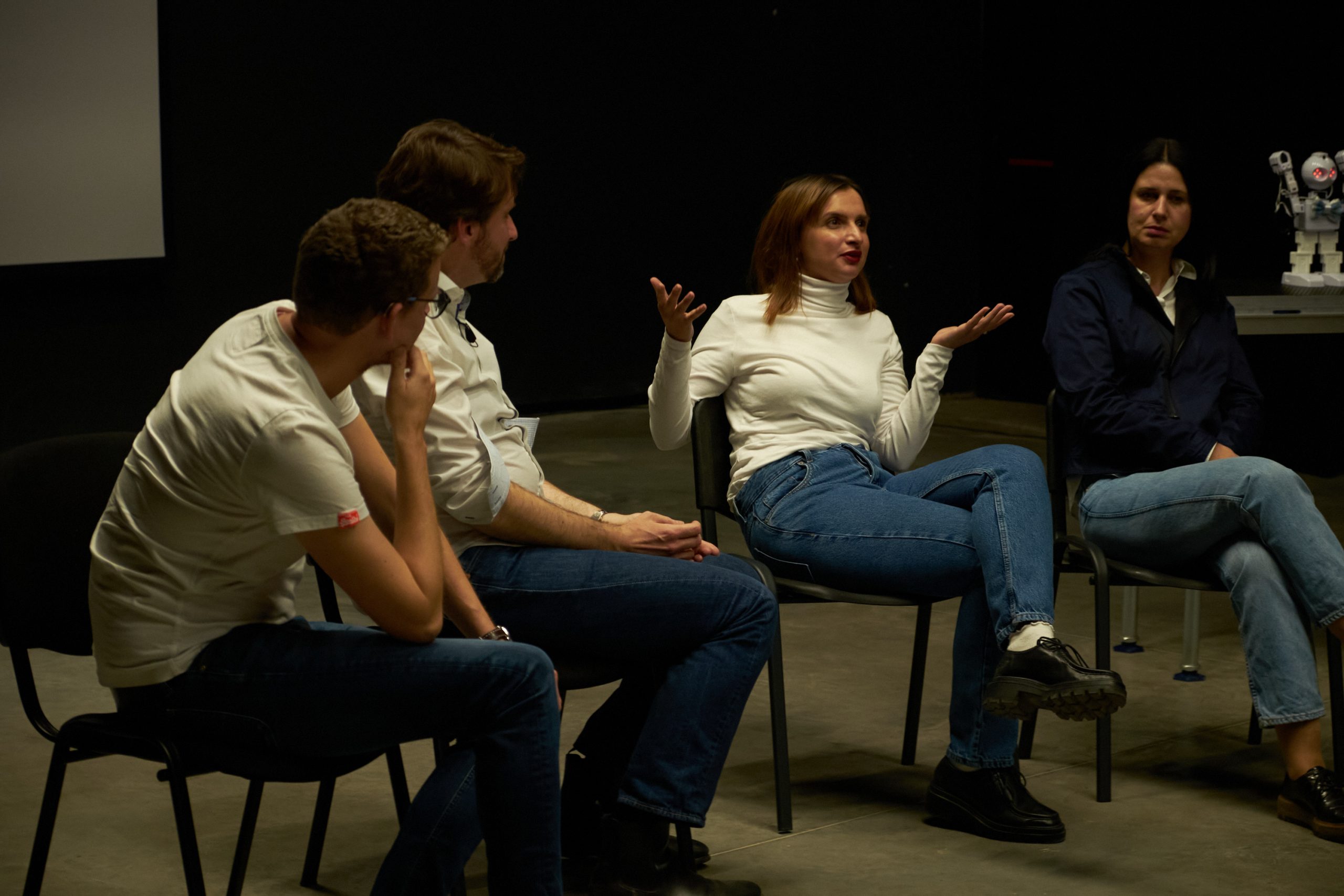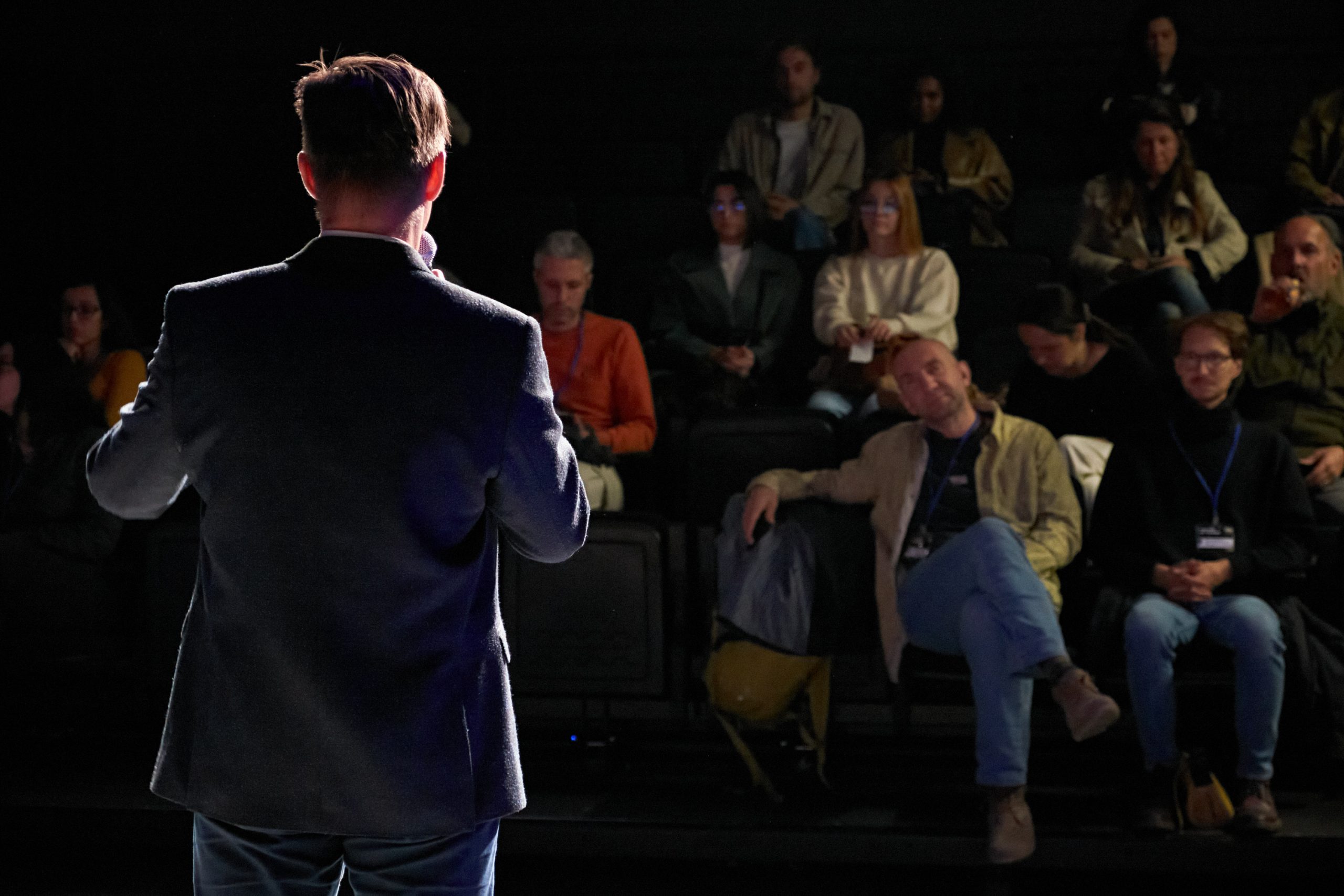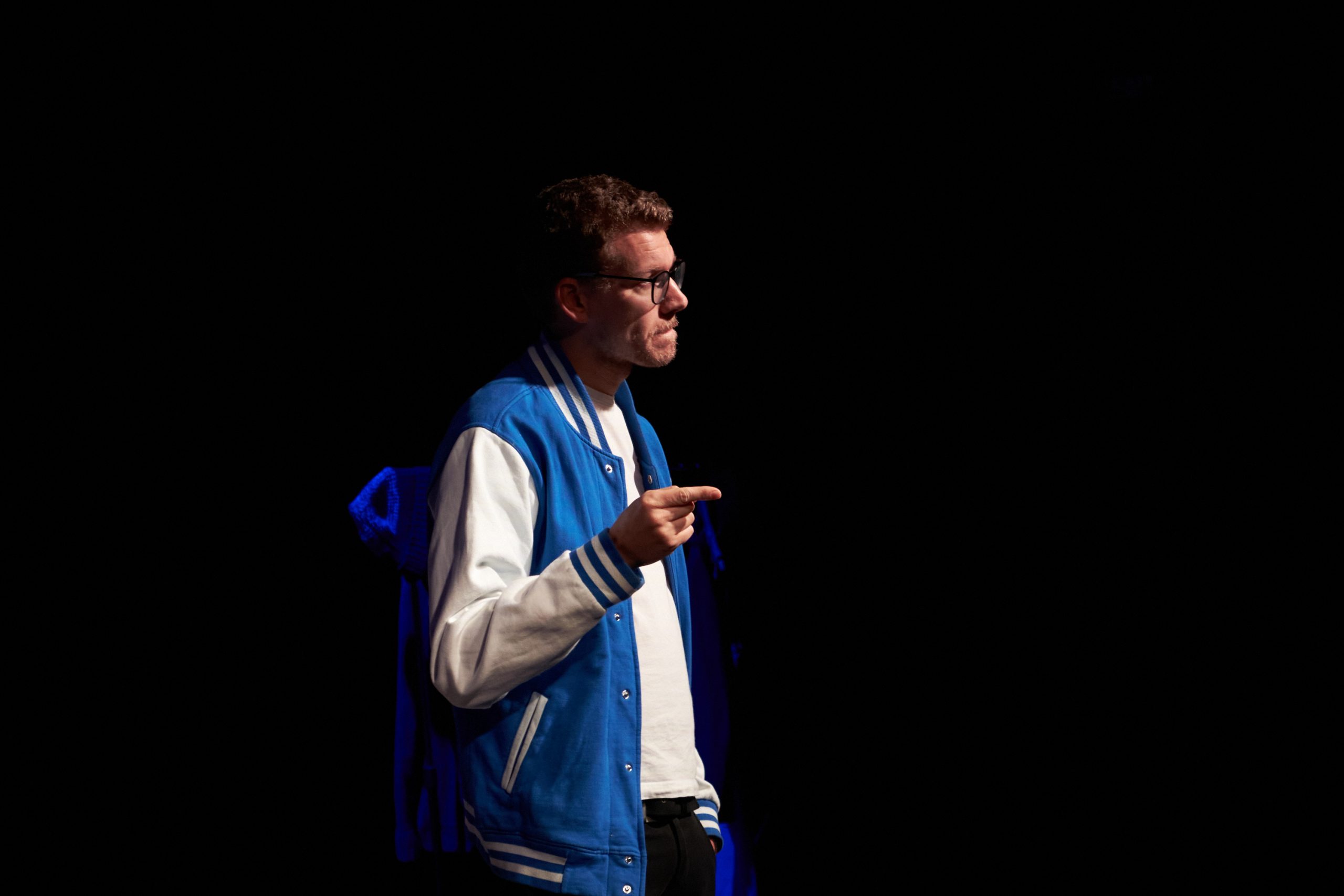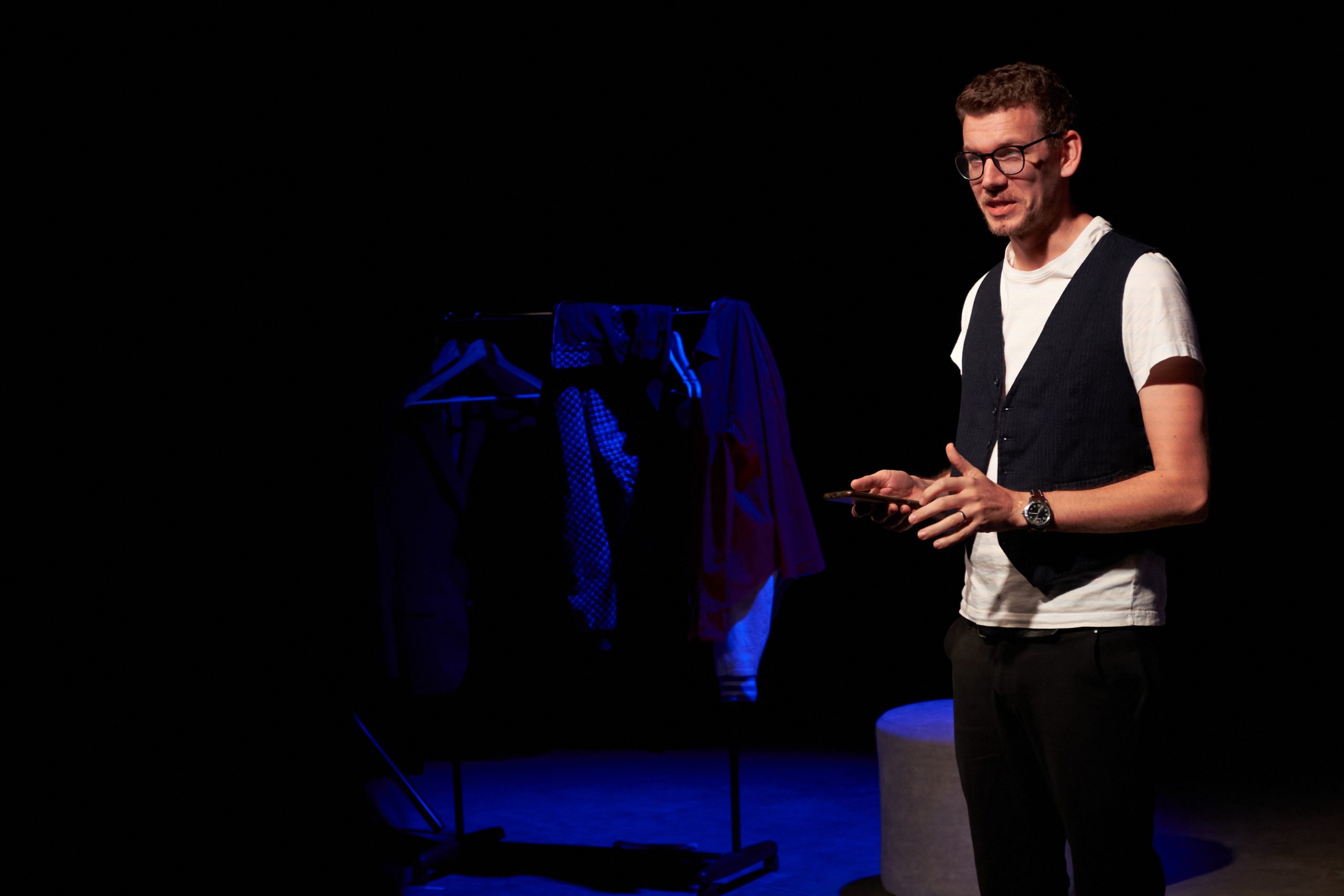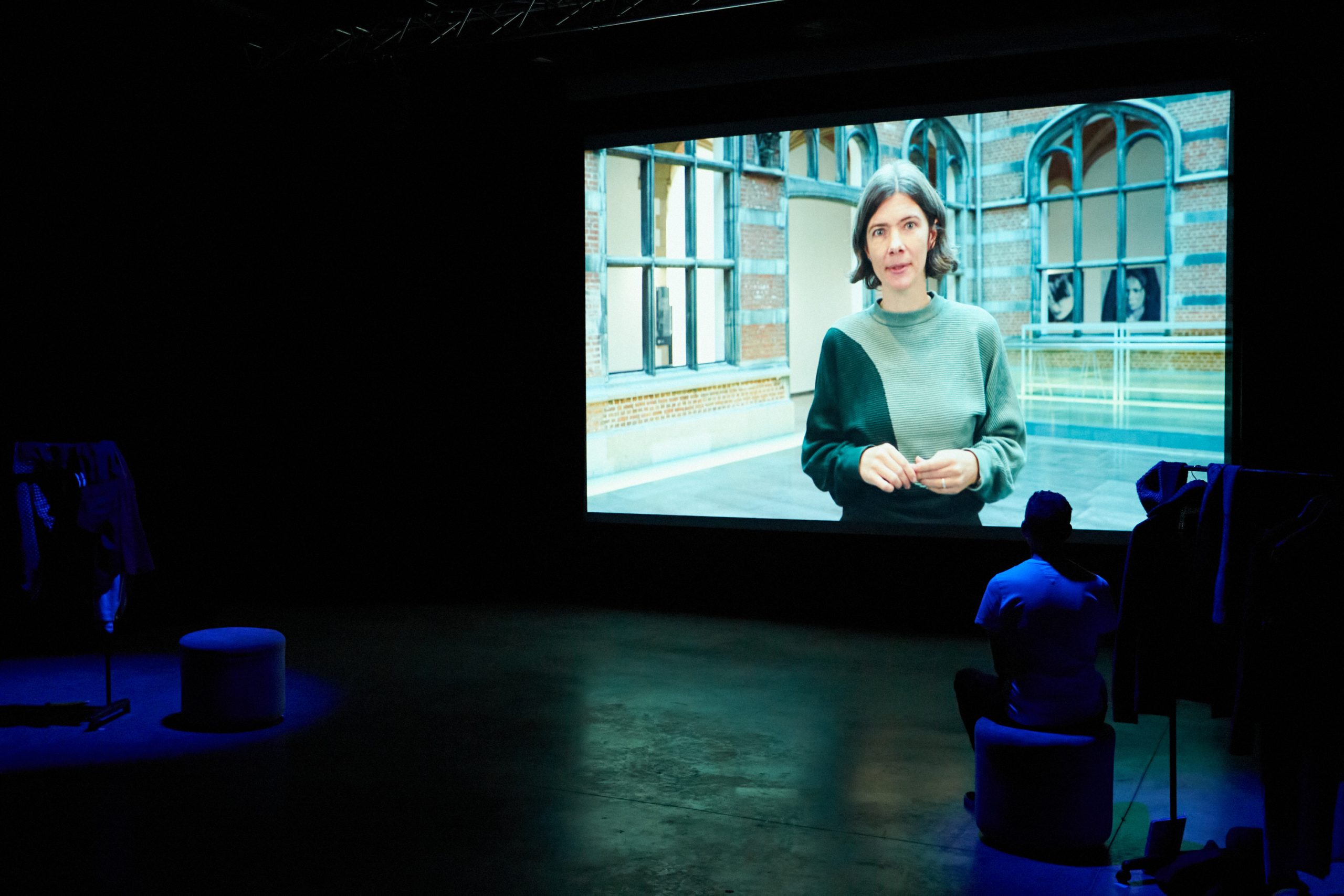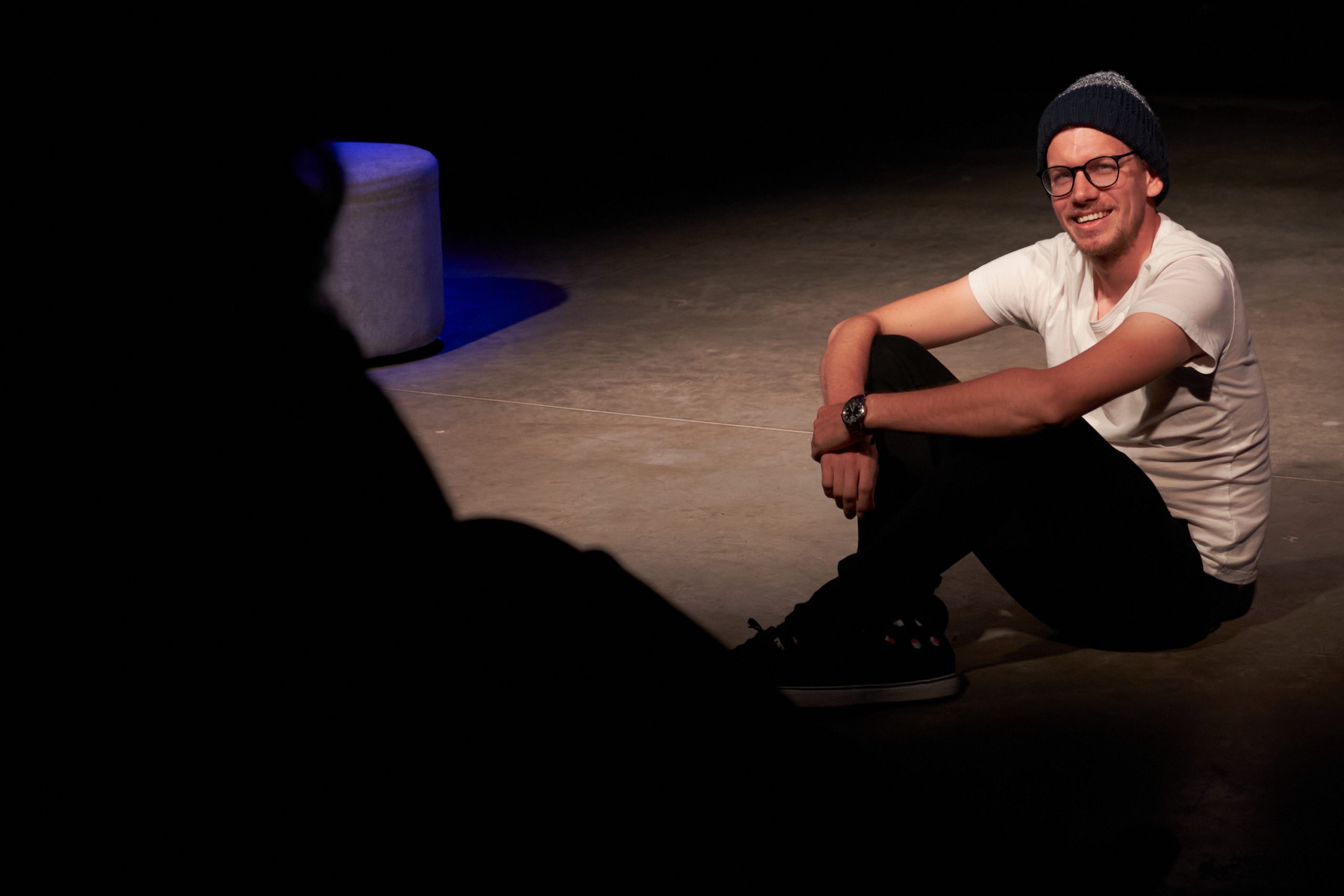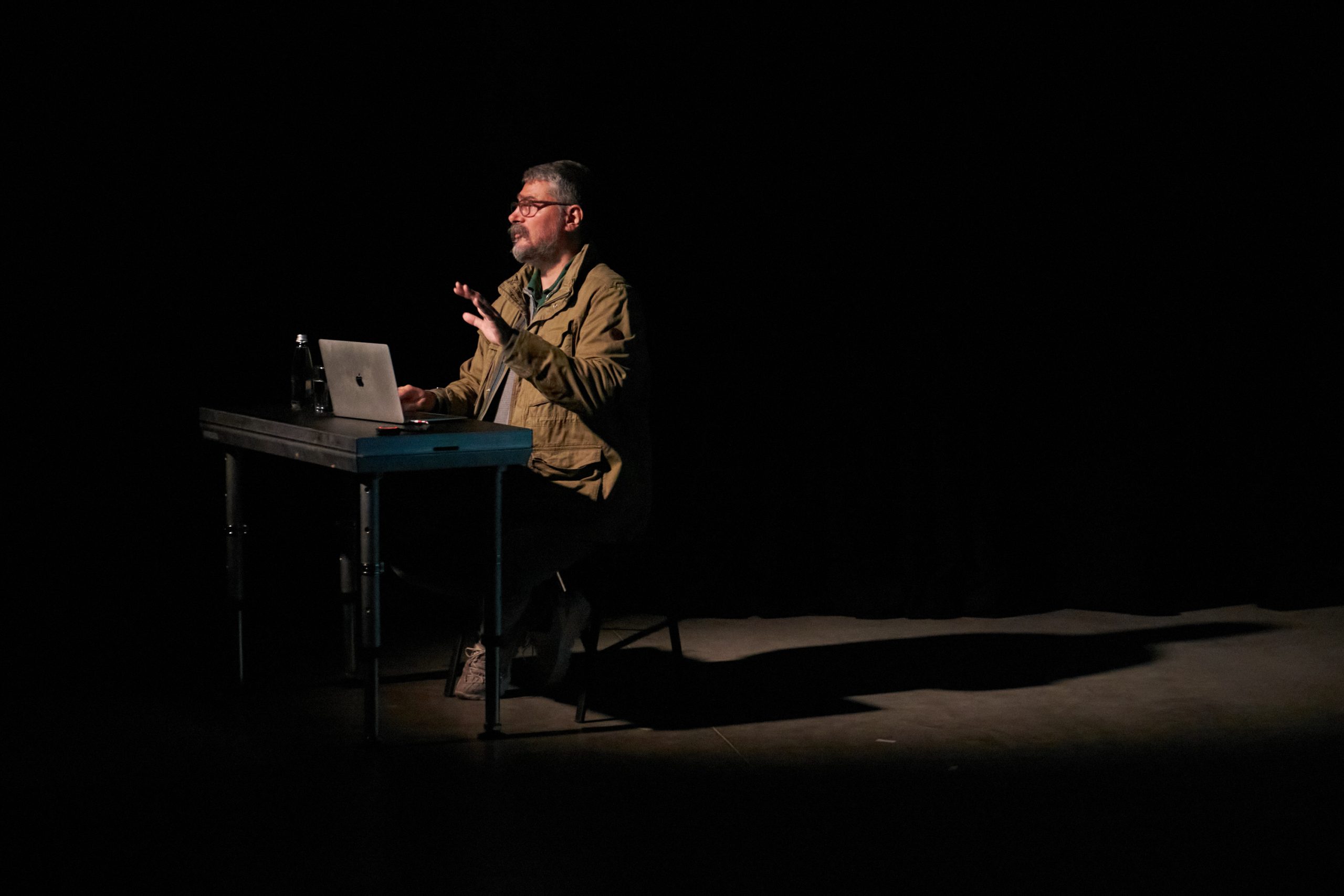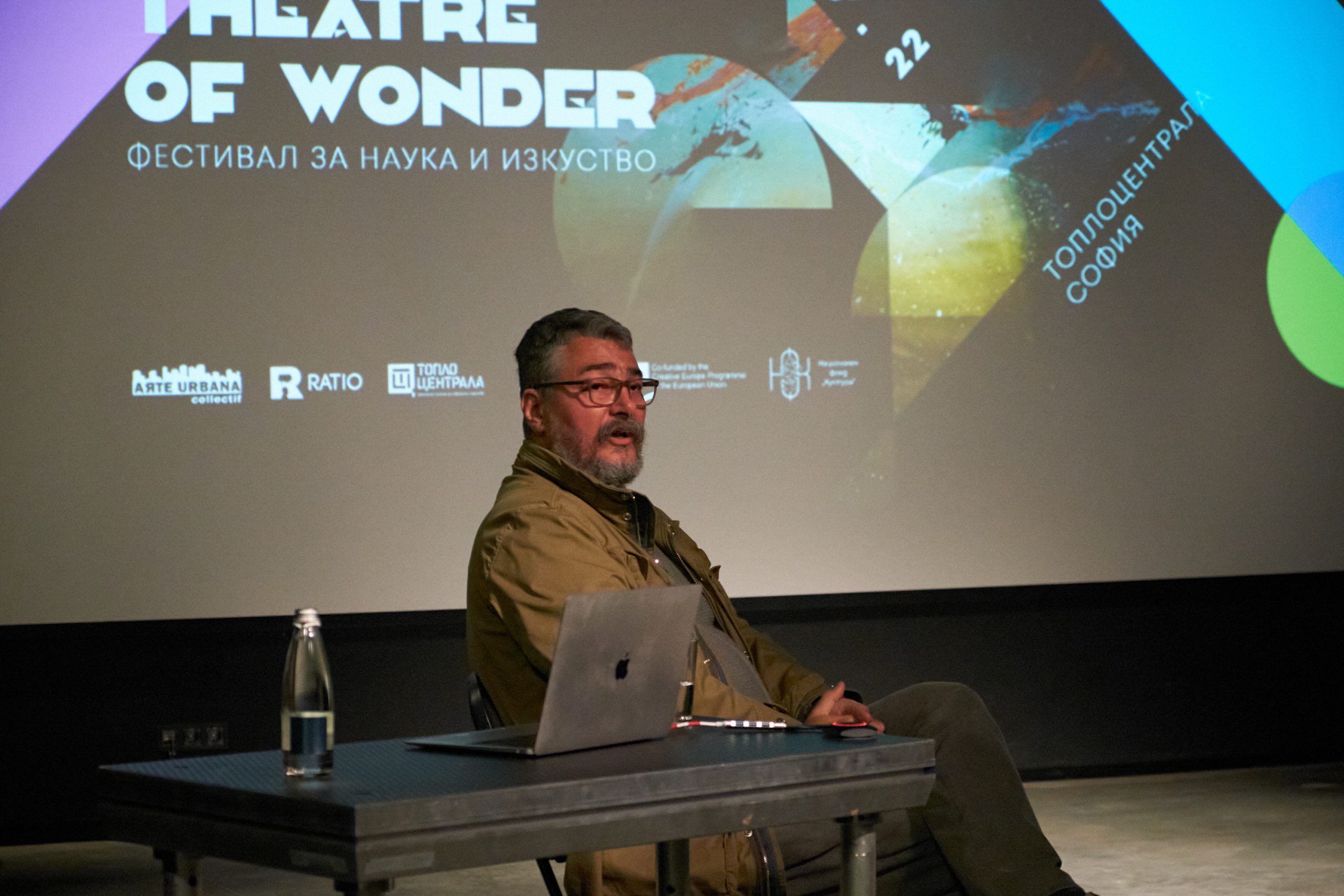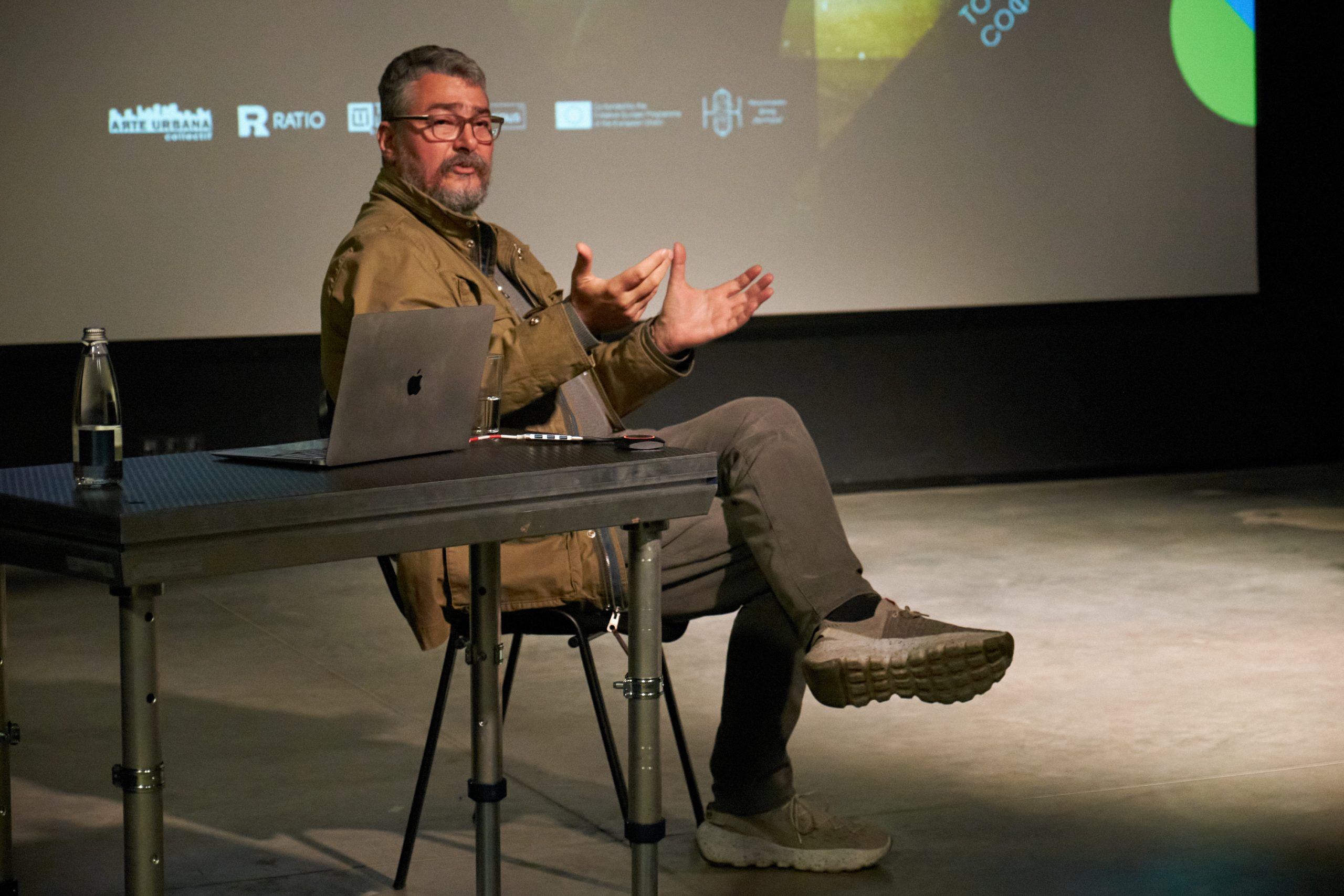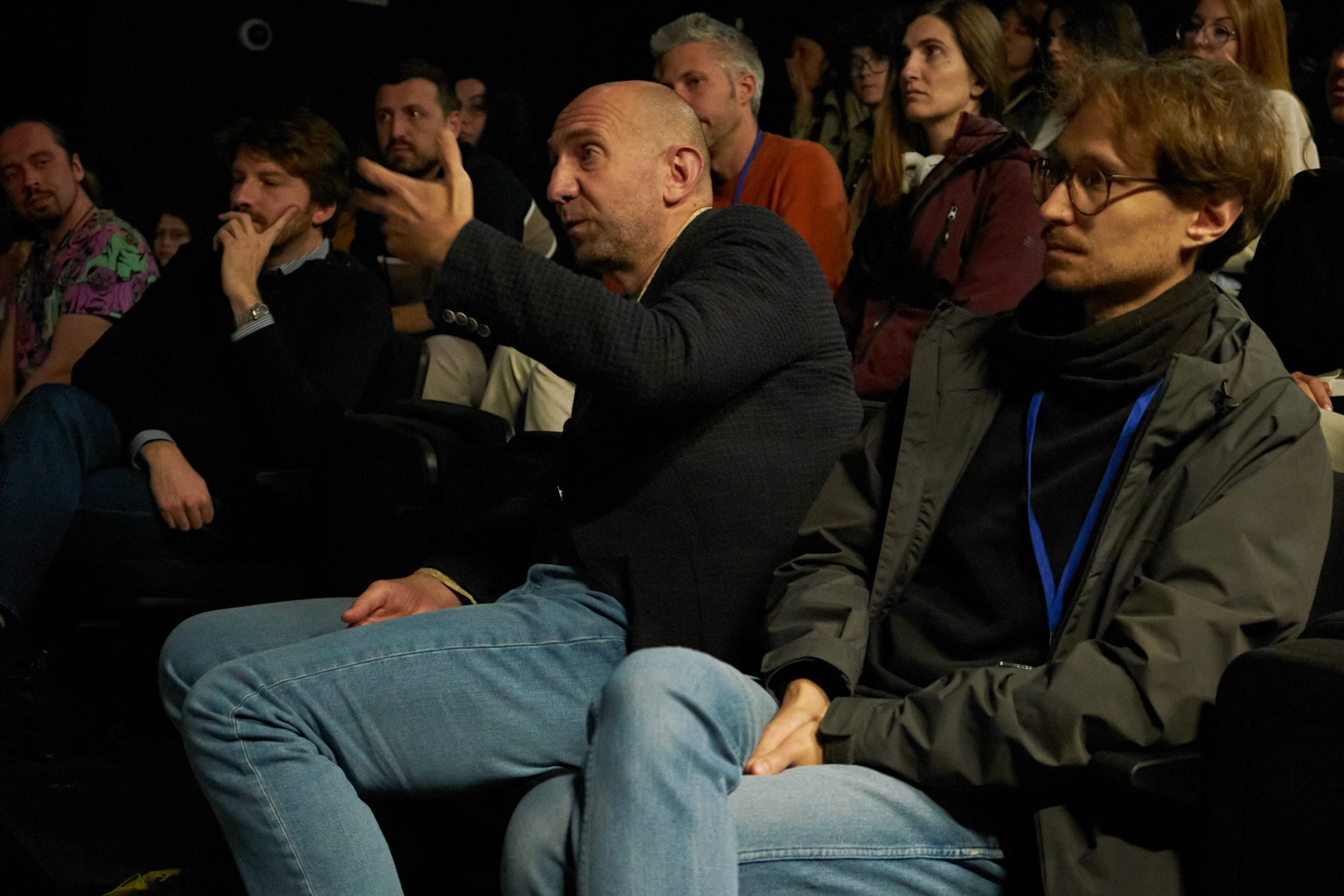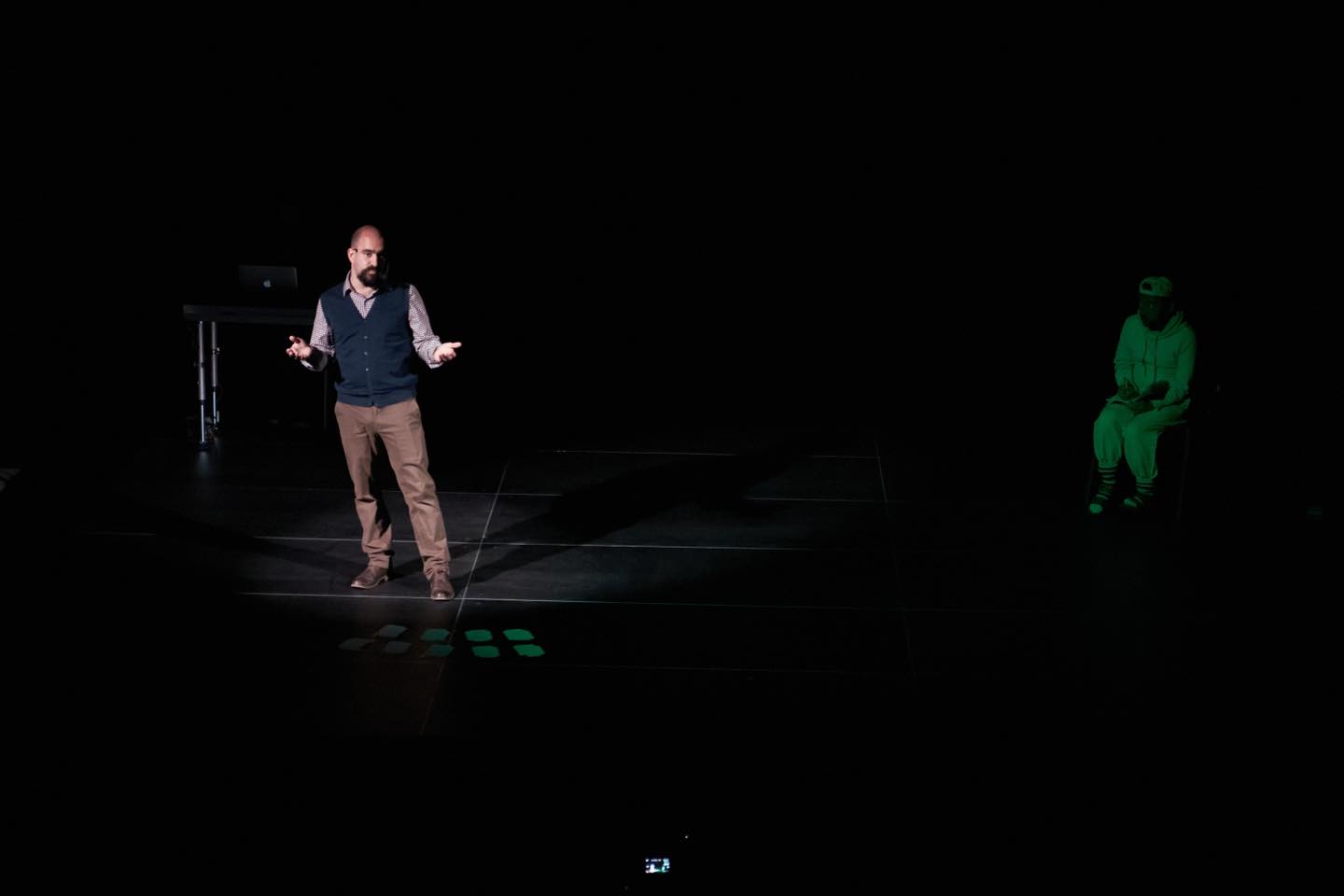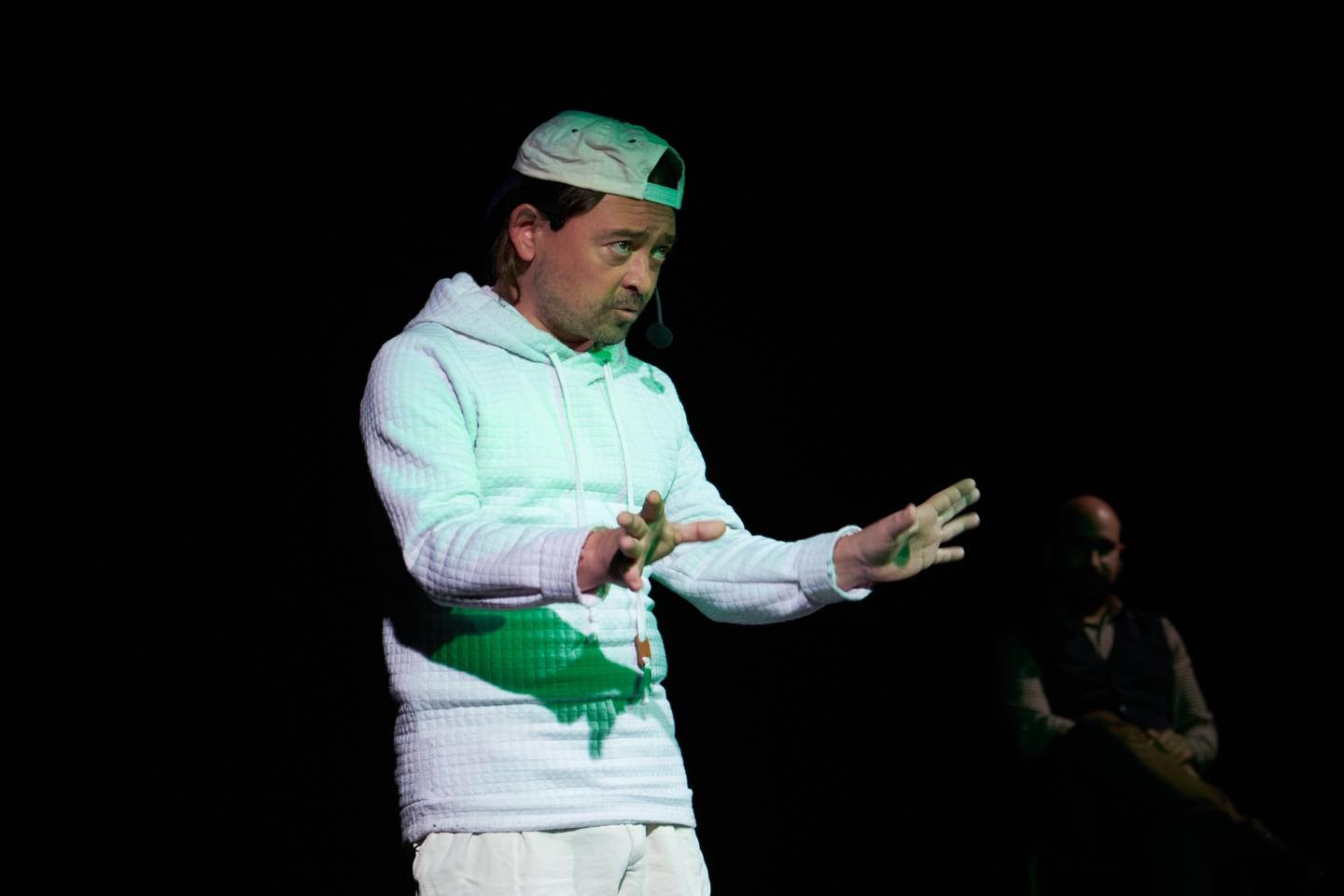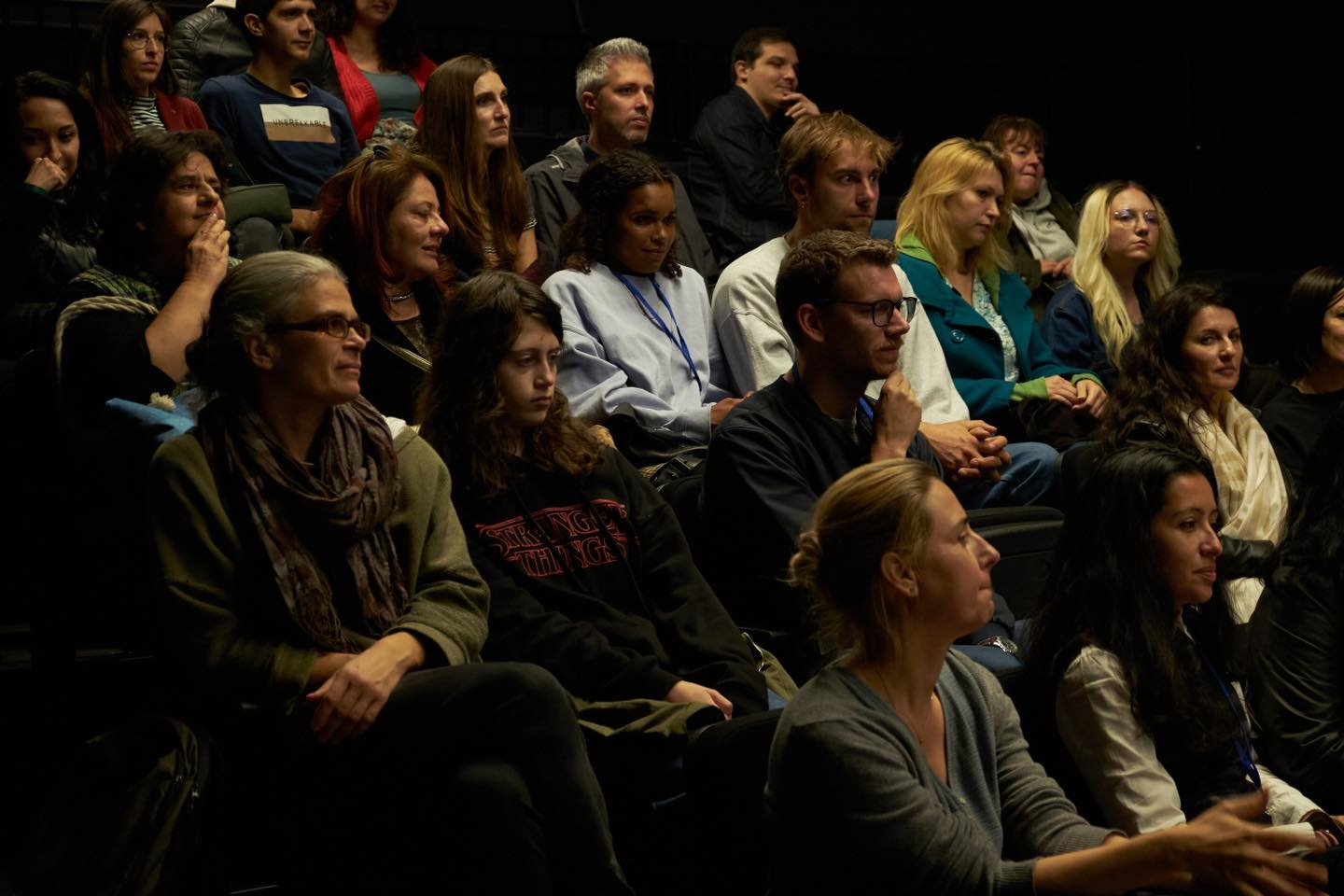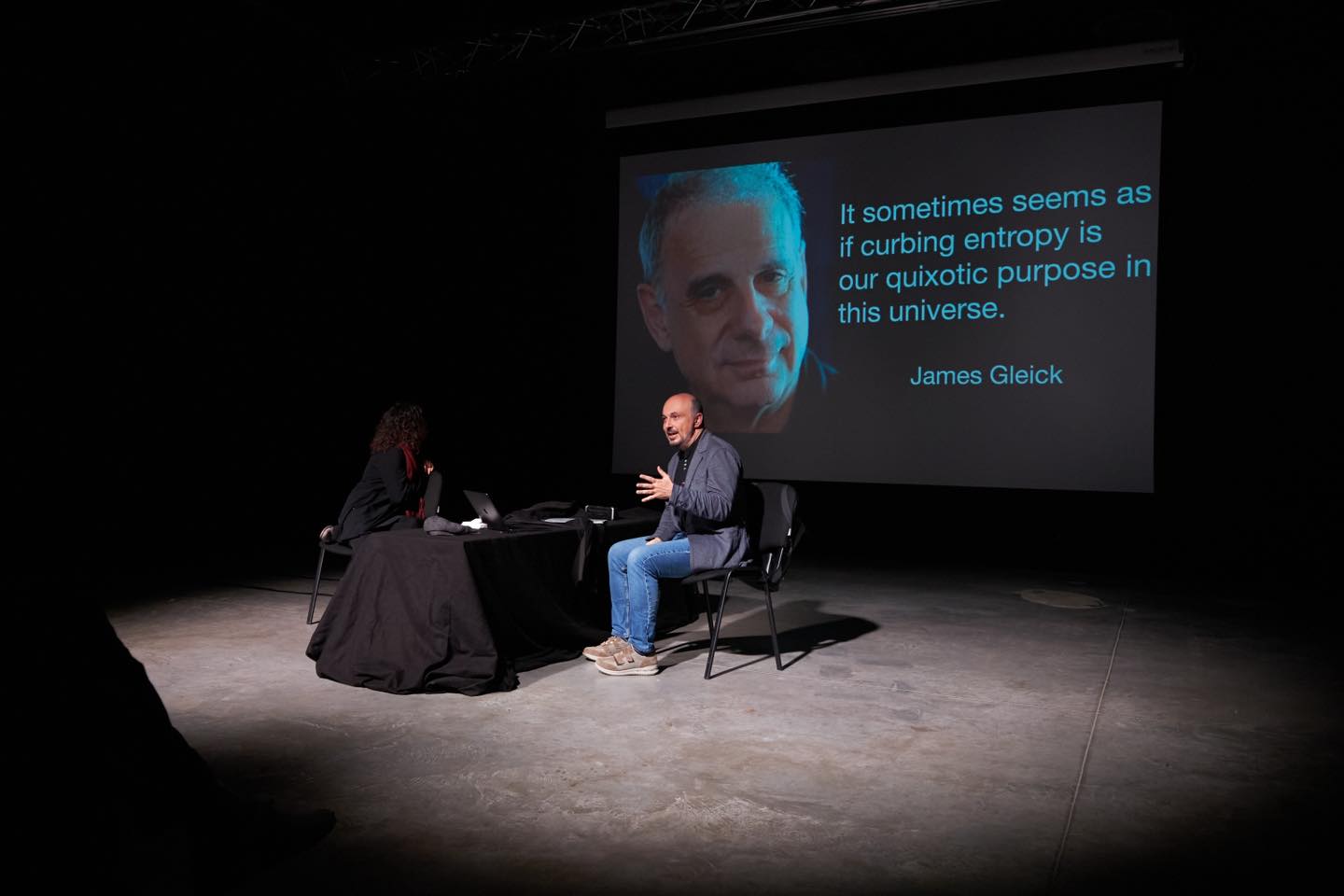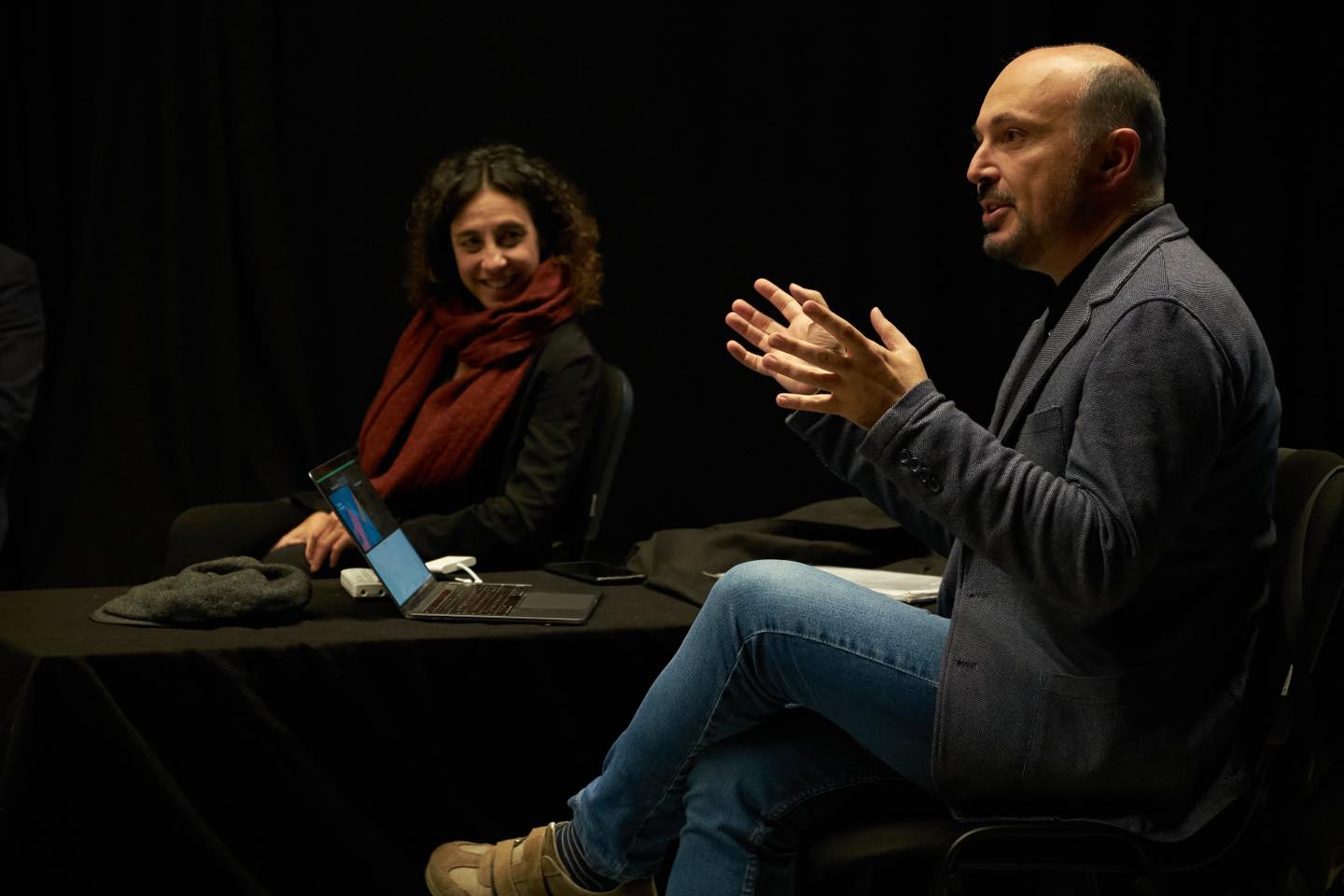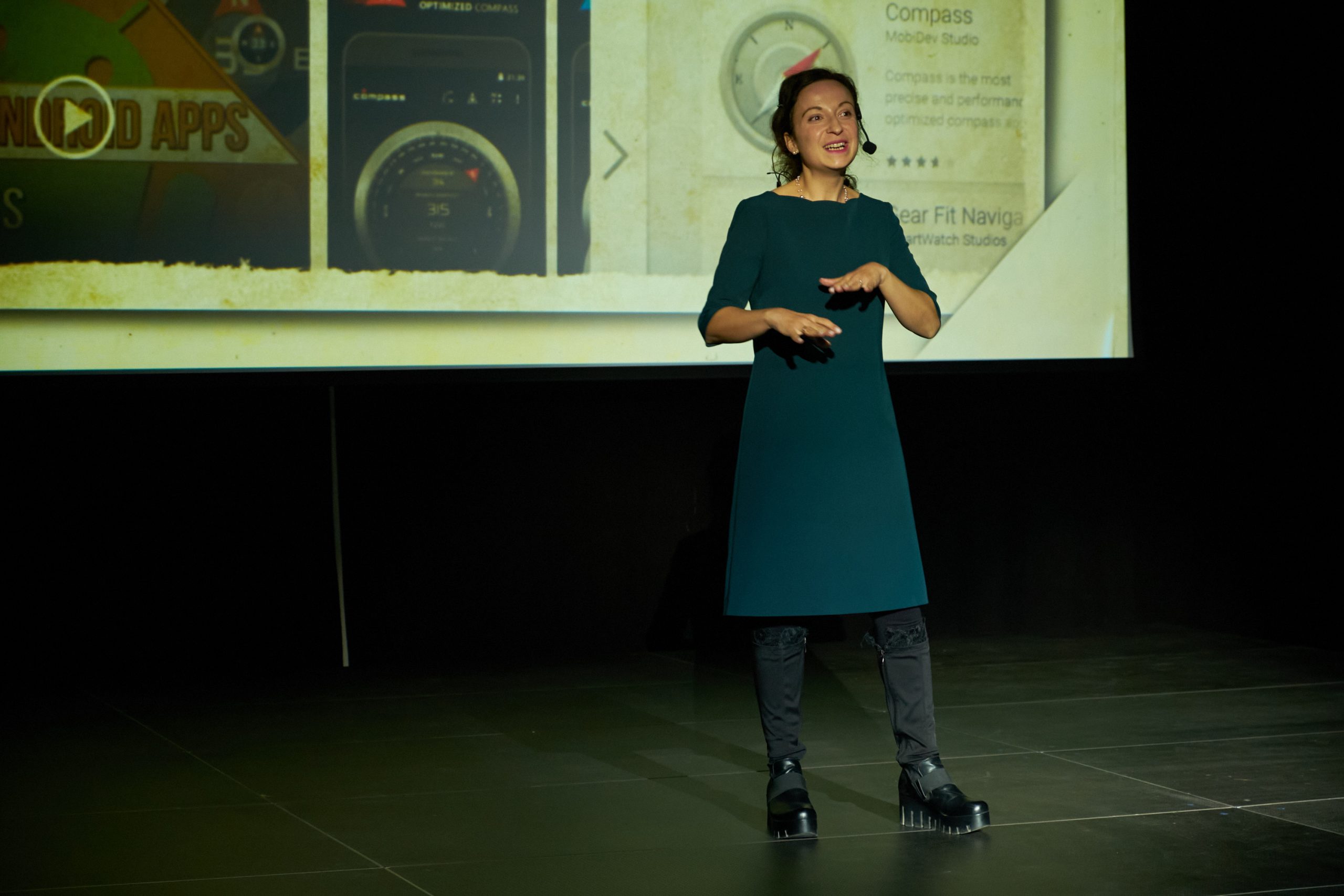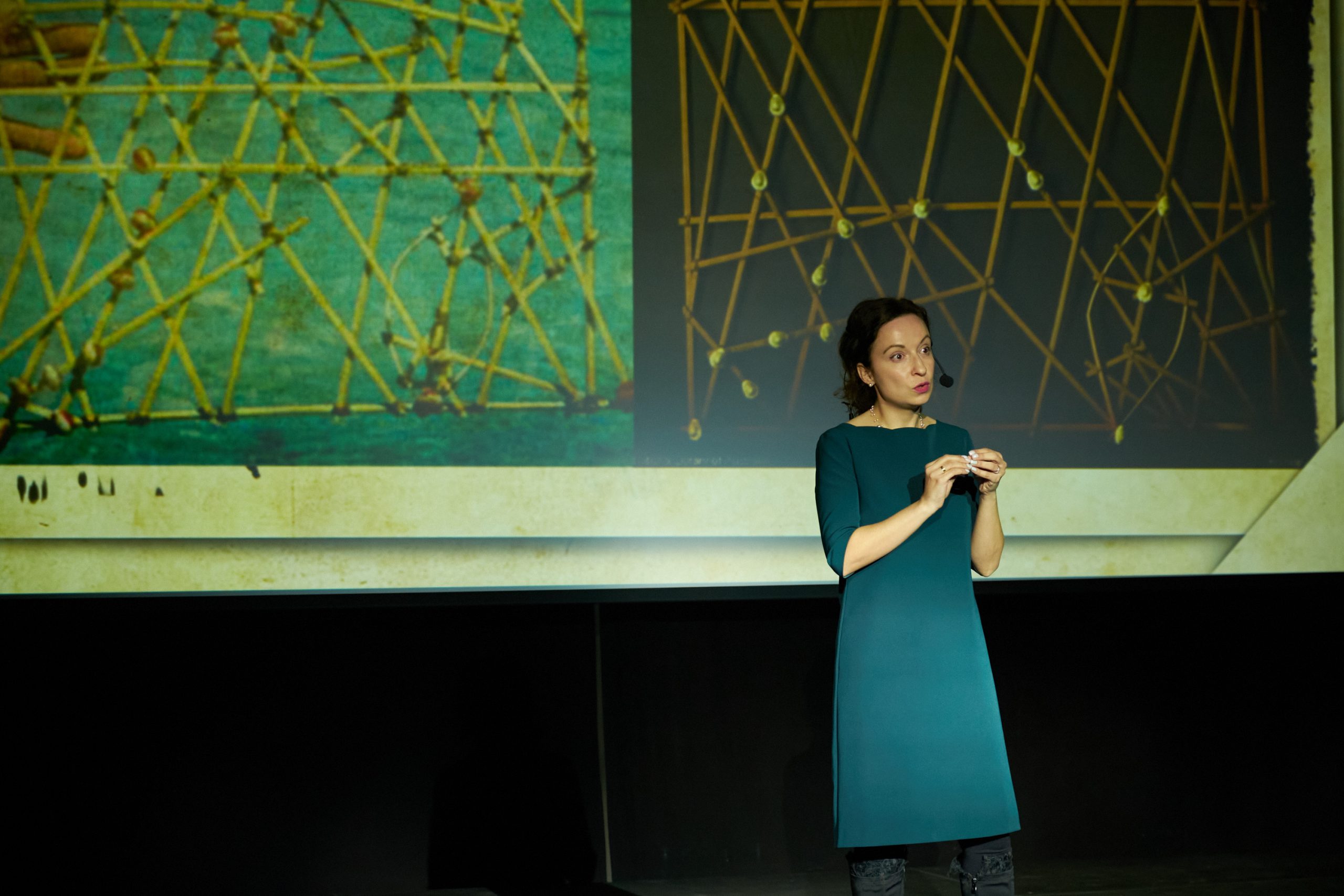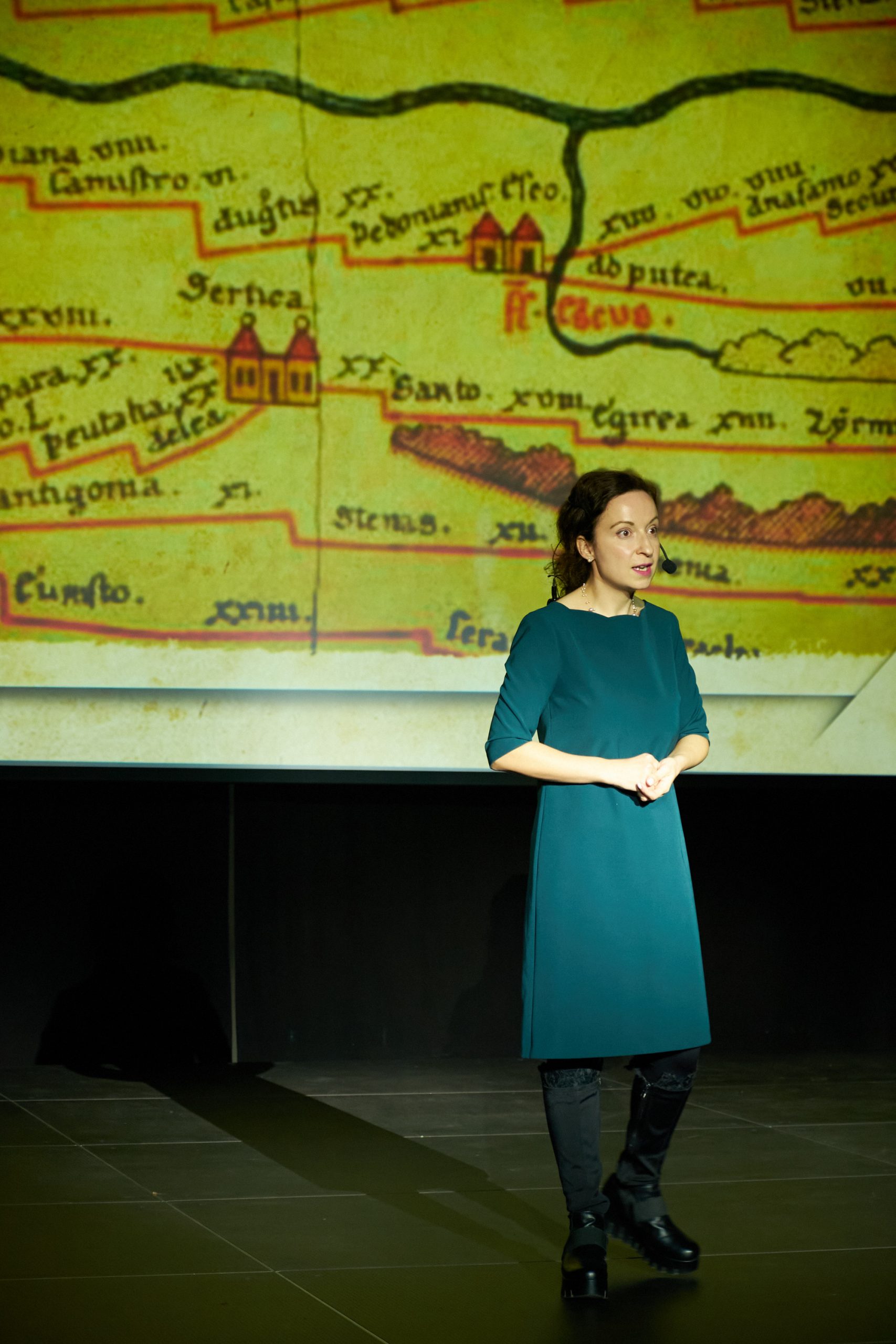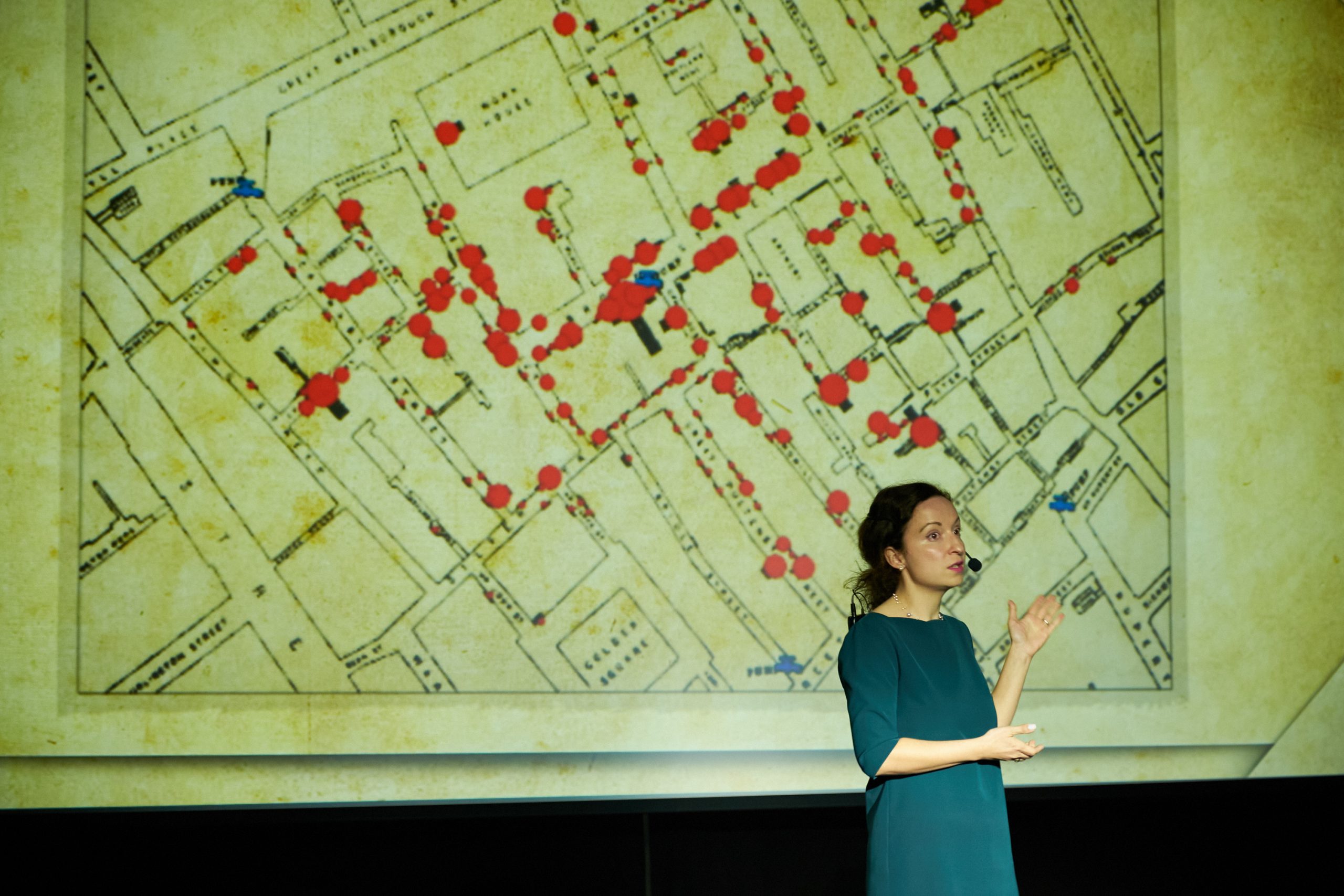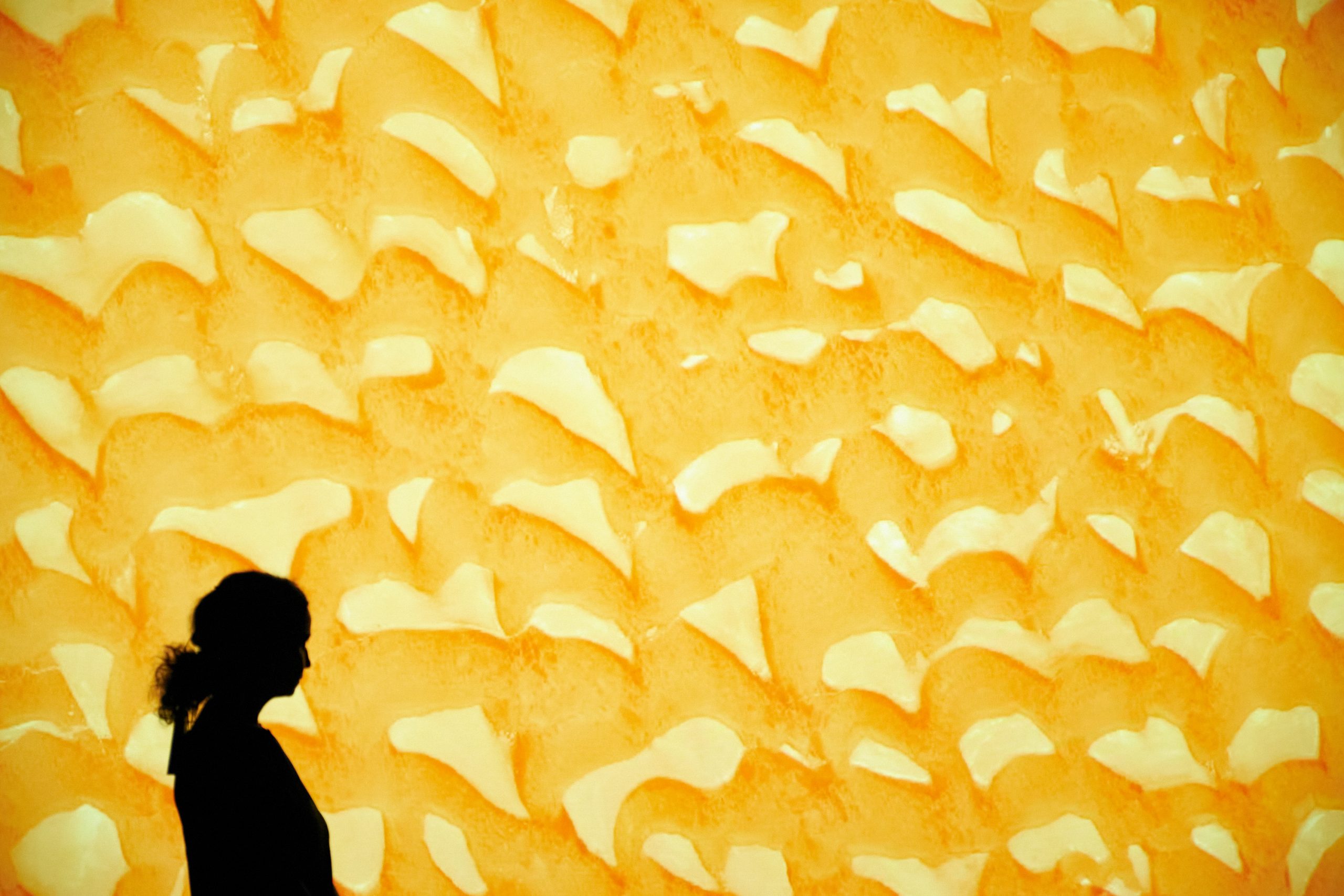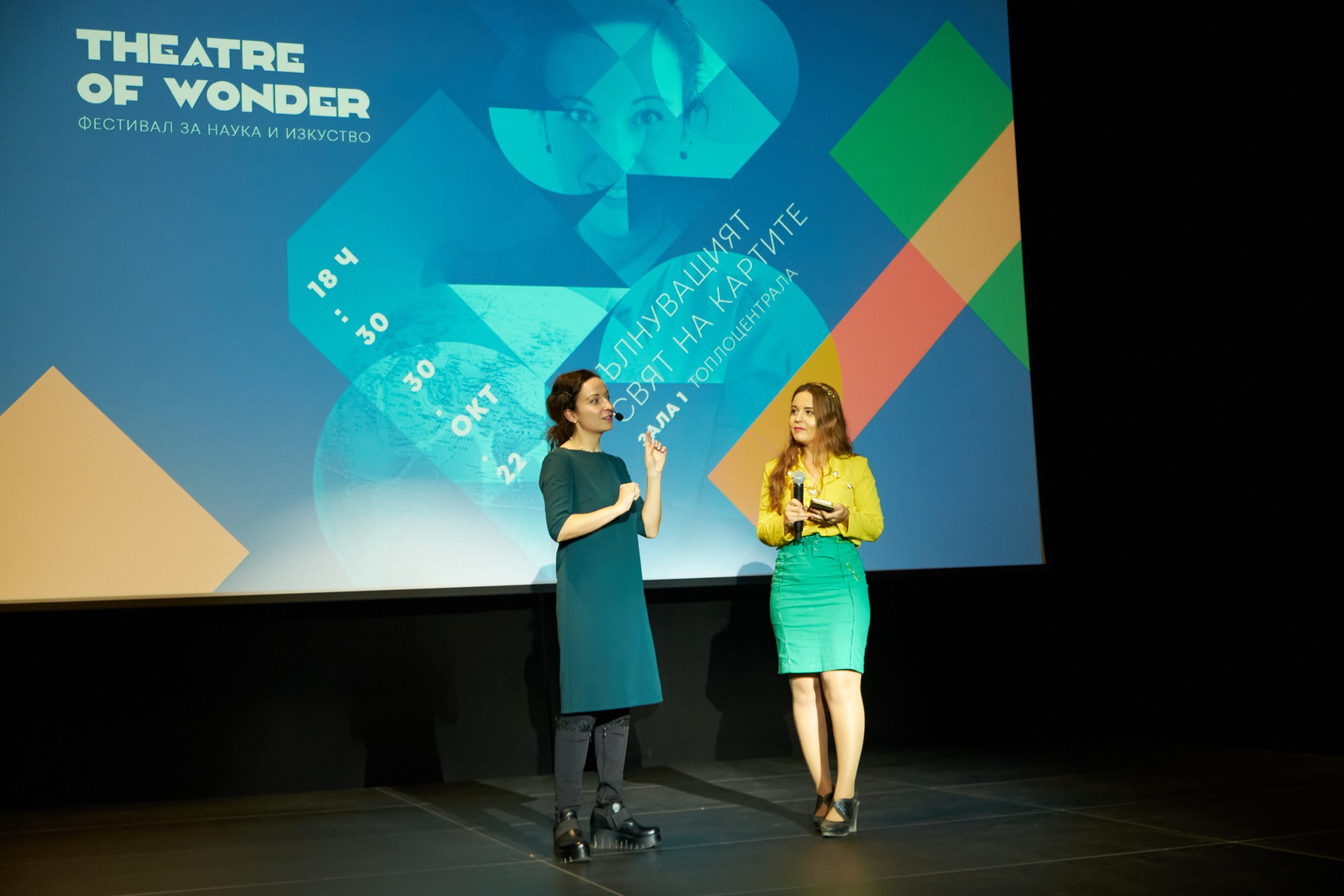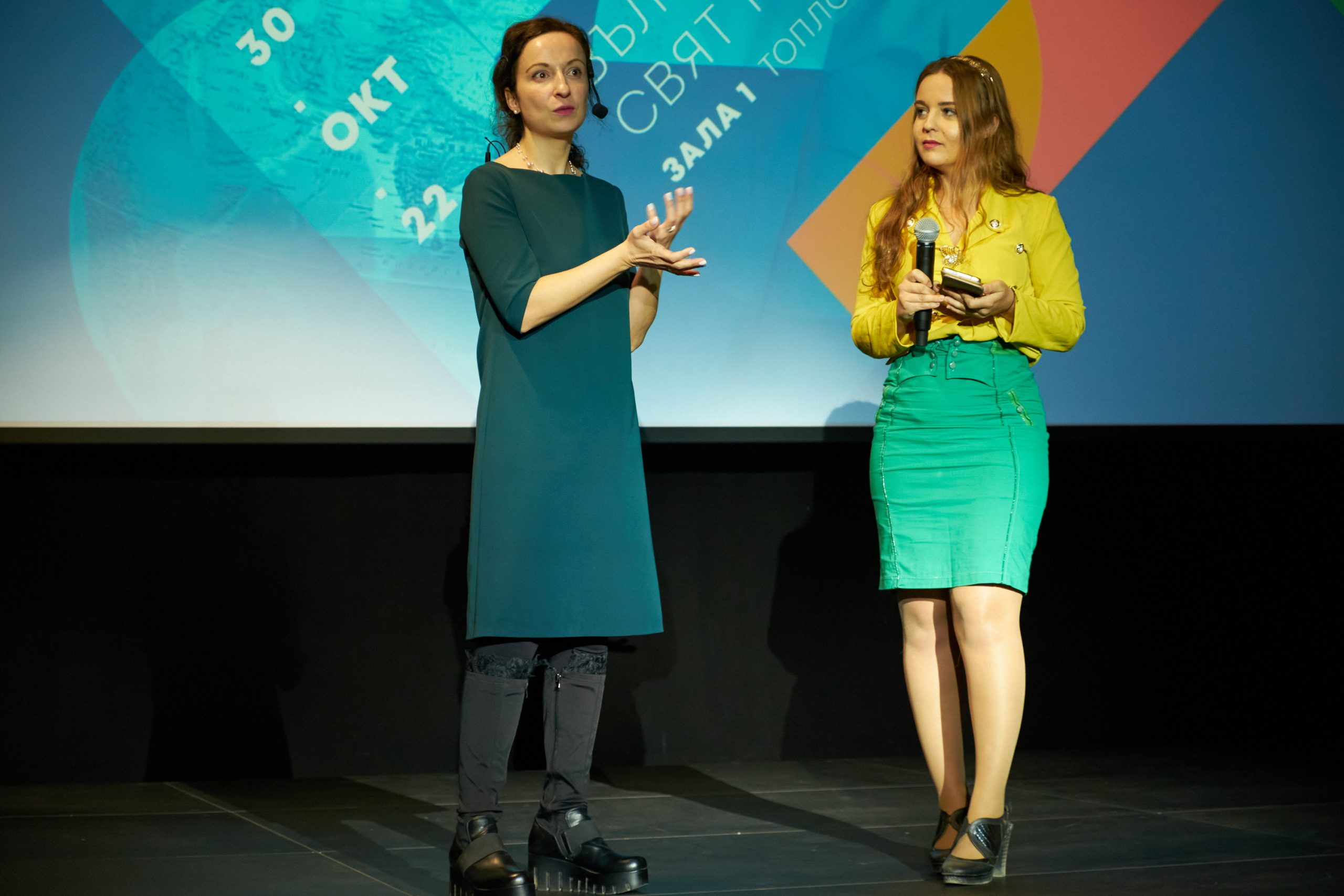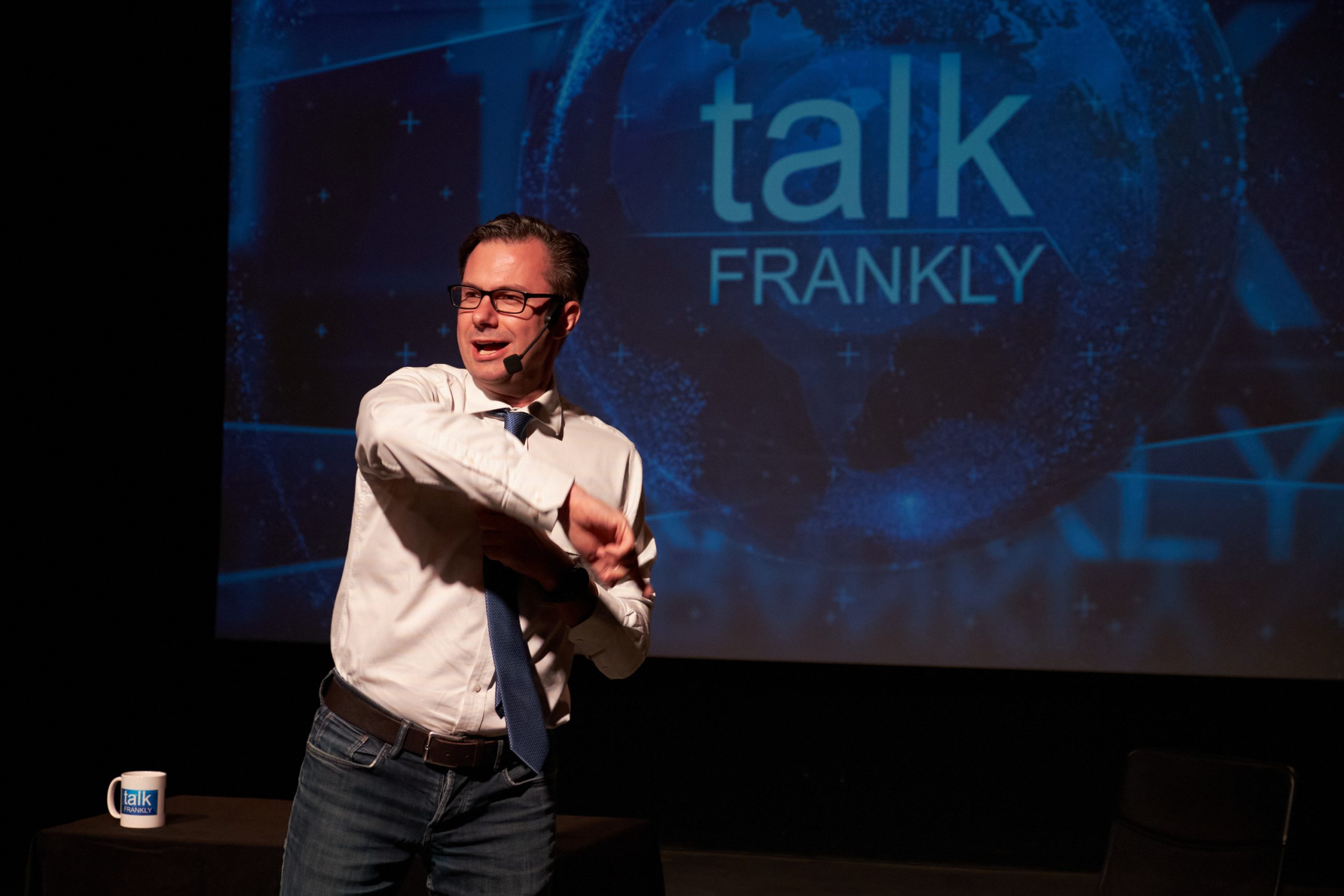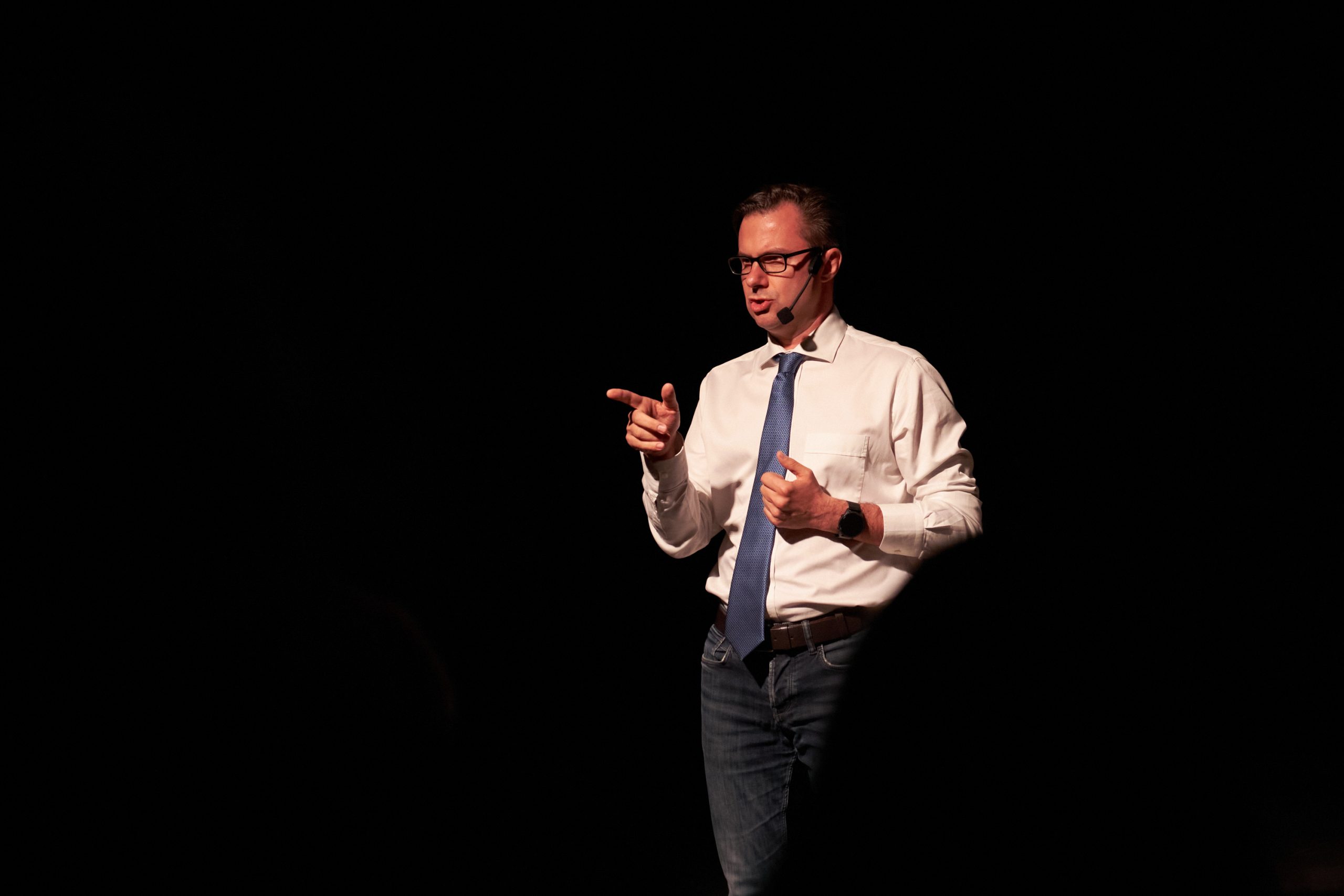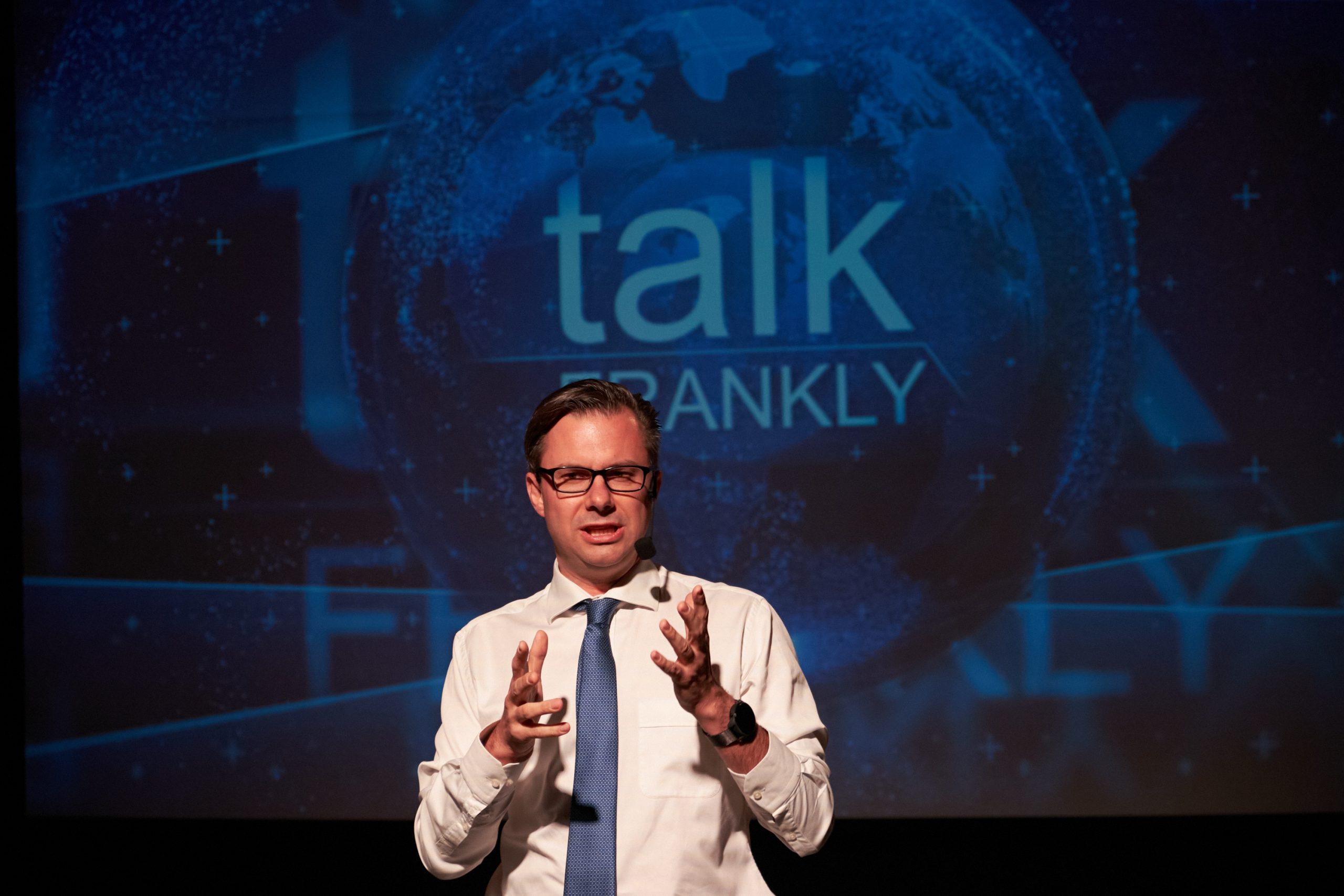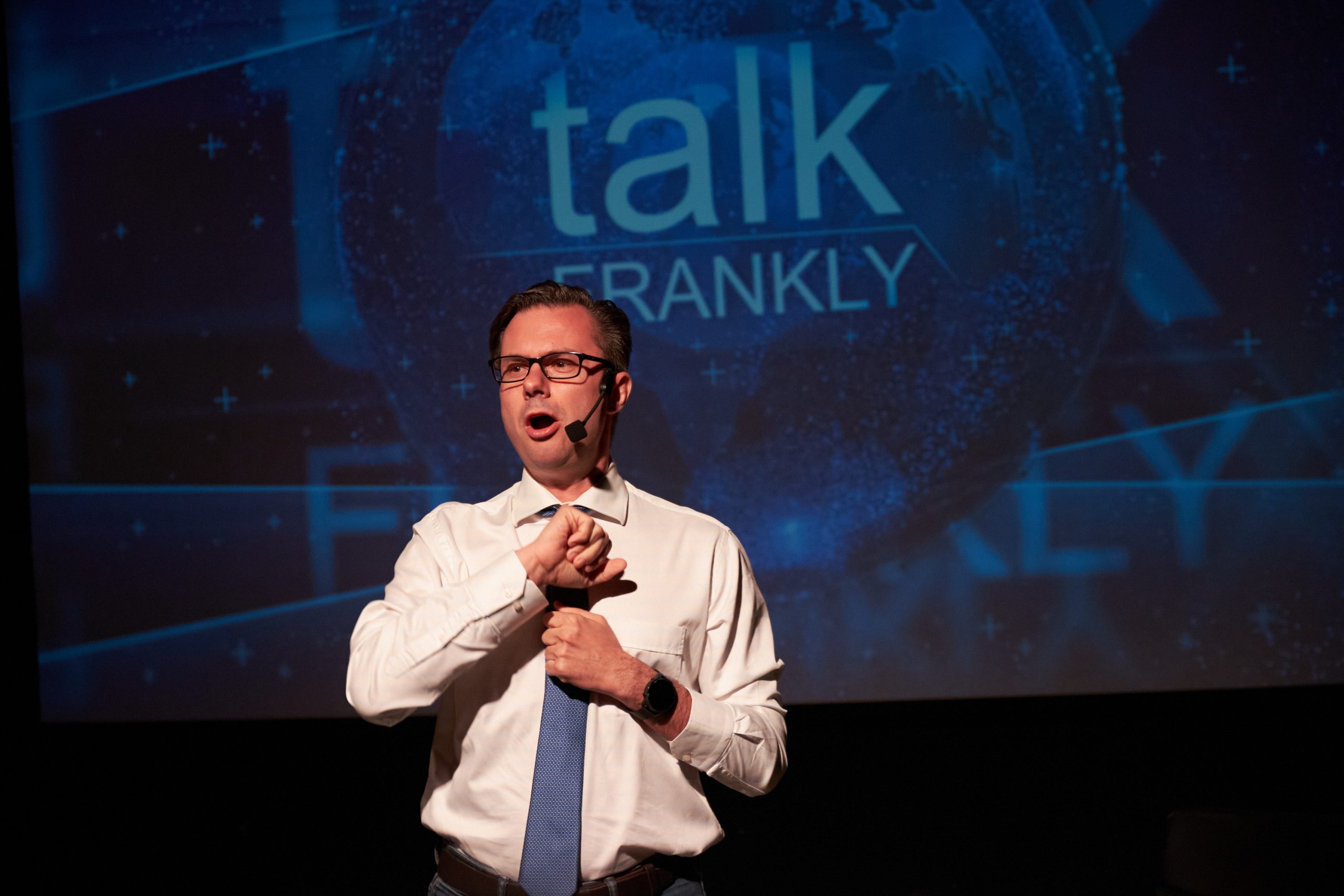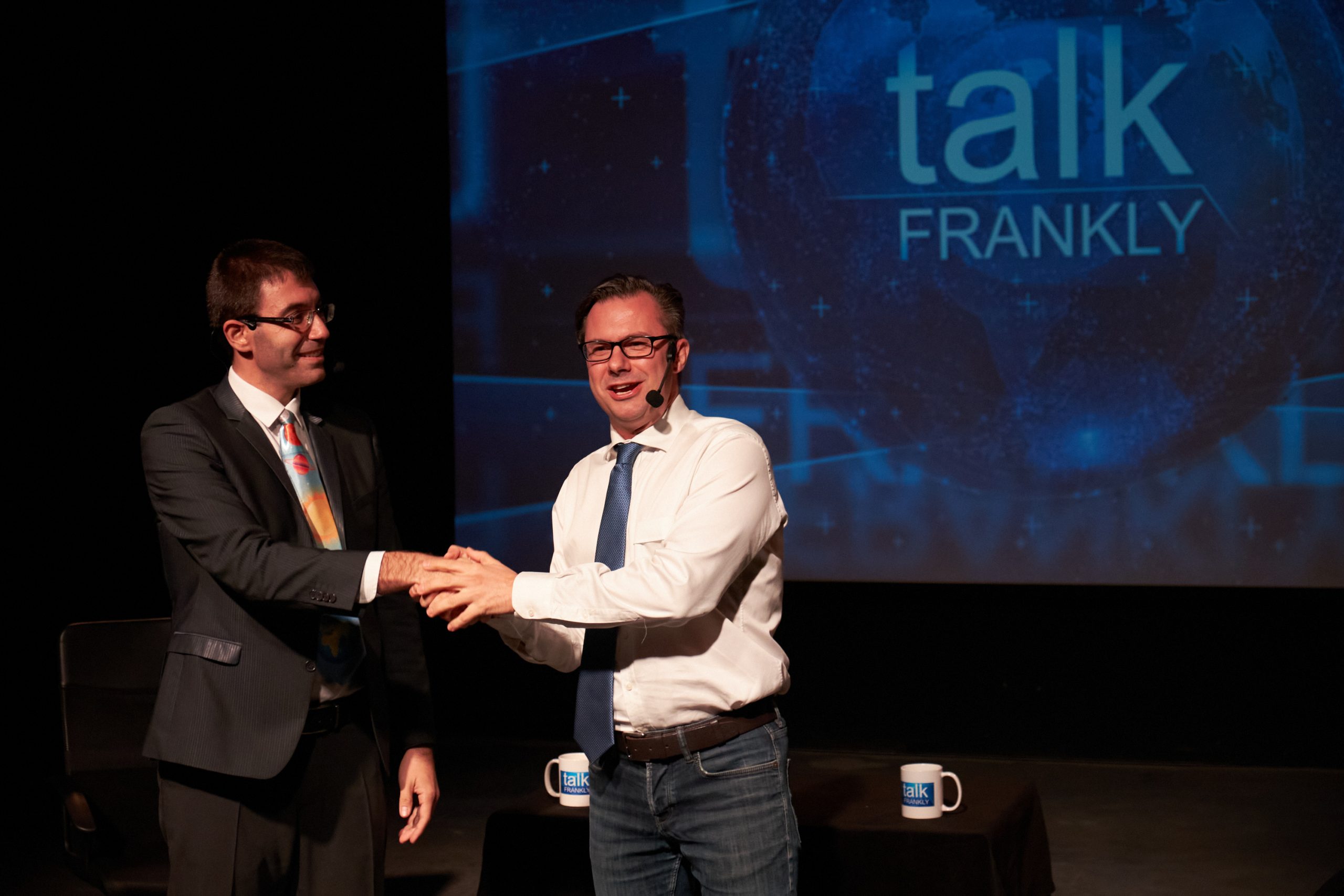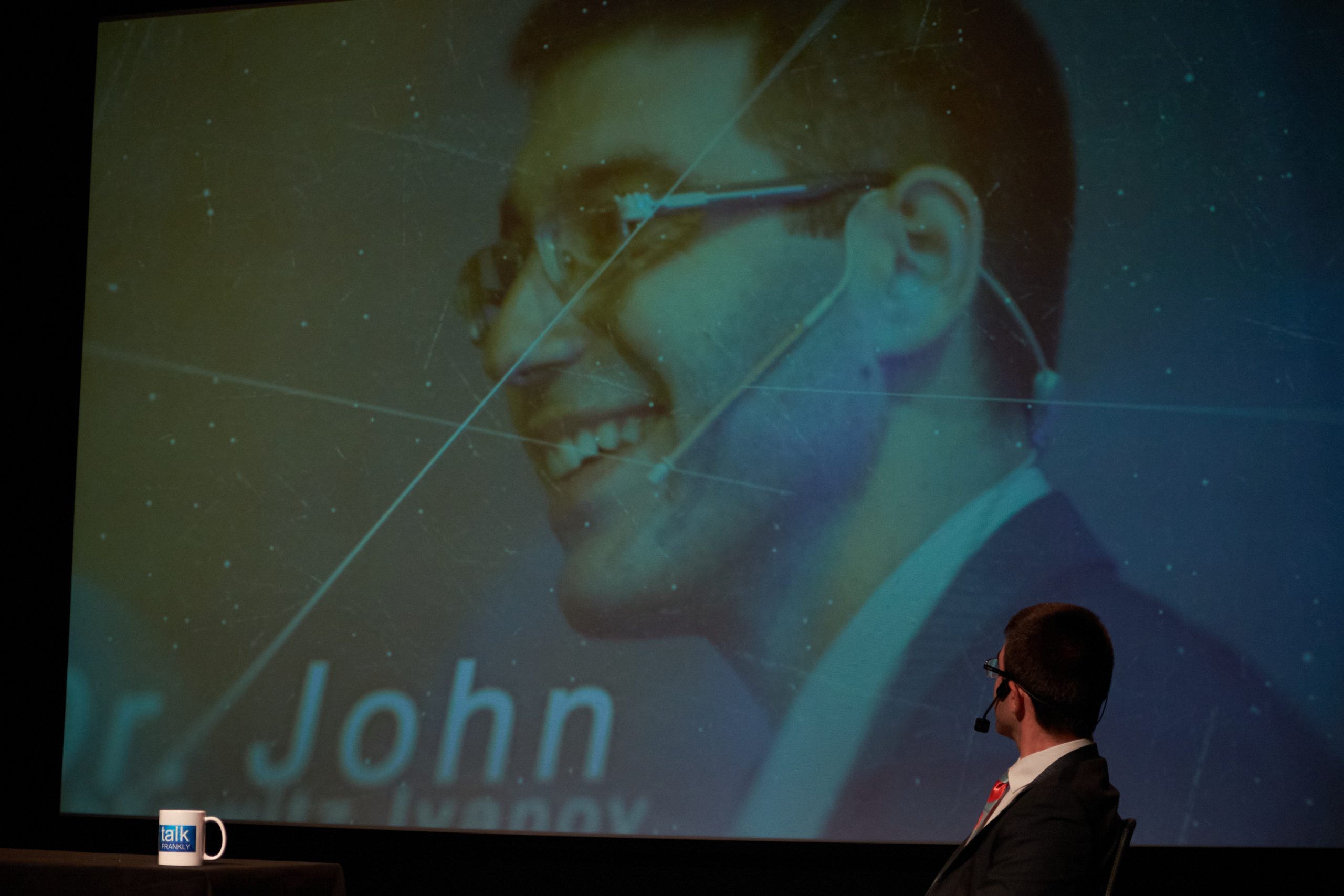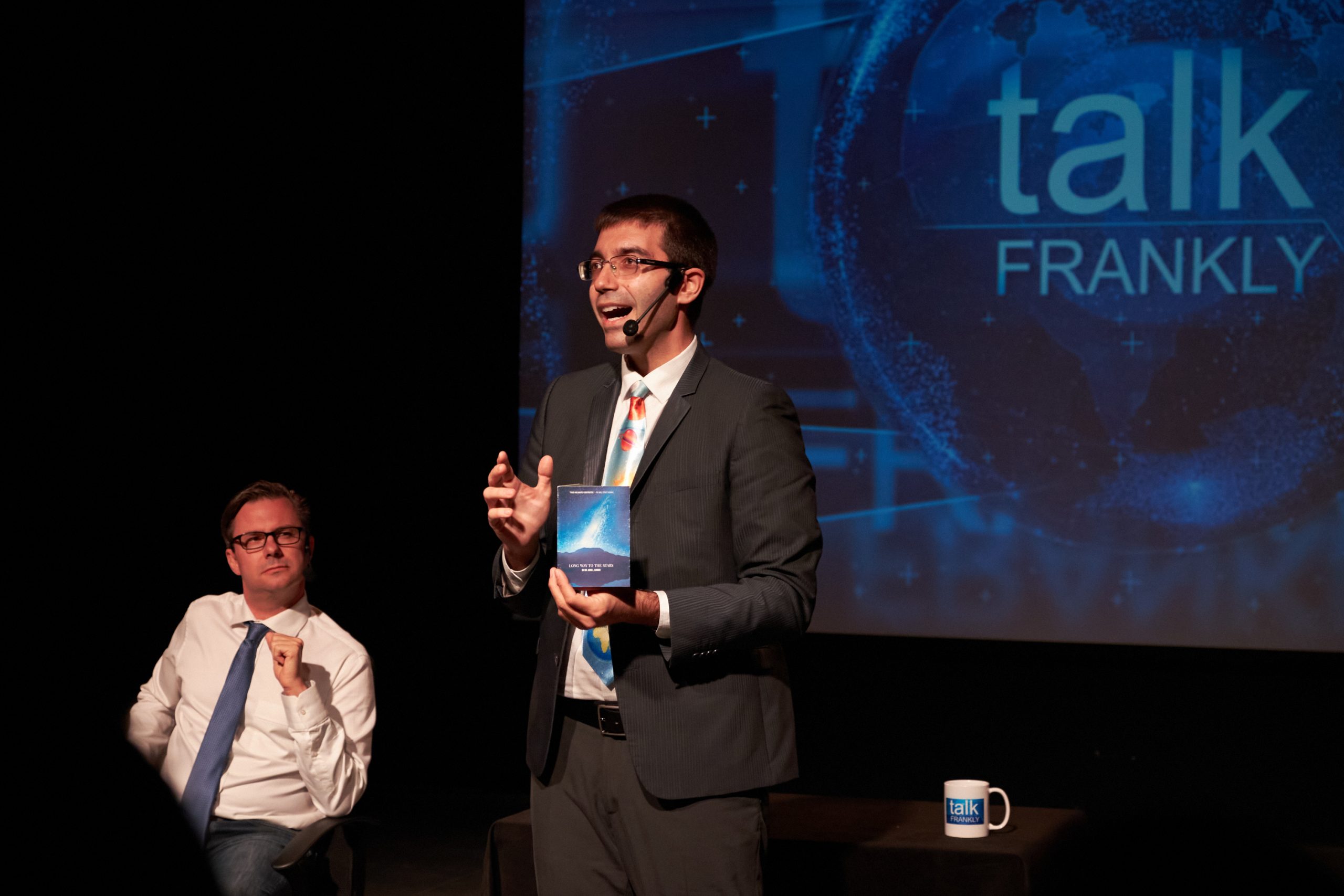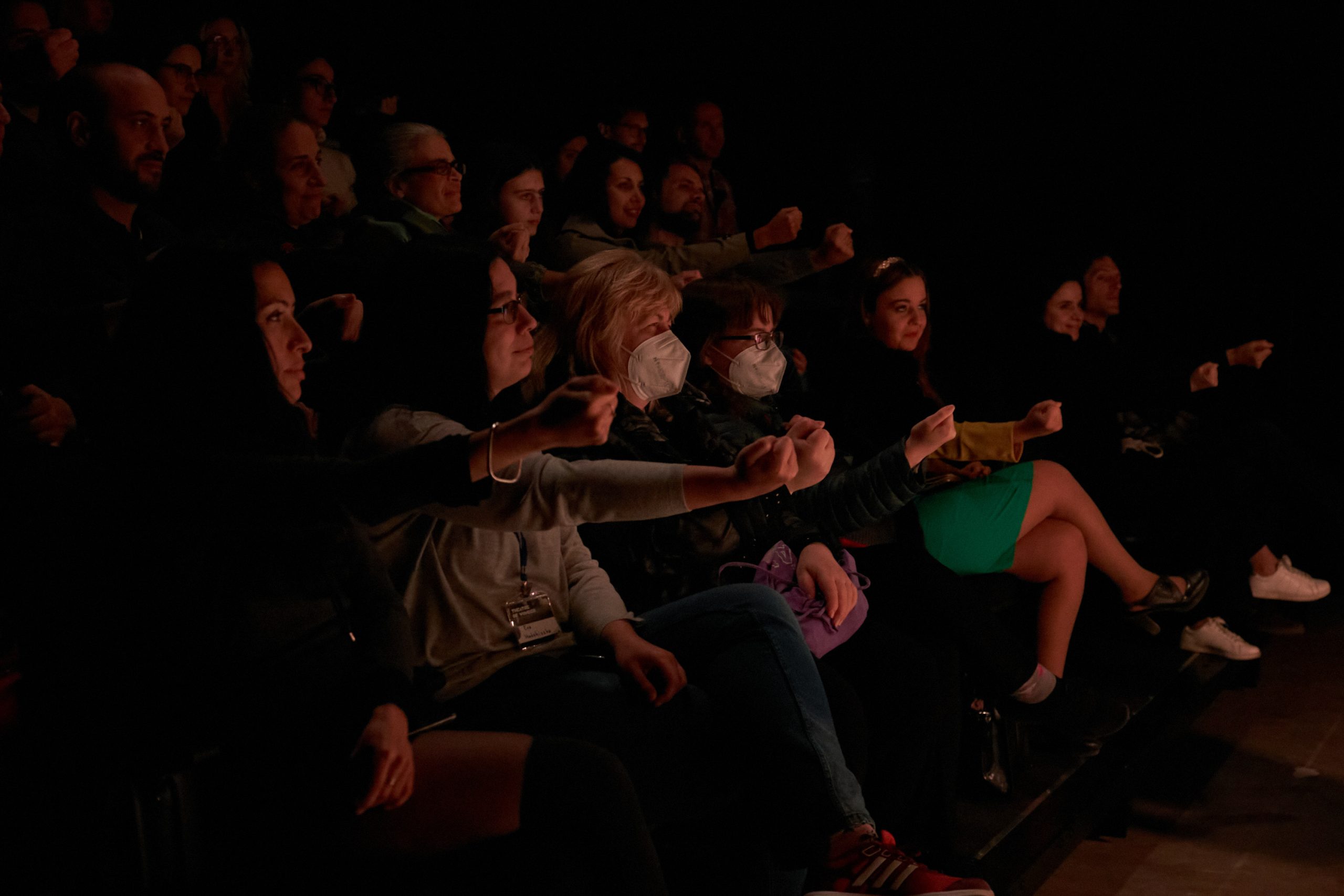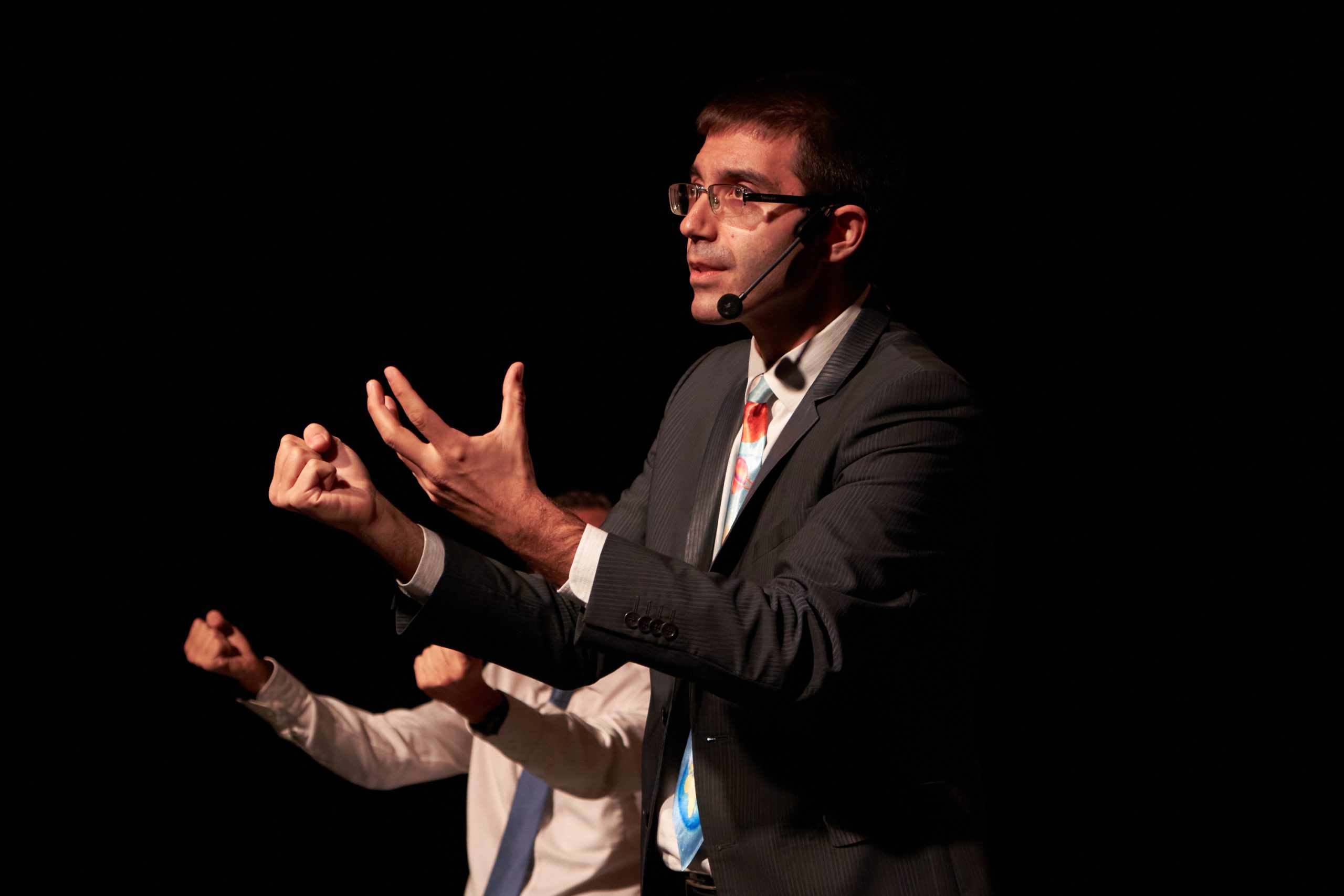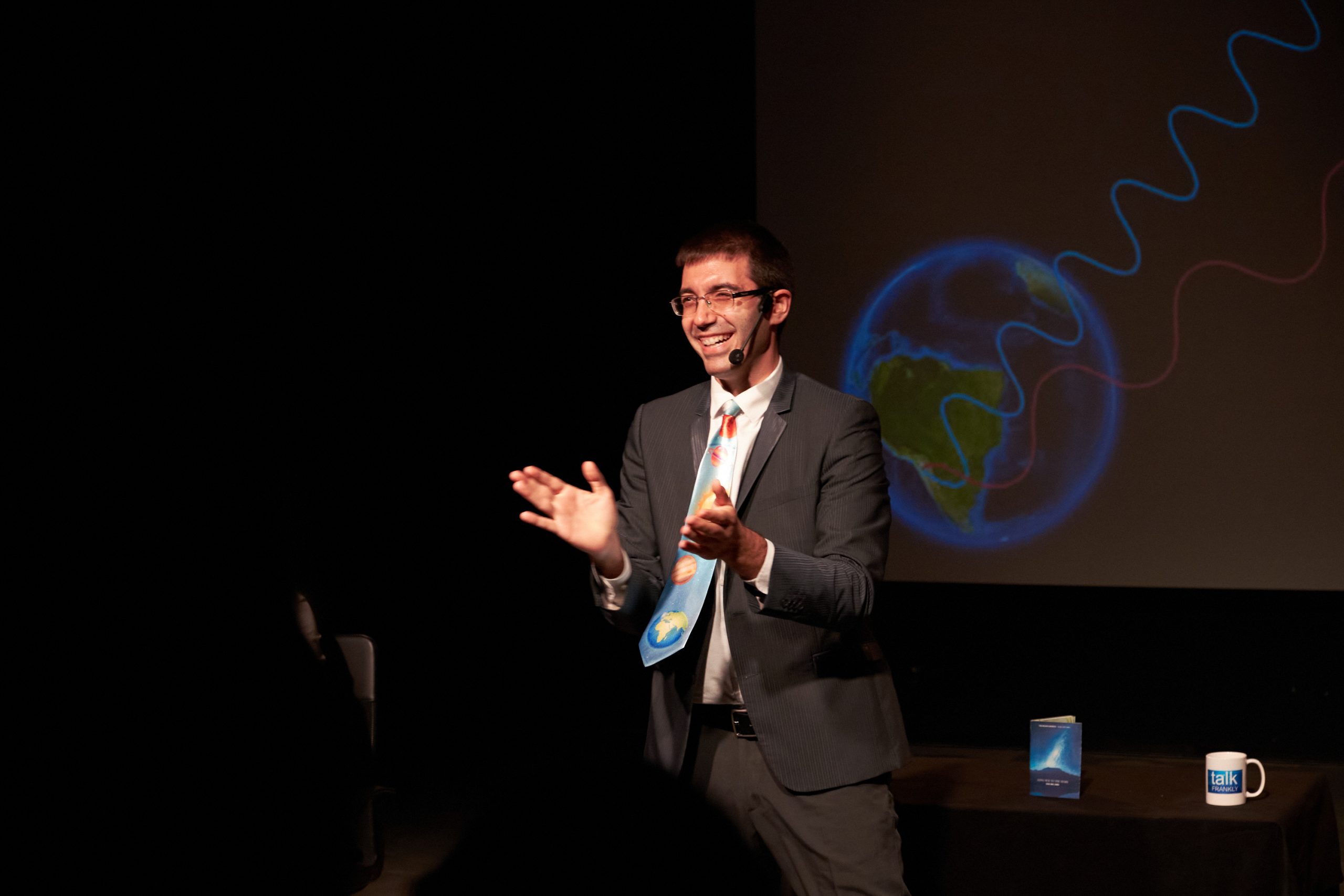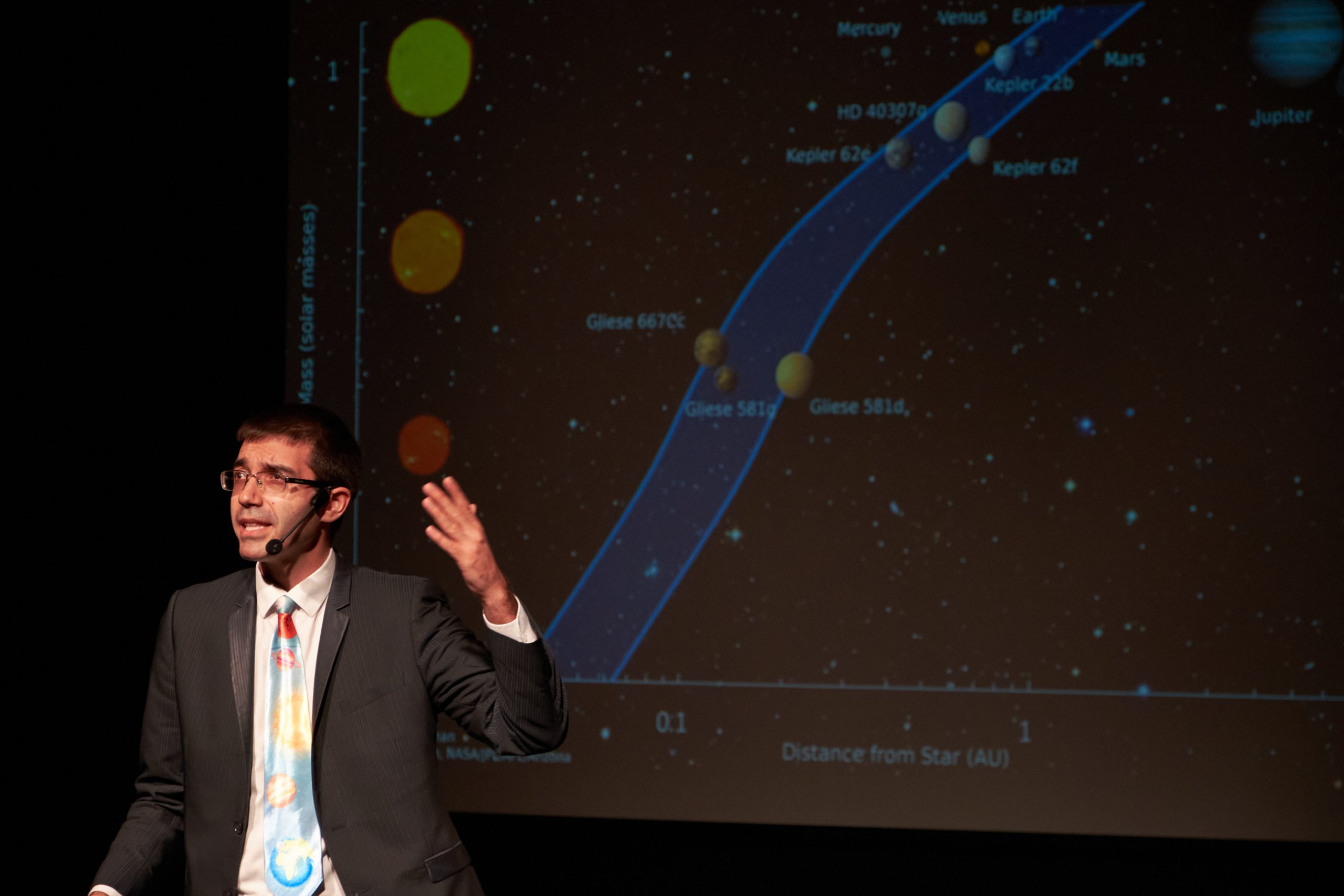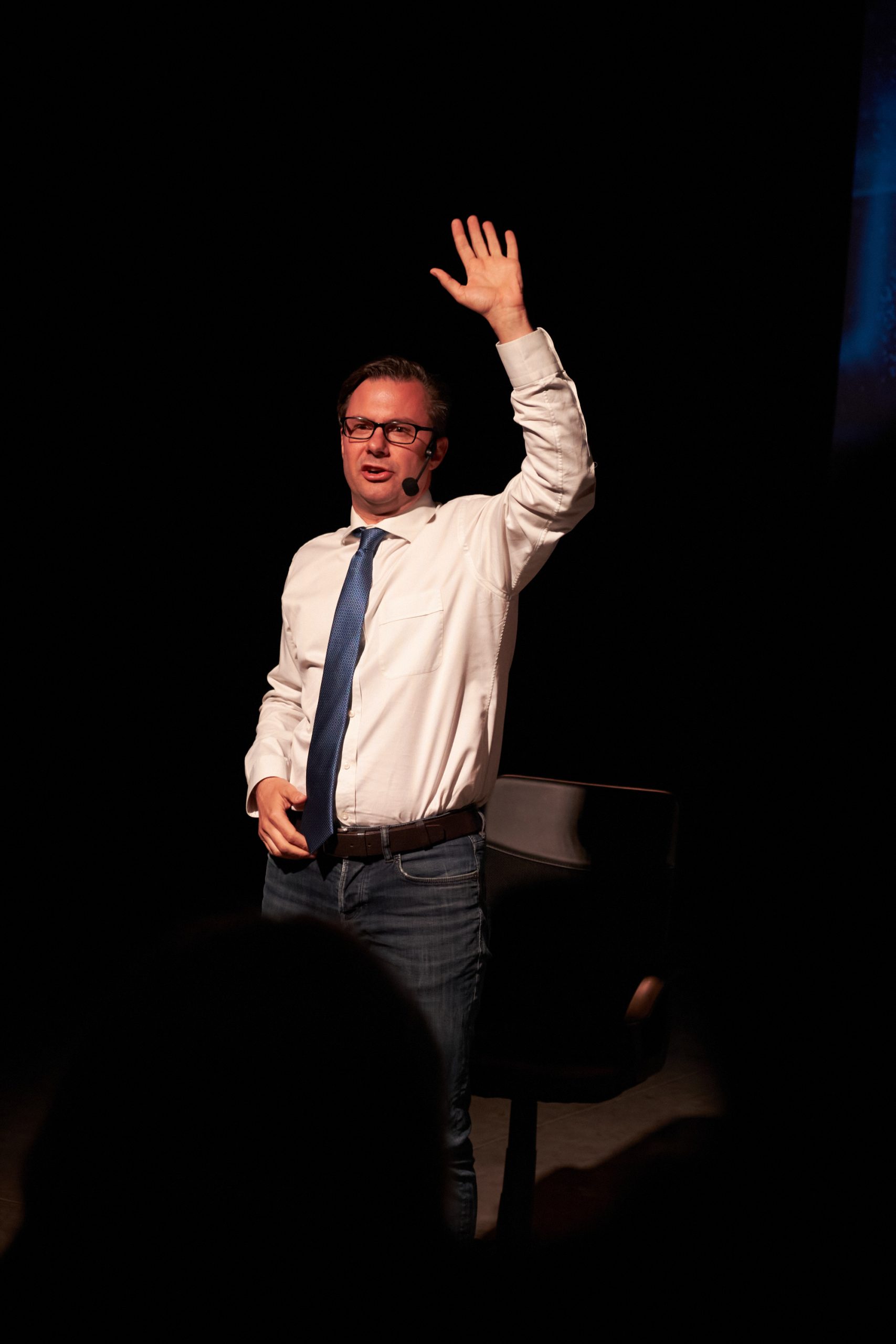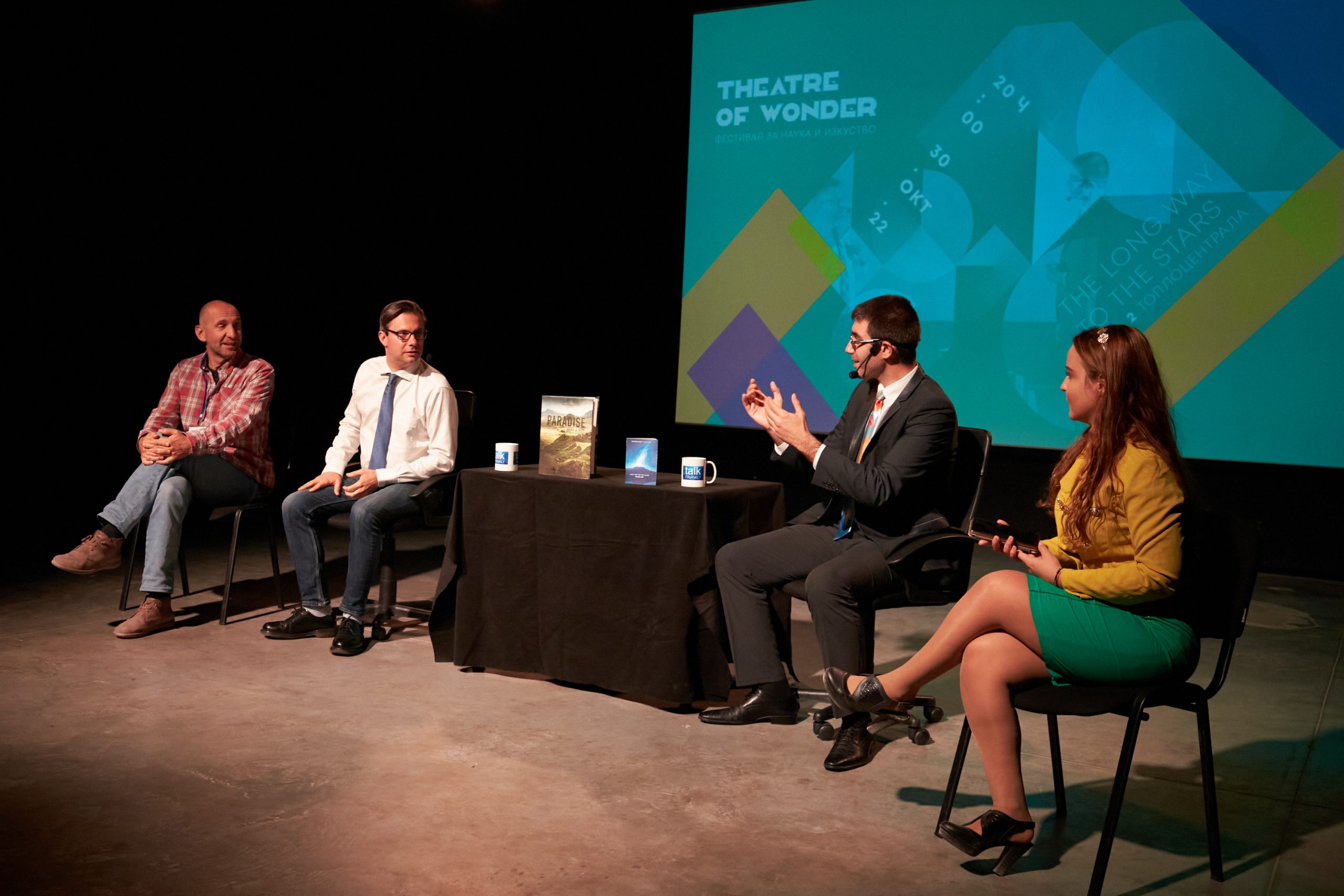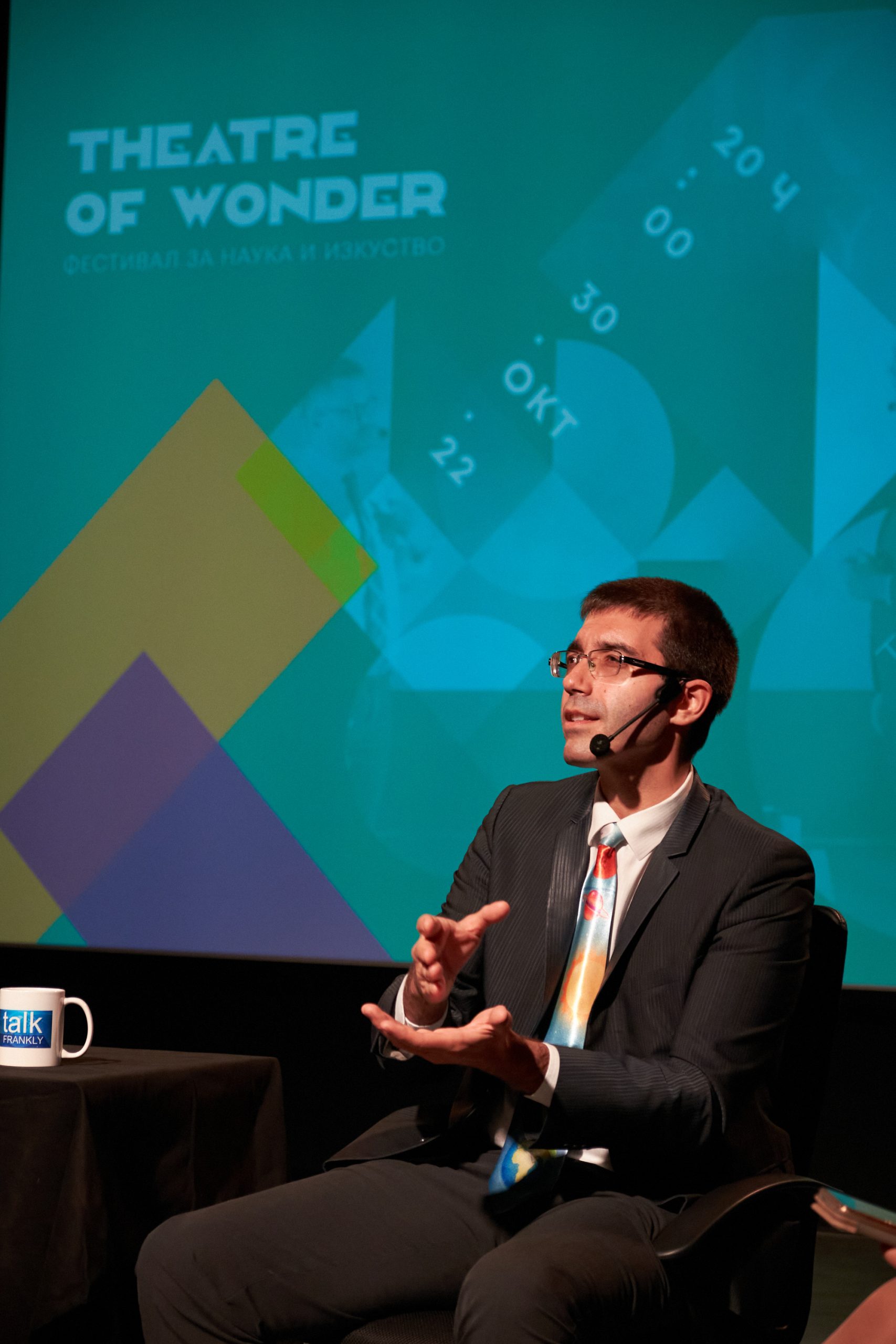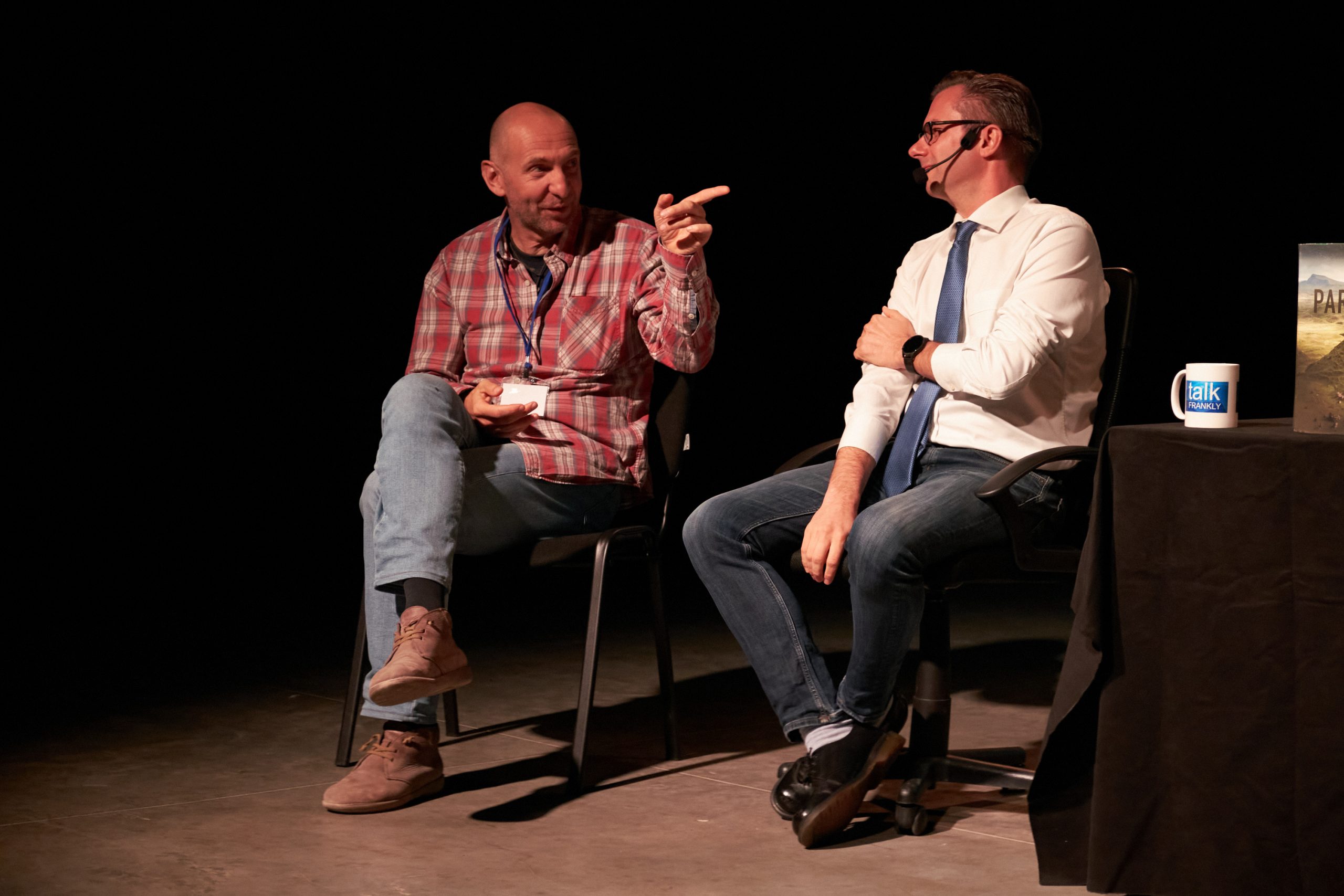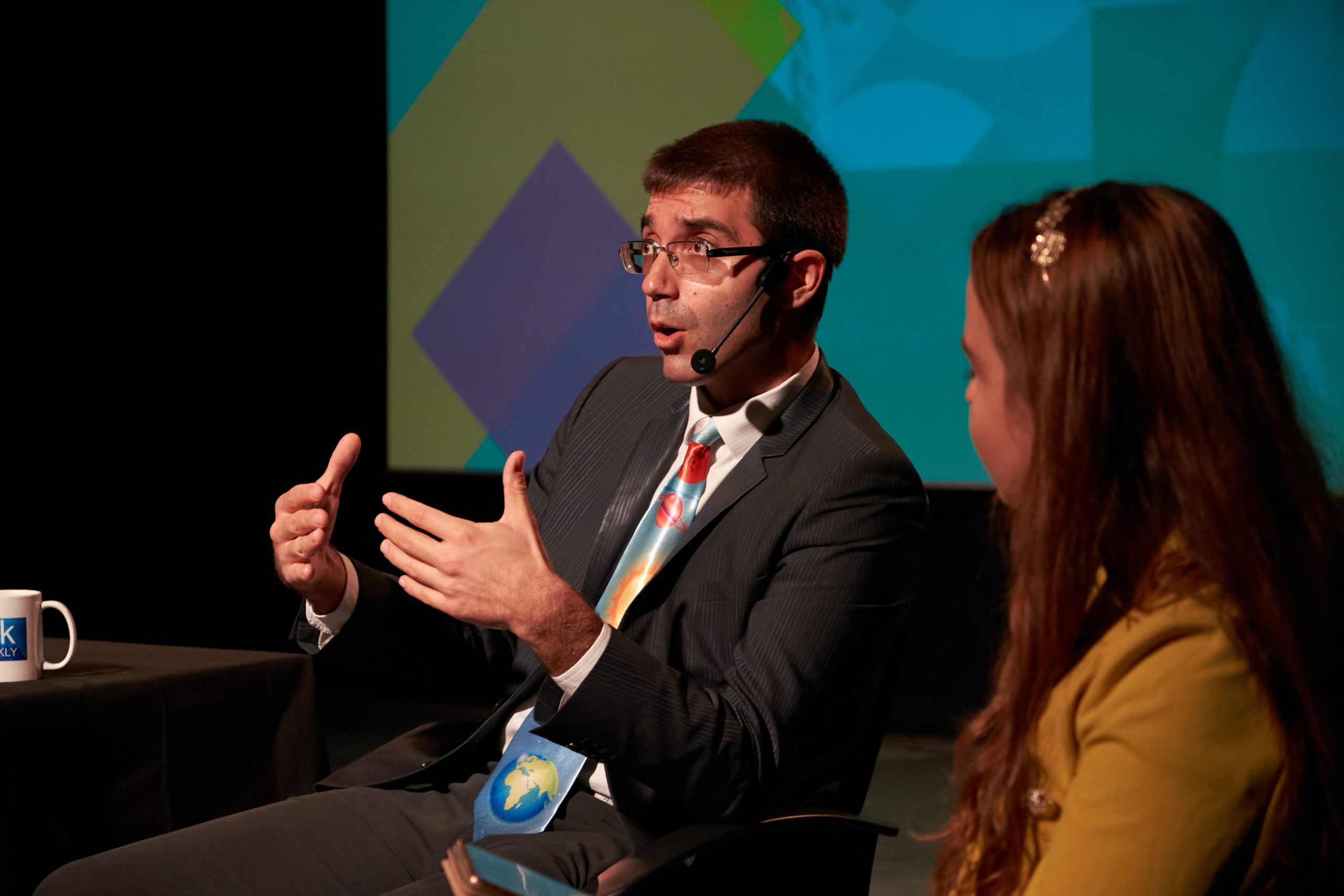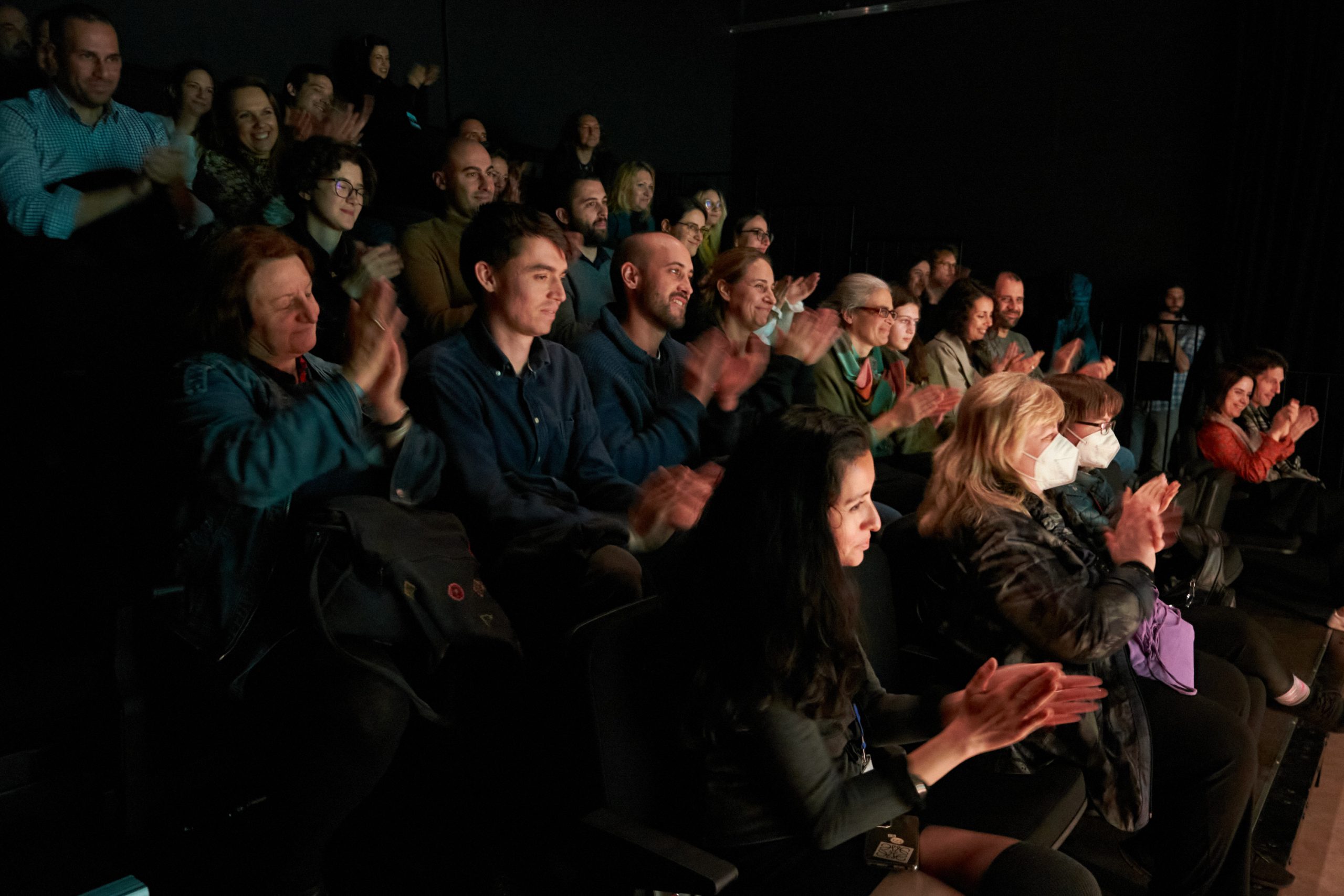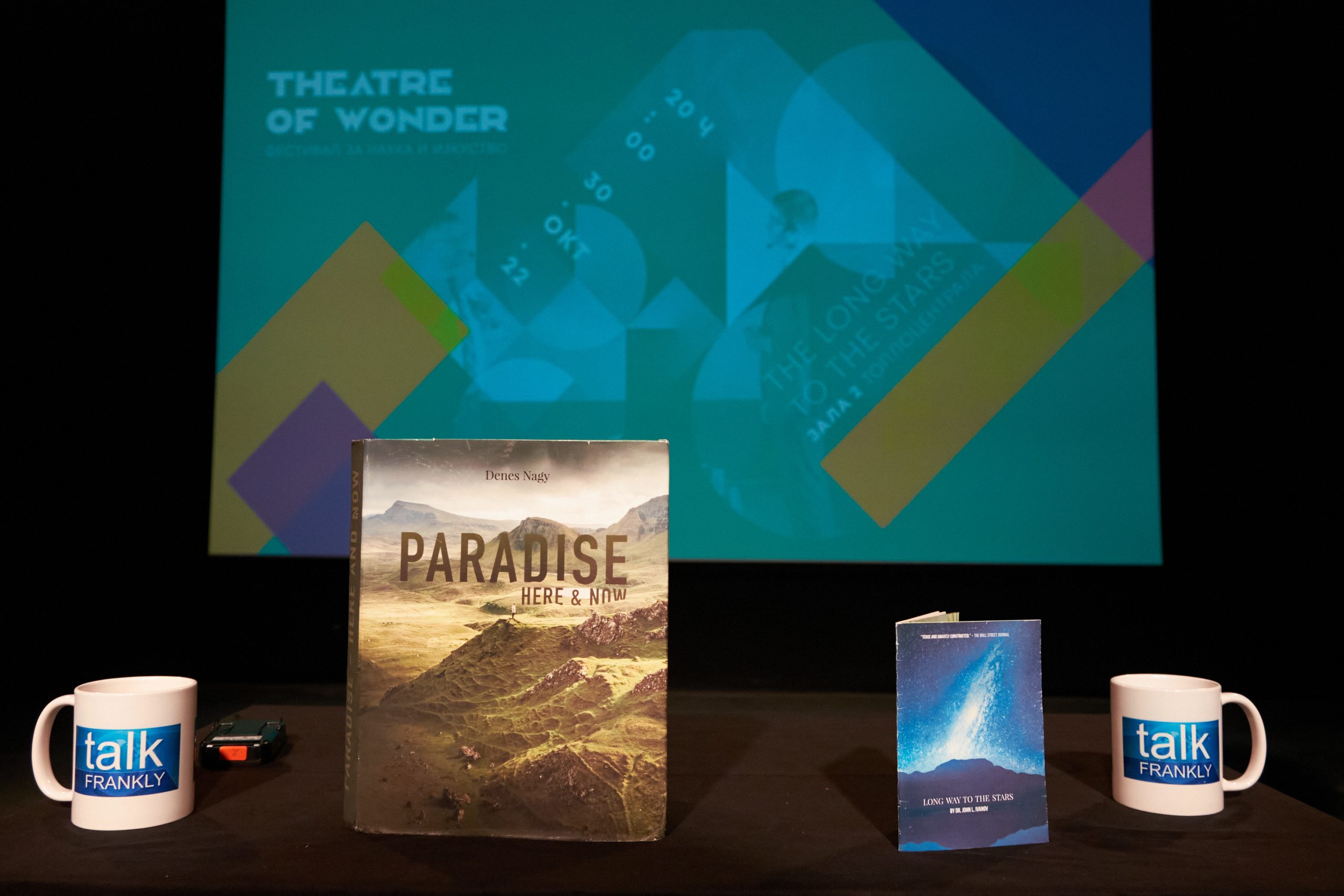From the origins of life to the meaning of love; from scary poisons to even scarier media manipulations; from maps of the Earth to the history of the stars. The world around us is full of wonders. The wonders of science find their place in art – and in the dance between them, the Theatre of Wonder is born.
Theatre of Wonder is a European network of festivals dedicated to collaboration between artists and scientists. The festival presents on stage the wonders of science in a theatre form. Its first edition in Bulgaria took place in 2021, and this time we have expanded the programme to bring you even more interesting topics!
The festival programme includes stage productions in intriguing scientific fields that will spark your imagination and inspire you. The creative interaction between artists and scientists gives birth to a new format that we called Augmented Lectures.
October 27th, Thursday
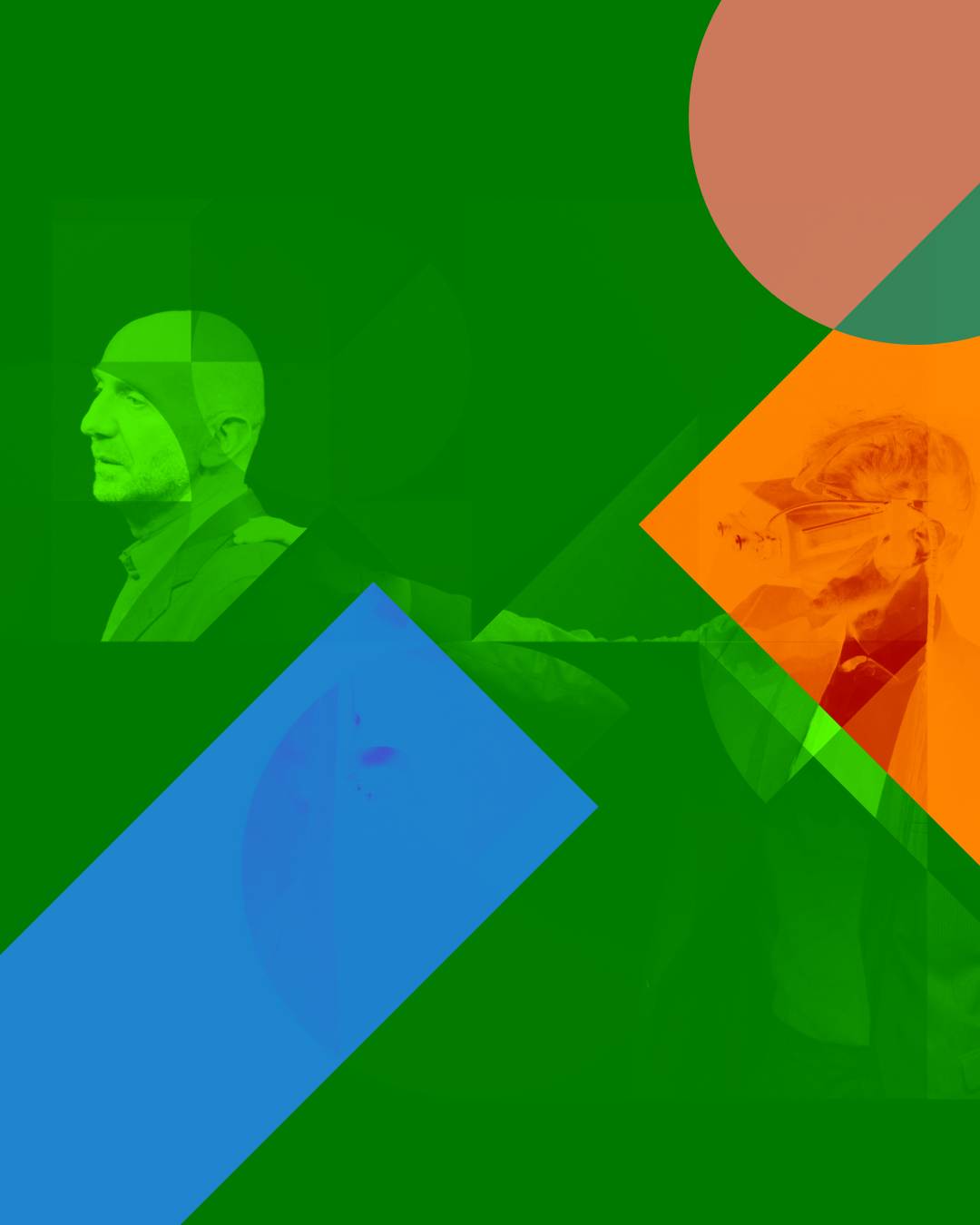
Medicine of the Future - 19h00
Science theatre performance. Field: Мedicine. In English. Duration: 60 min. Toplocentrala, Hall 1.
Personalized medicine uses a patient’s DNA, gender, ethnic characteristics and age to identify the best medicine available. In Medicine of the Future, you will learn about innovative gene therapies already being used to treat insidious diseases. See for yourself the revolution that personalized medicine is bringing to humanity! The show also goes beyond the specific topic to connect with deeper human themes: how do we accept the fact that we are mortal, does our existence have a purpose, what is the meaning of it all?
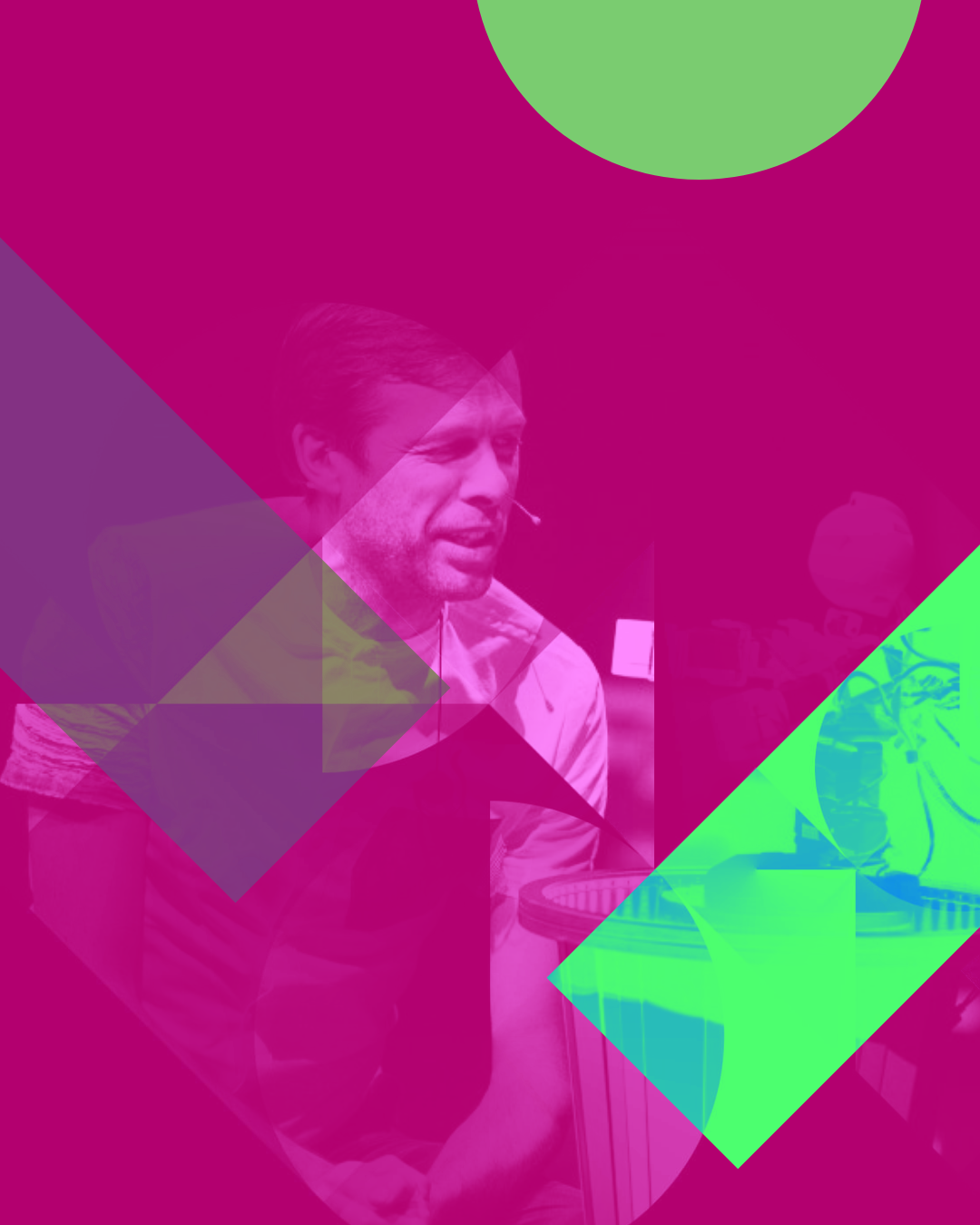
Improbotics - 20h30
Science theatre performance. Filed: Computer Science. In English. Duration: 60 min. Toplocentrala, Hall 2.
What do improvisational theatre and artificial intelligence have in common? Improbotics combines an improvised theatre show with a science experiment based on Turing test. The show involves a chatbot that tries to impersonate a human by sending cues to one of the improvisers on stage. The challenge for you is to find physical and emotional meaning in cues generated by the artificial intelligence that may not have any at all.
October 28th, Friday
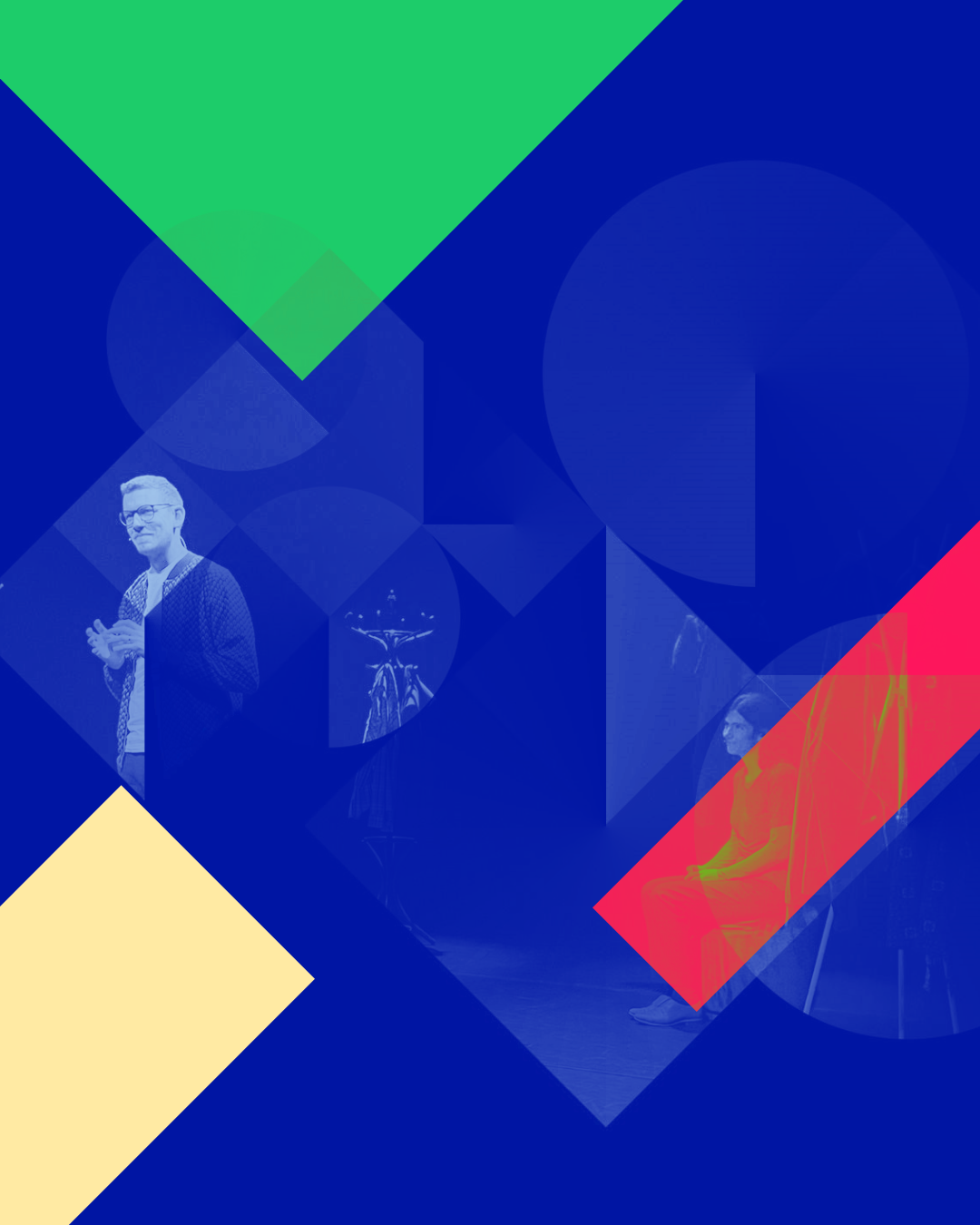
So Is This Love? - 19h00
Augmented Lecture. Field: Philosophy. In English. Duration: 27 min. Toplocentrala, Hall 1.
Love is a word loaded with many meanings. On stage, philosopher Professor Dr. Katrien Schaubrock and improviser and linguist Dr. Ben Verhoeven explore different love relationships and what exactly love means. Through a series of monologues, the creators of “So Is This Love?” encourage you to reflect on concepts of love, and each person can choose the one that matches their own ideas.
Love takes many forms that are subjective. Realizing this fact can be both liberating and very confusing.
Admission to “So Is This Love” and “alSham (Epilogue)” is with one combined ticket.
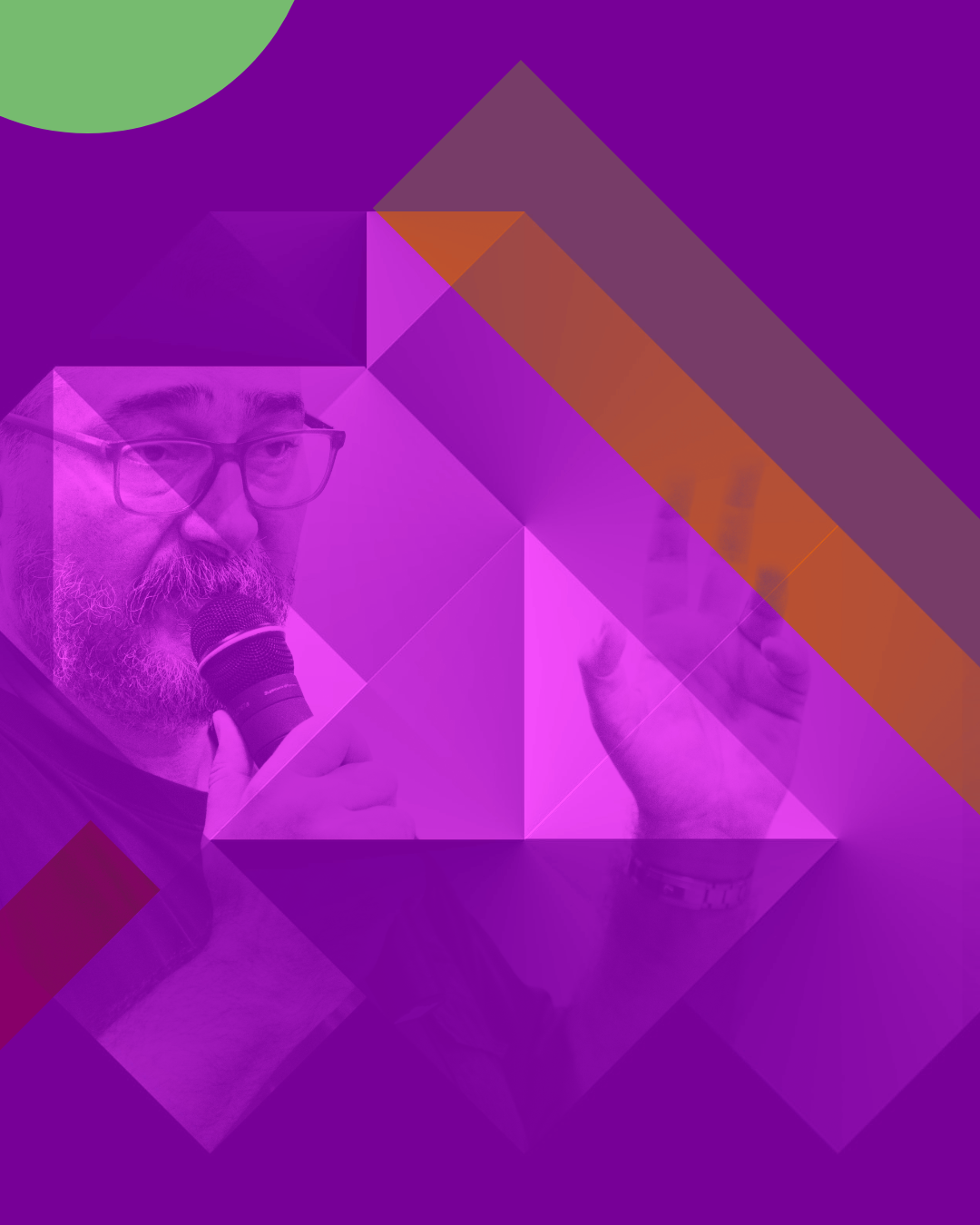
alSham (Epilogue) - 19h45
Lecture based on immersive performance. Area: Мedia Studies. In English. Duration: 60 min. Toplocentrala, Hall 1.
The immersive project “alSham” deals with the plight of asylum seekers in contemporary Western European society. It is often filled with prejudices and distorted perceptions that are spread through media manipulation. Serbian screenwriter, filmmaker and media expert Mirko Stojkovic will present how media manipulation influences opinion formation and prejudice. Using the spectator as a test subject, alSham demonstrates in practice the role of media in creating the reality around us.
Admission to “So Is This Love” and “alSham (Epilogue)” is with one combined ticket.
October 29th, Saturday
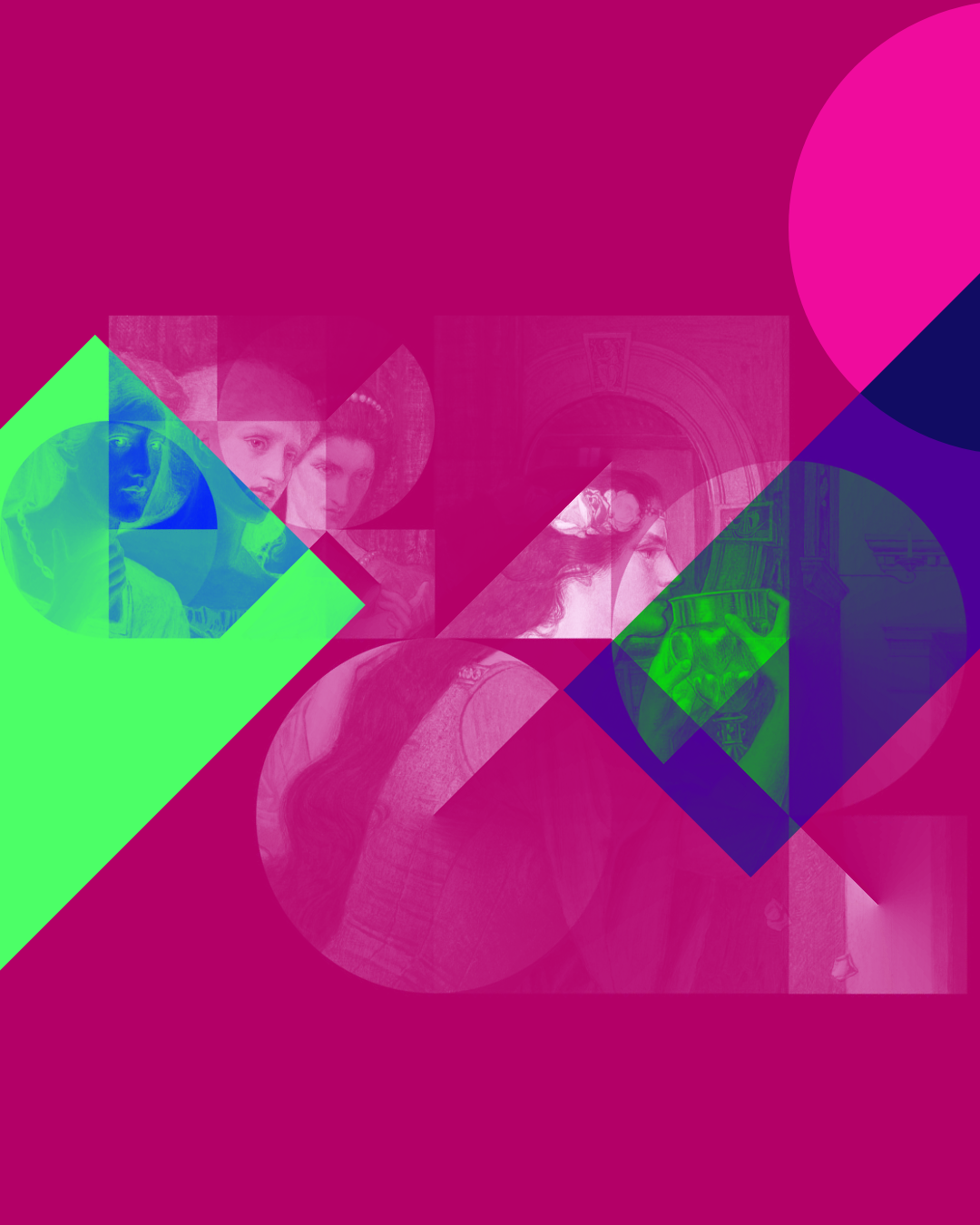
Sweet Poison - 18h30
Augmented Lecture. Area: Chemistry. In Bulgarian. Duration: 50 min. Suitable for children. Toplocentrala, Hall 1.
Poisons accompany mankind both in life and on stage. There is something mystical about death by poisoning that provokes the imagination. Starting with Socrates’ walk after drinking the bucinish, continuing through Romeo and Juliet and their two poisons, the imaginary and the real, we can go all the way to the comedy The Princess Bride and a poison that “has no colour, taste or smell and dissolves instantly into liquid”. But which poisons really work like that, which are complete fiction and which are real poisons beyond our wildest imaginations? This is what you will learn from chemist Nasko Stamenov, impro-actor Jivko Jouranov and musician Anna Bo.
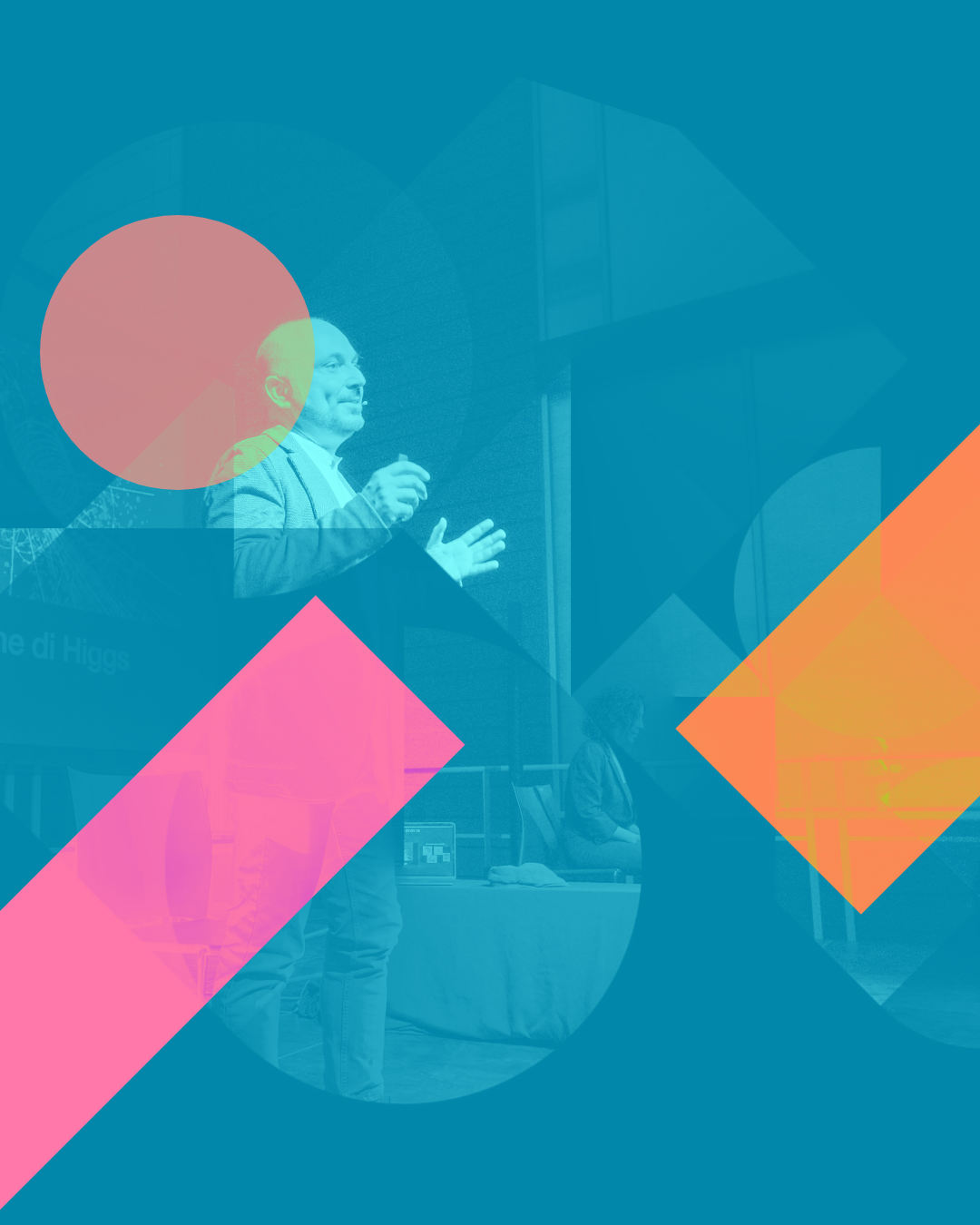
What is Life? - 20h00
Augmented Lexture. Area: Physics and Biology. In English. Duration: 60 min. Toplocentrala, Hall 2.
“What is Life?” This is the title of a series of lectures given by the famous physicist Erwin Schrödinger. He questions the processes for the propagation of life. How can information about who we are and how we function be transmitted from one organism to another? The laws of statistical and quantum mechanics provide him with a sketch of a molecule that must be large enough to hold all the information but small enough to be contained within the cell. 9 years later, DNA was discovered, which started a revolution in biology. However, although we hope that we will be able to explain what life is, we are still far from answering another even more fundamental question: why? We’ll learn more from physicist Gianluca Lattanzi and actress Maura Pettorruso.
October 30th, Sunday
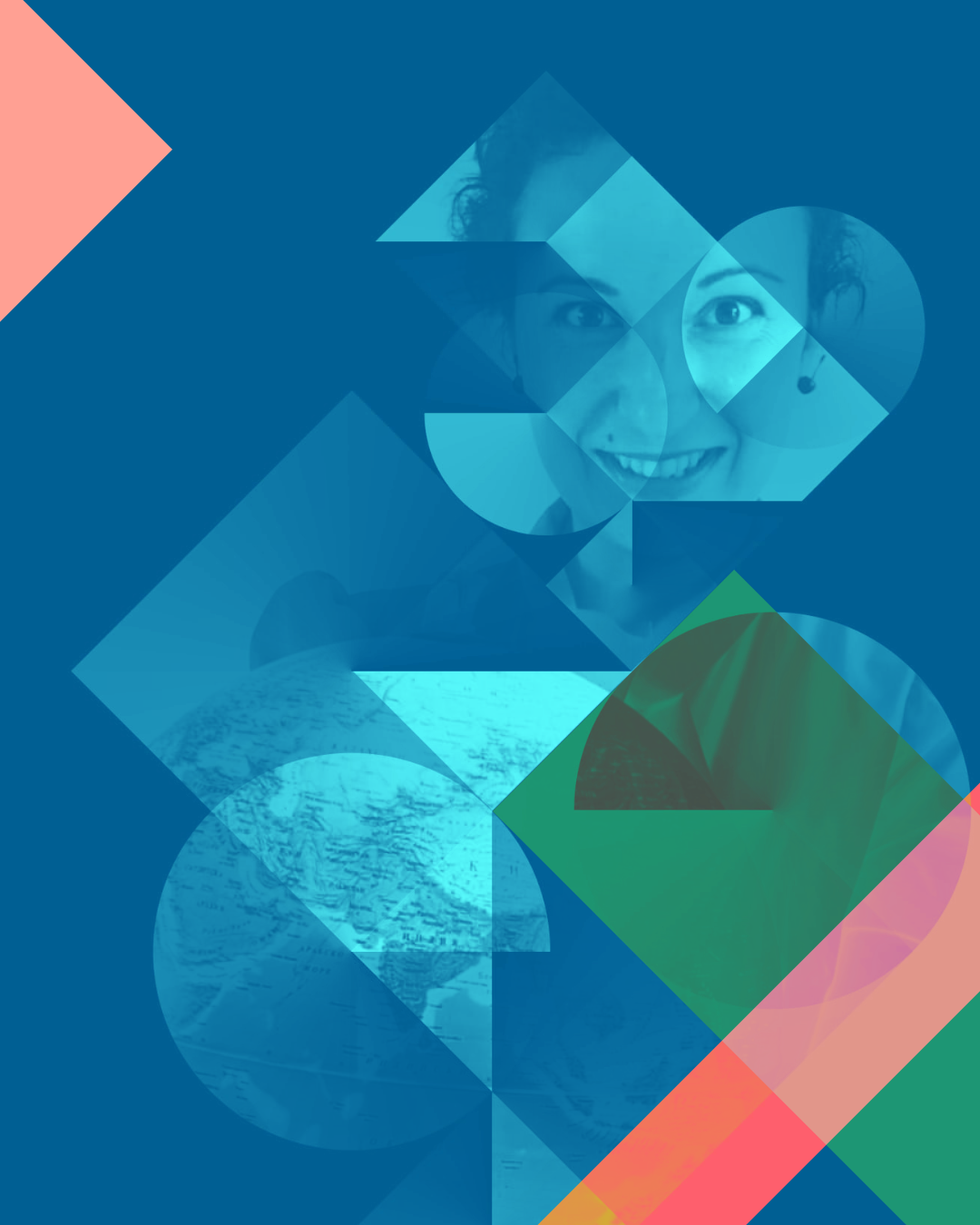
The Exciting World of Maps - 18h30
Augmented Lecture. Field: Cartography. In Bulgarian. Duration: 50 min. Toplocentrala, Hall 1.
Maps have accompanied and supported the development of human civilization. In “The Exciting World of Maps”, geographer Evgenia Sarafova and video-artist Nikola Nalbantov will tell us about the history of maps, their use, and some unexpected and curious applications. Director of the lecture is Dimitar Uzunov.
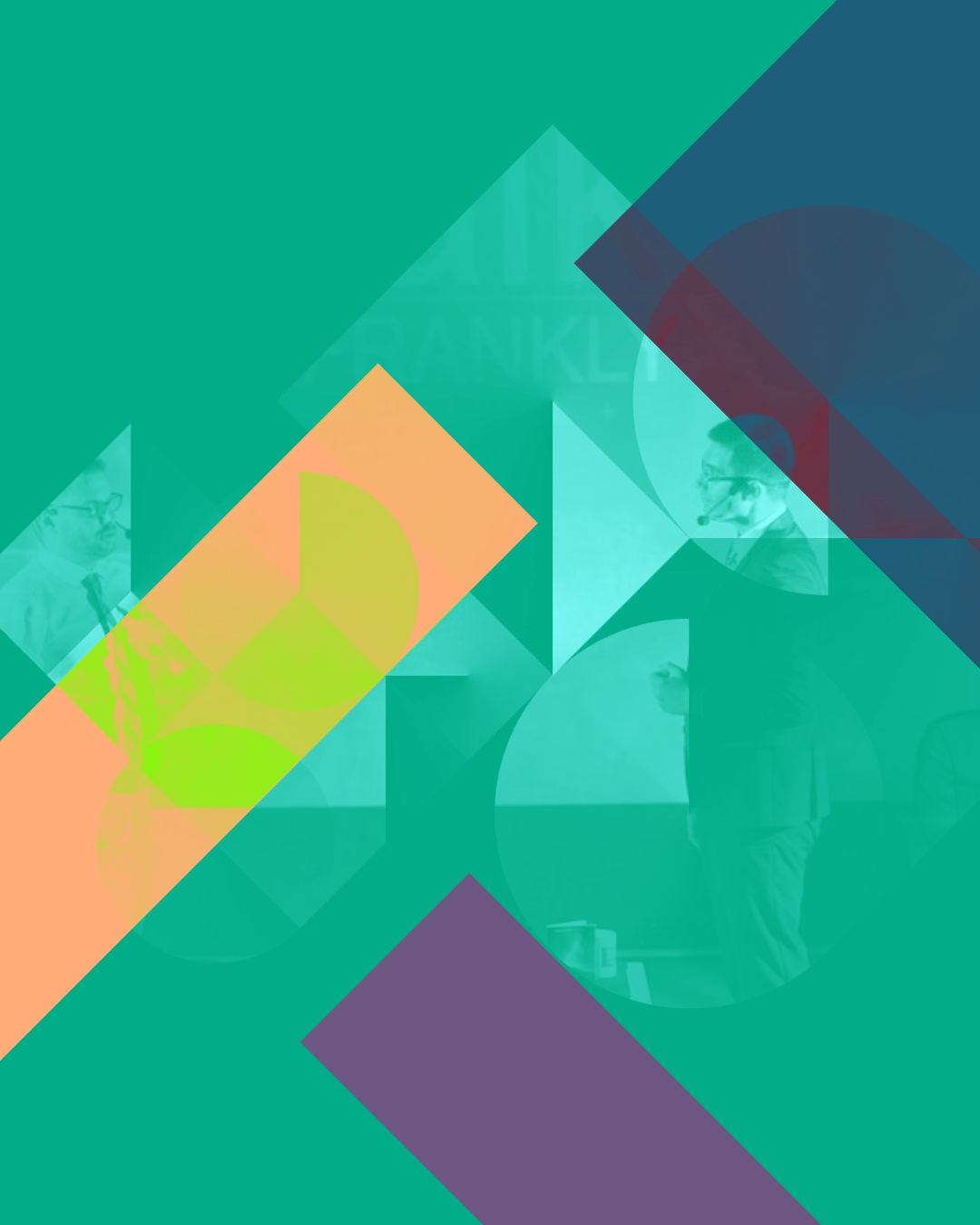
The Long Way to the Stars - 20h00
Space Comedy. Field: Astronomy. In English. Duration: 60 min. Toplocentrala, Hall 2.
The Long Way to the Stars introduces us to the latest scientific theories about the origin of the solar system and life in the universe. In a funny, inventive and accessible way, this comedy immerses us in scientific ideas, making us think about where we are going and what we need to do if we want to survive as a species. With a presidential election coming, a popular television talk show invites the leading candidate, astrophysicist John L. Ivanov, to present his ambitious ideas related to space exploration. The show’s host, Denes Nagy, boldly asks him questions of all kinds. As the polite debate turns into a verbal boxing match, startling ideas about the future of humanity begin to emerge…
Accompanying Event
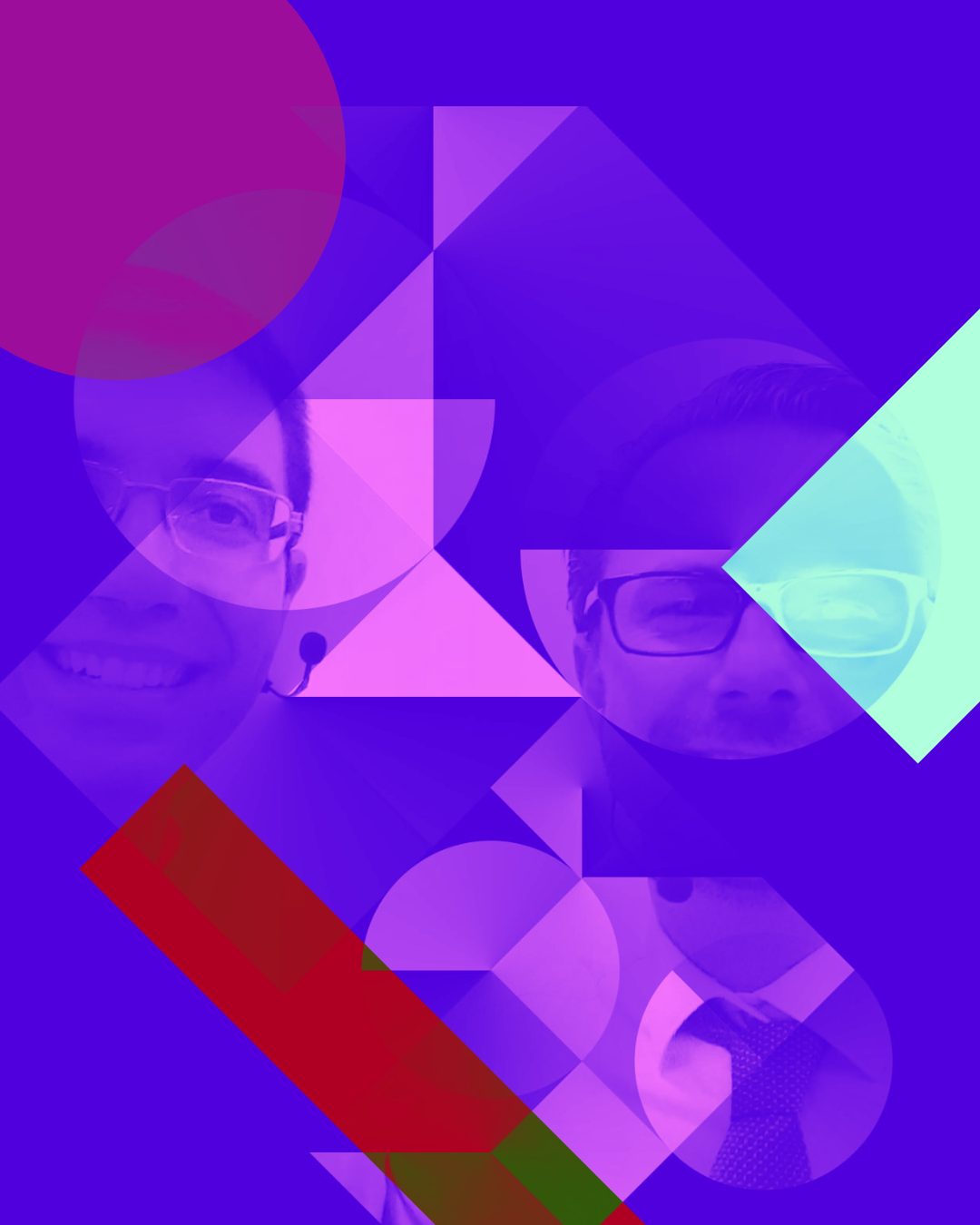
Creative Storytelling and Science Communication - Oct 29th, 10h00
Workshop “How to Create and Tell a Beautiful and Memorable Story About Science” for science communicators, teachers and educators. In Bulgarian. Duration 180 min. Toplocentrala, Hall 2.
The workshop on creating science stories and science communication with Dimitar Uzunov and Dr. Vladimir Bozhilov will give participants practical tools on how to create and tell a compelling story on a science topic to an audience. Participants will learn about different formats for science communication and the basics of successful storytelling.
Theatre of Wonder 2022
Organisers:
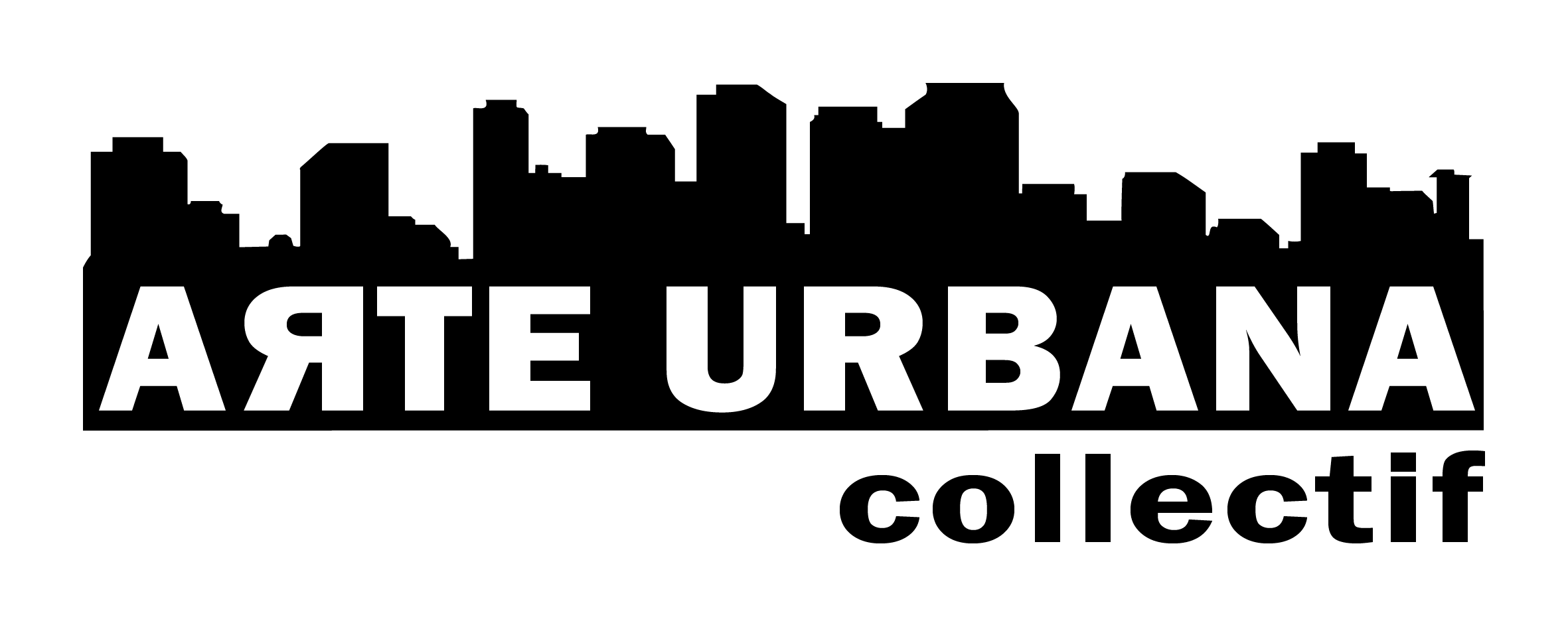
Partners:
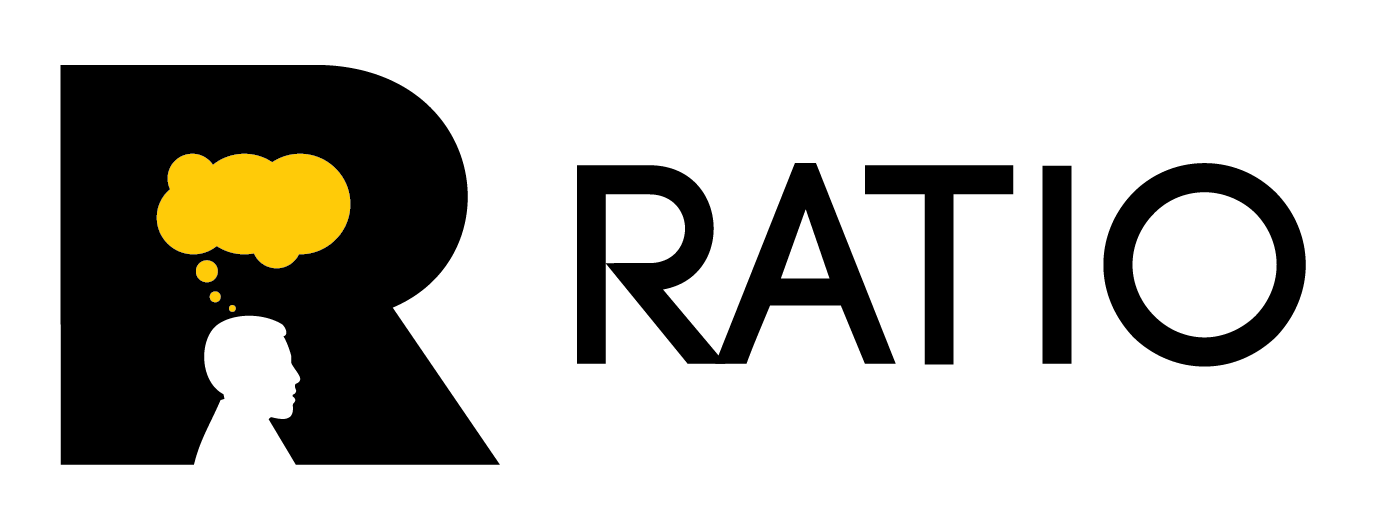

With the support of:

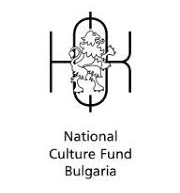
Part of:
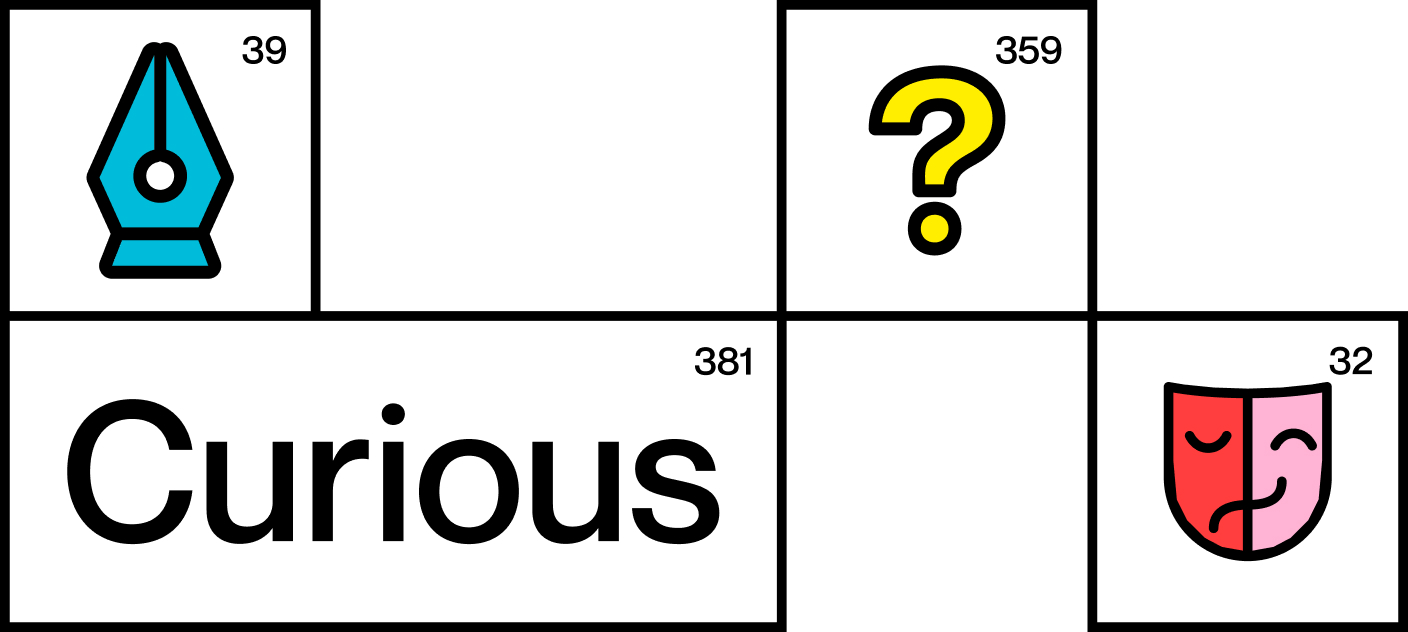
Media partners:


